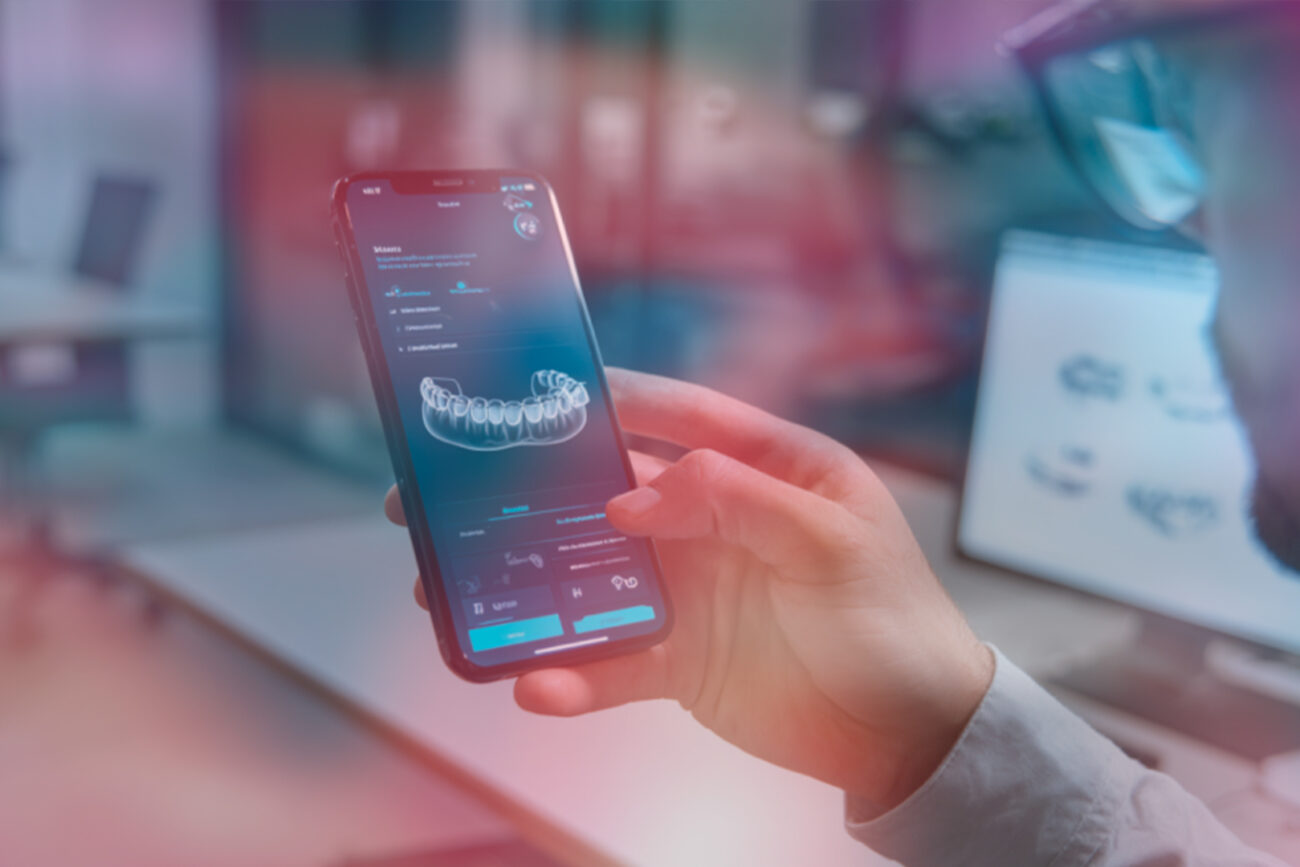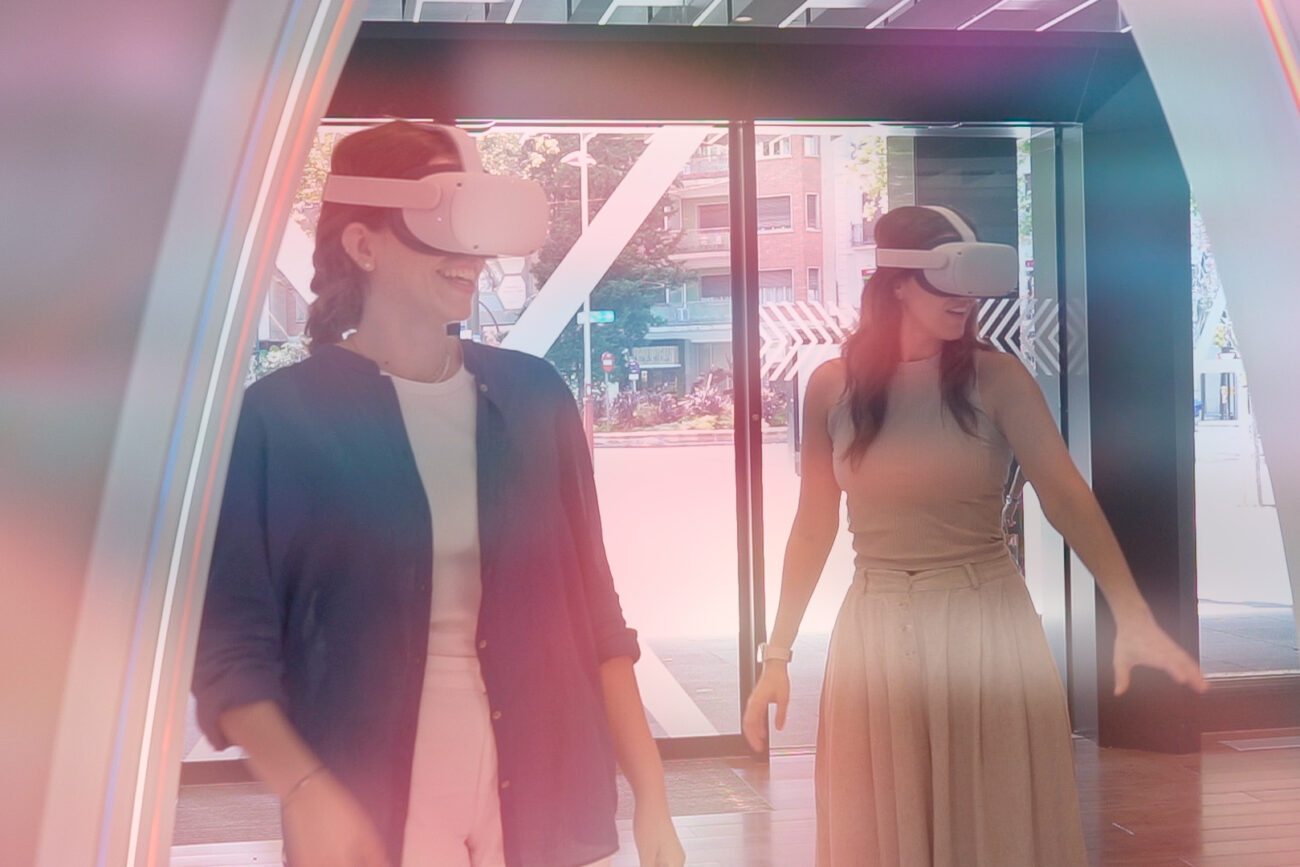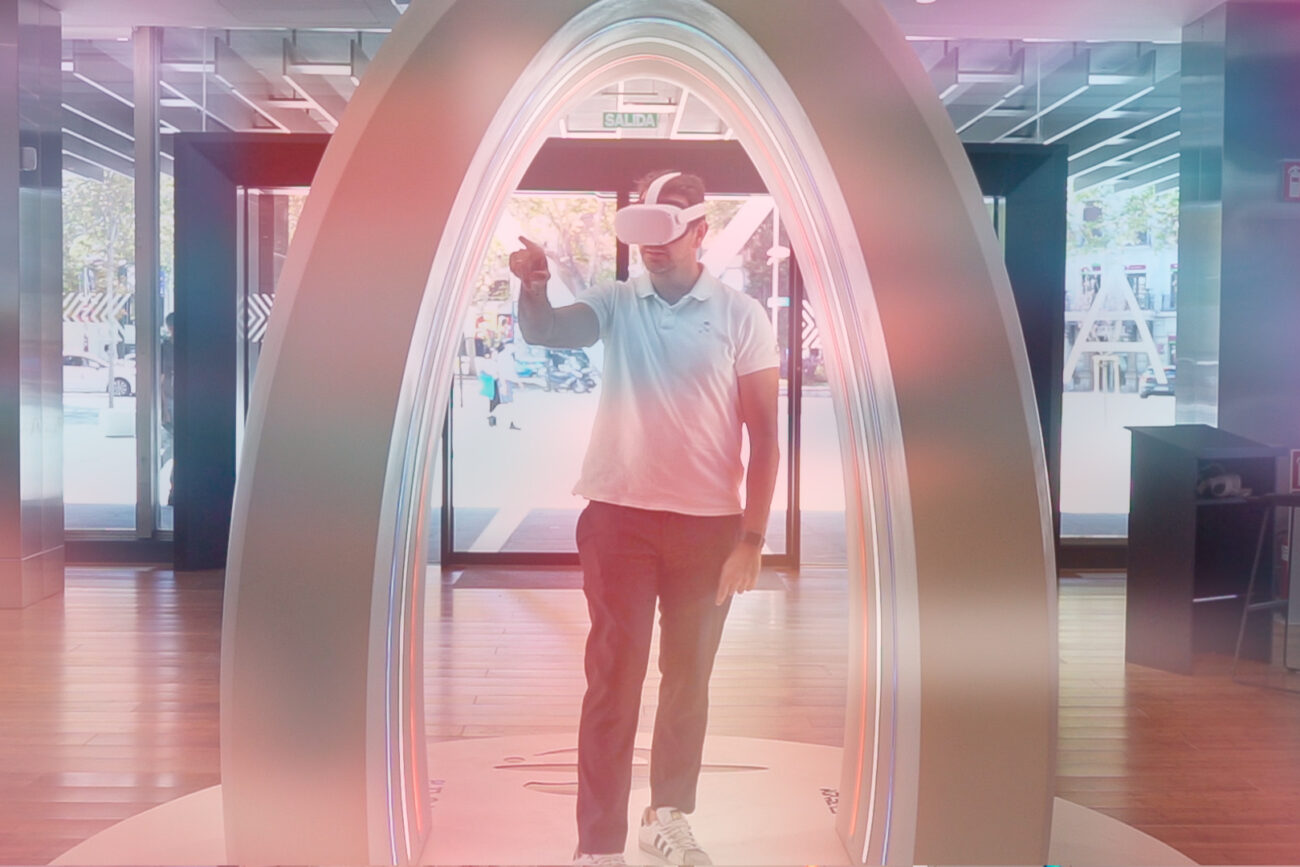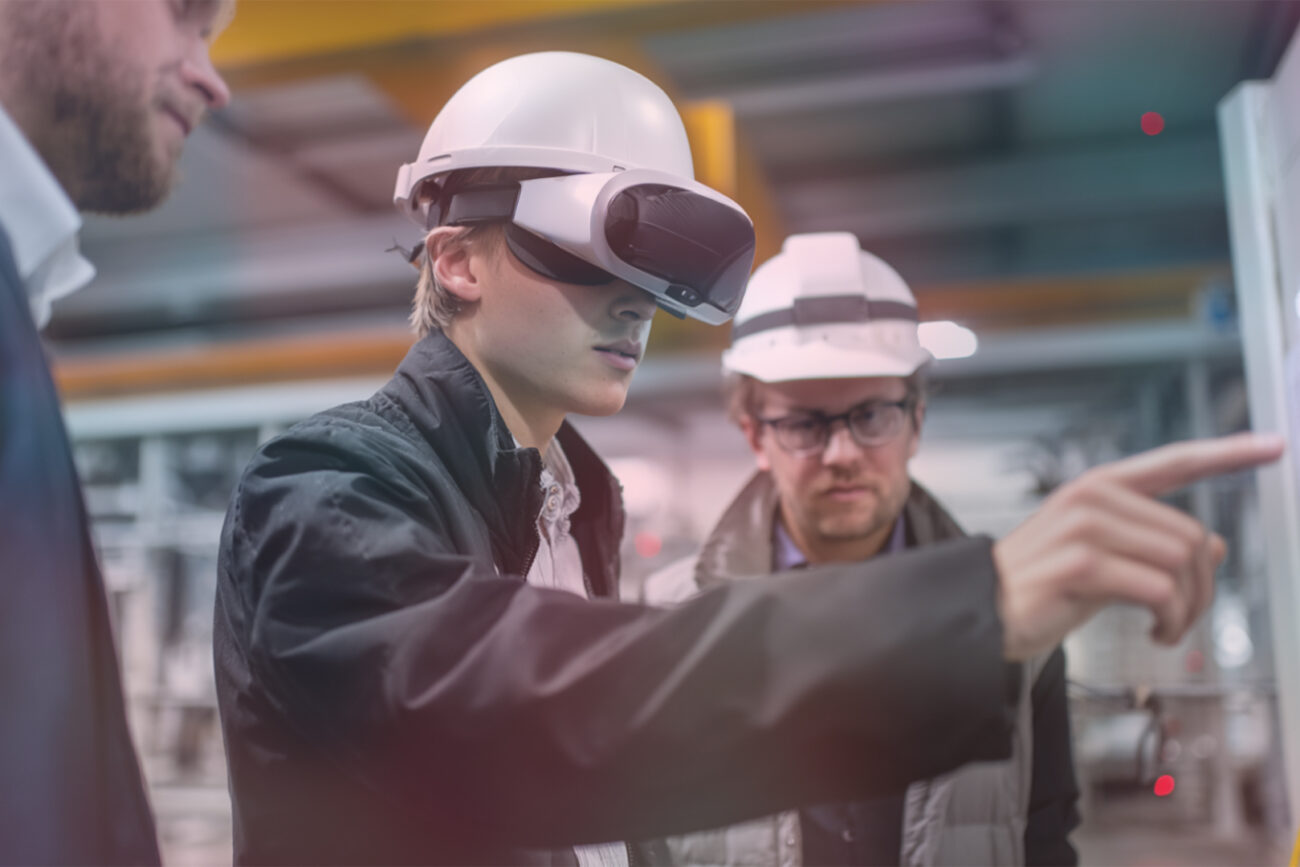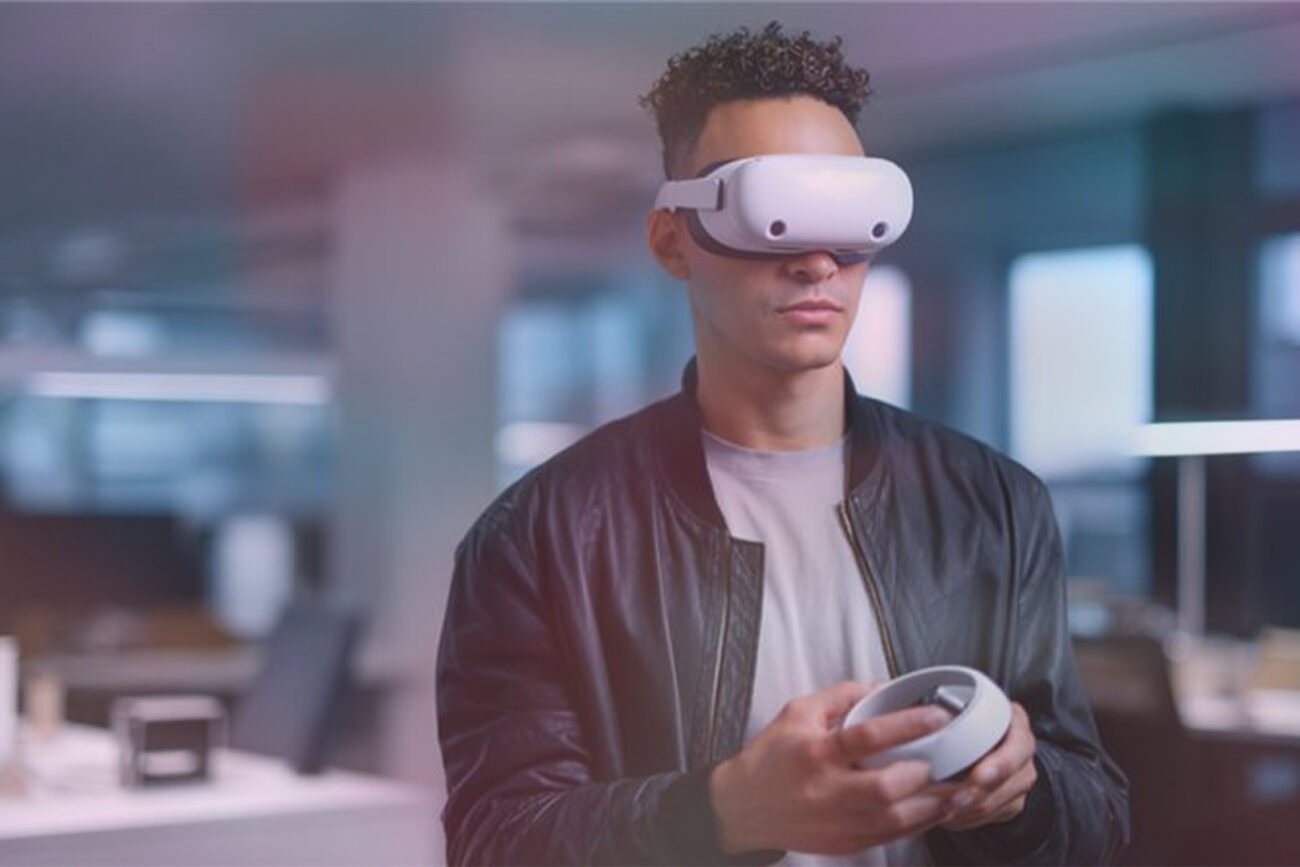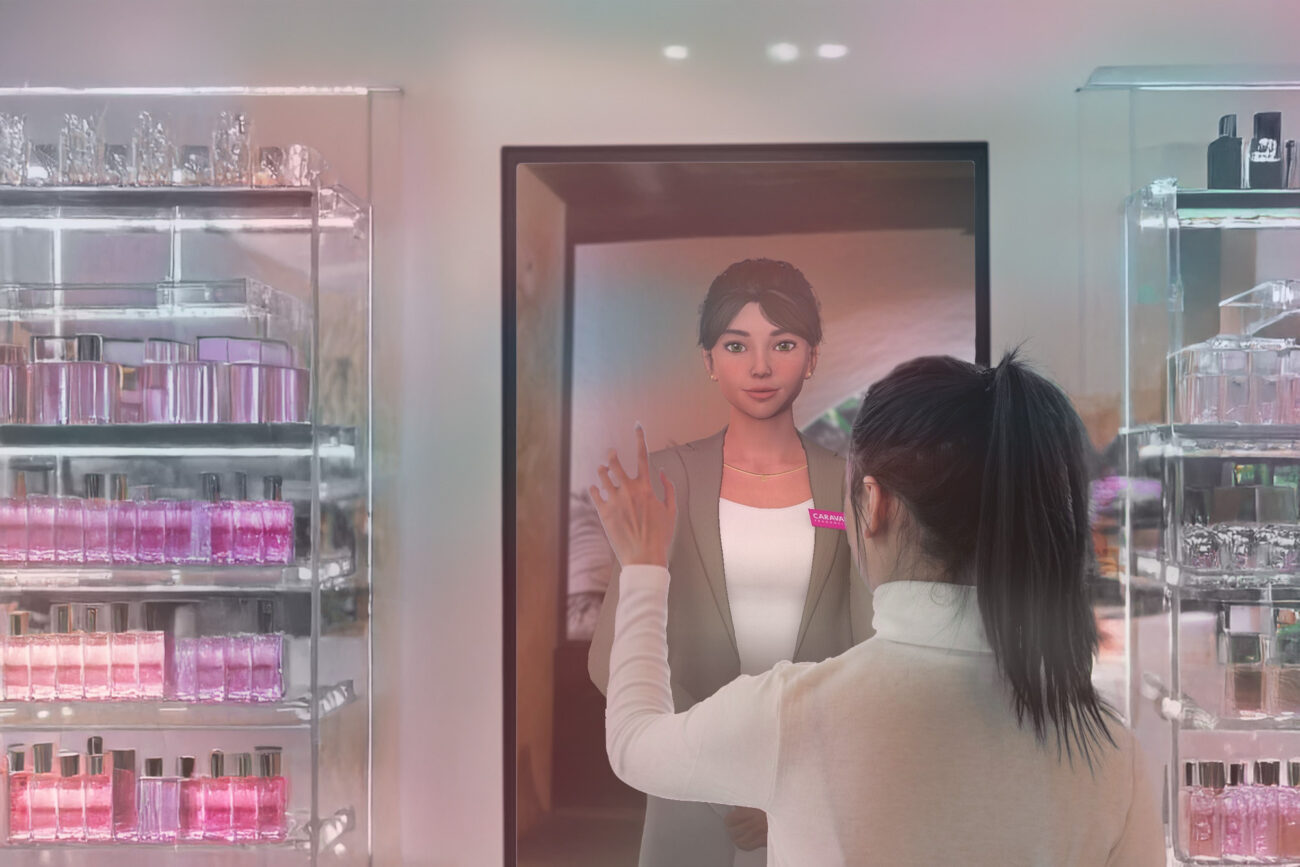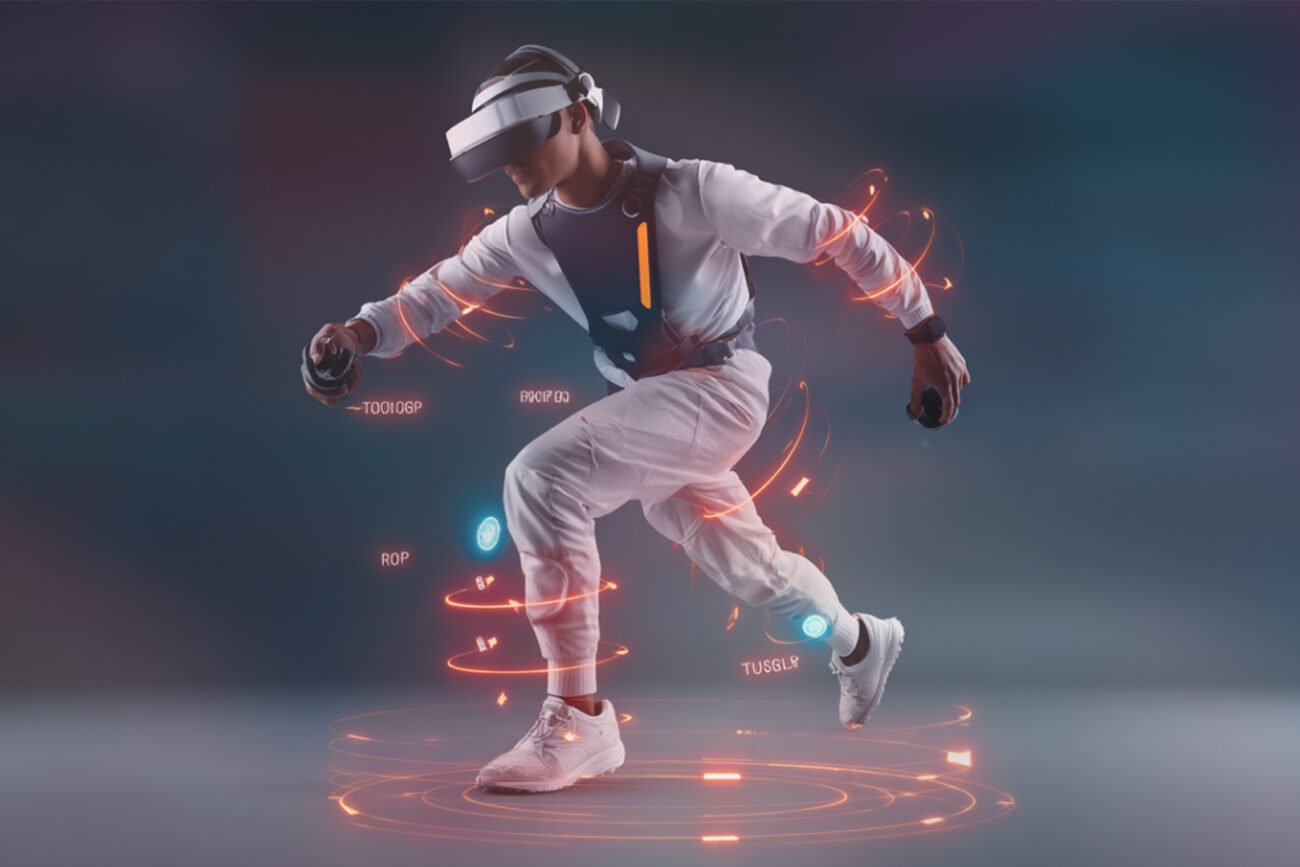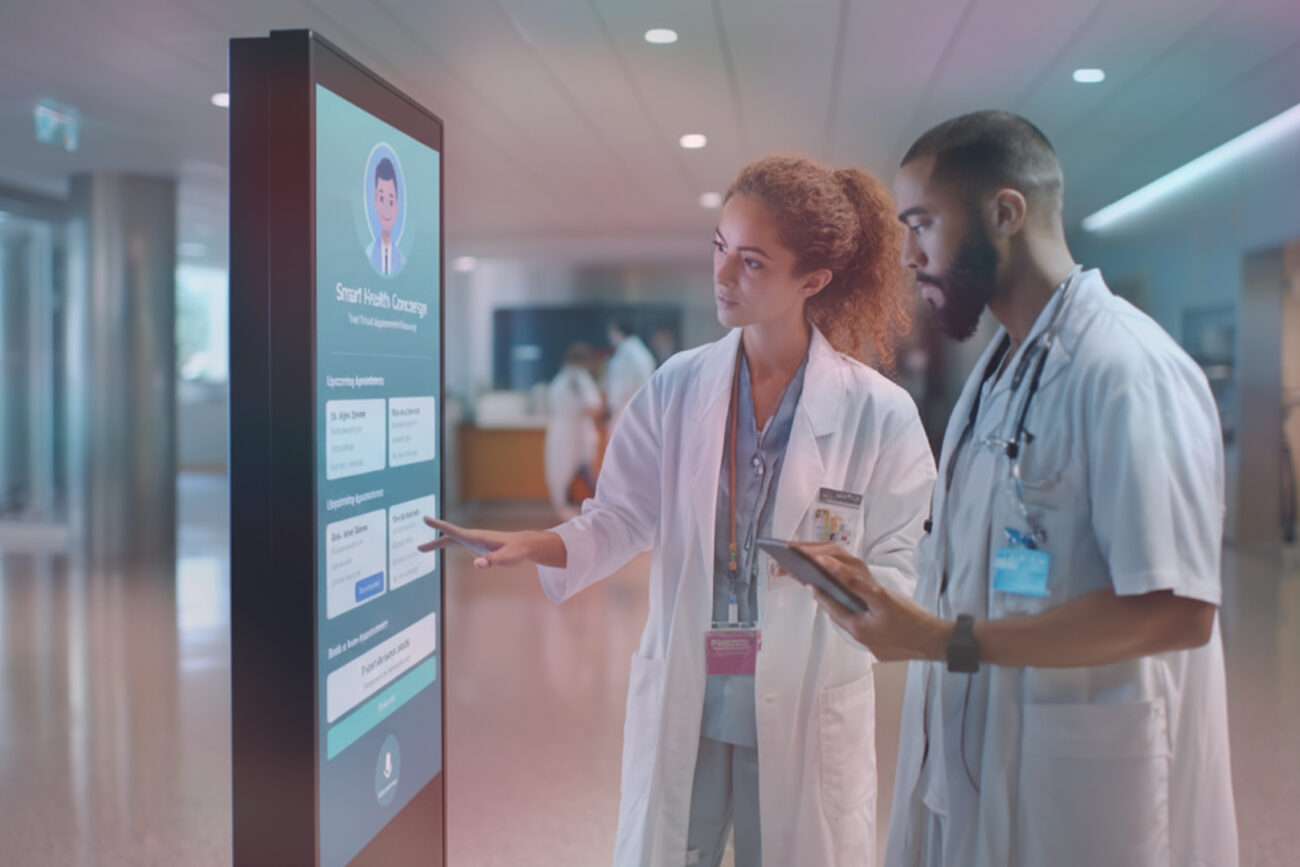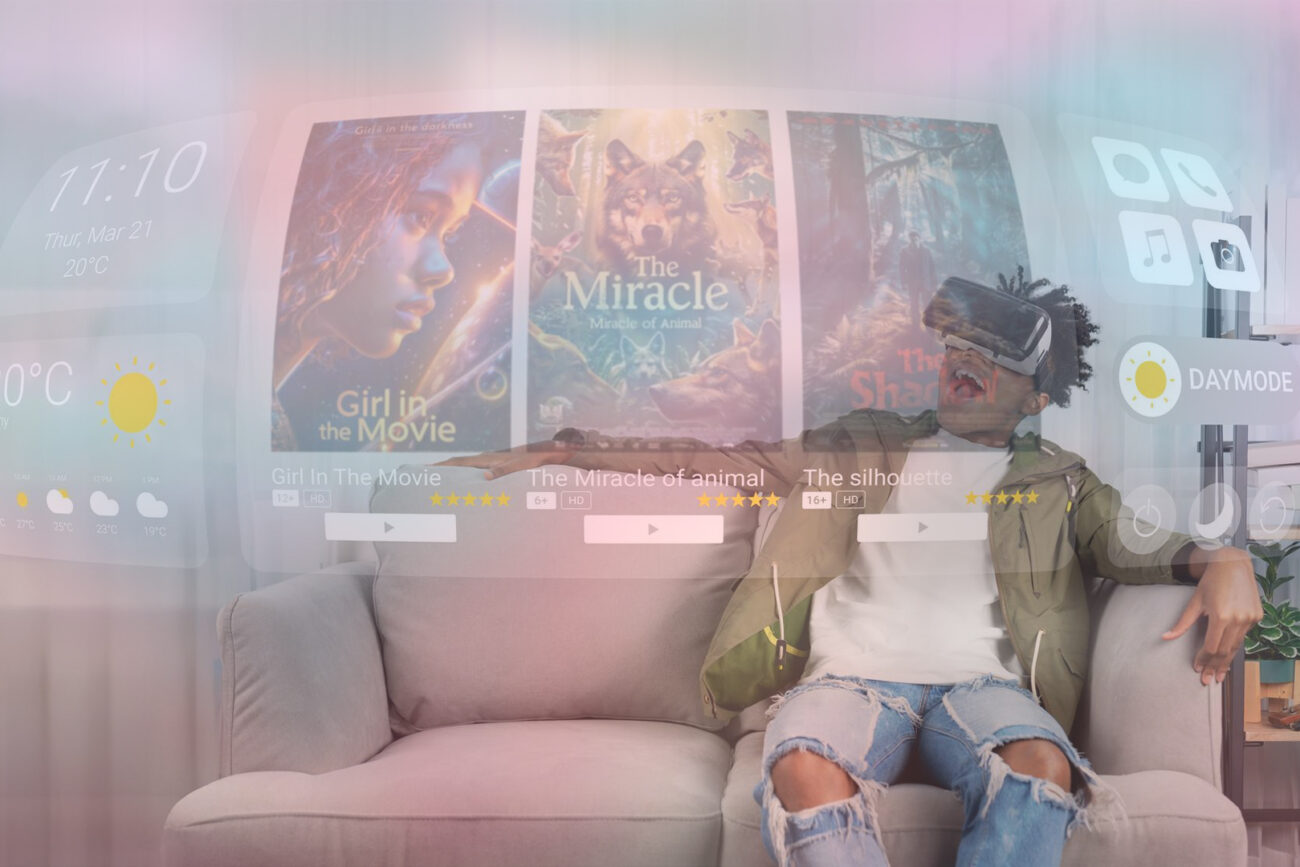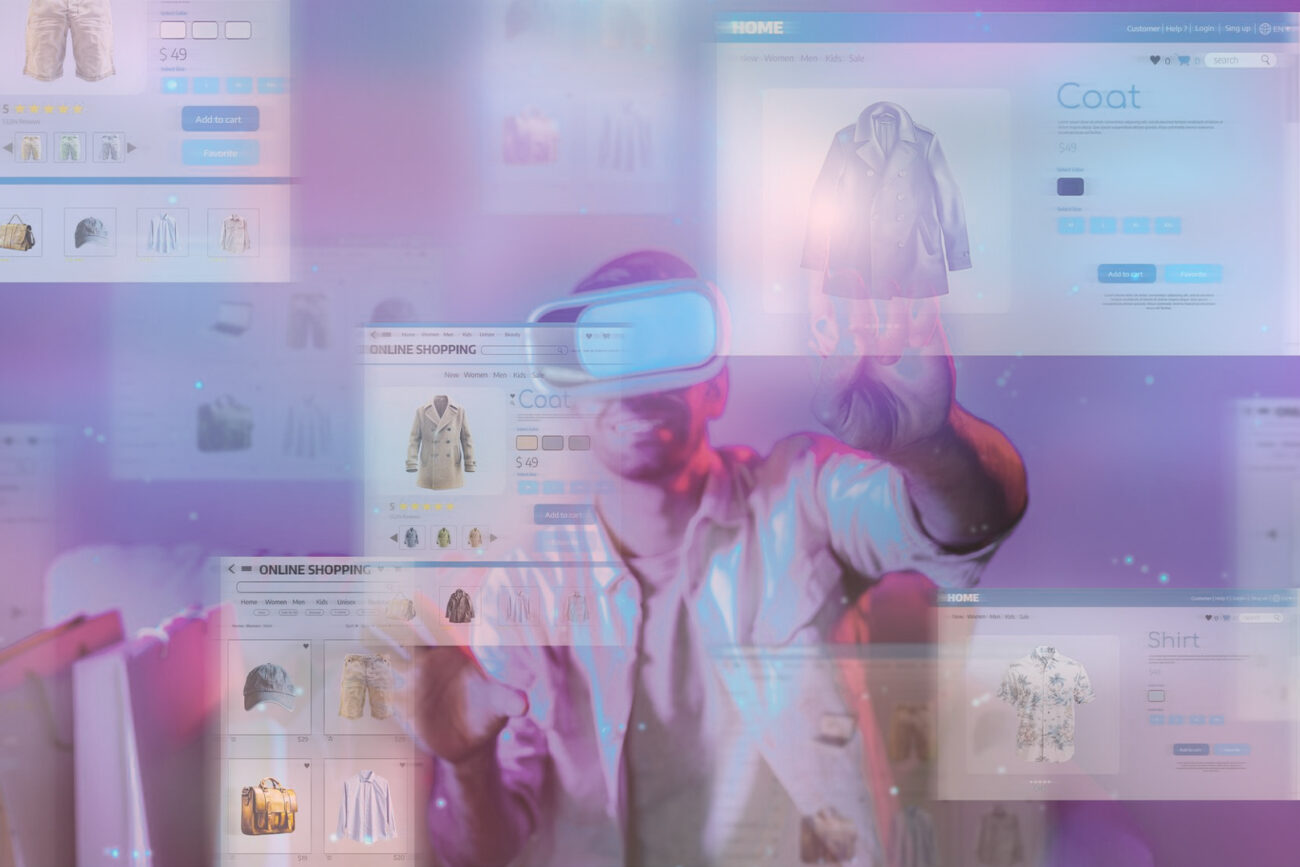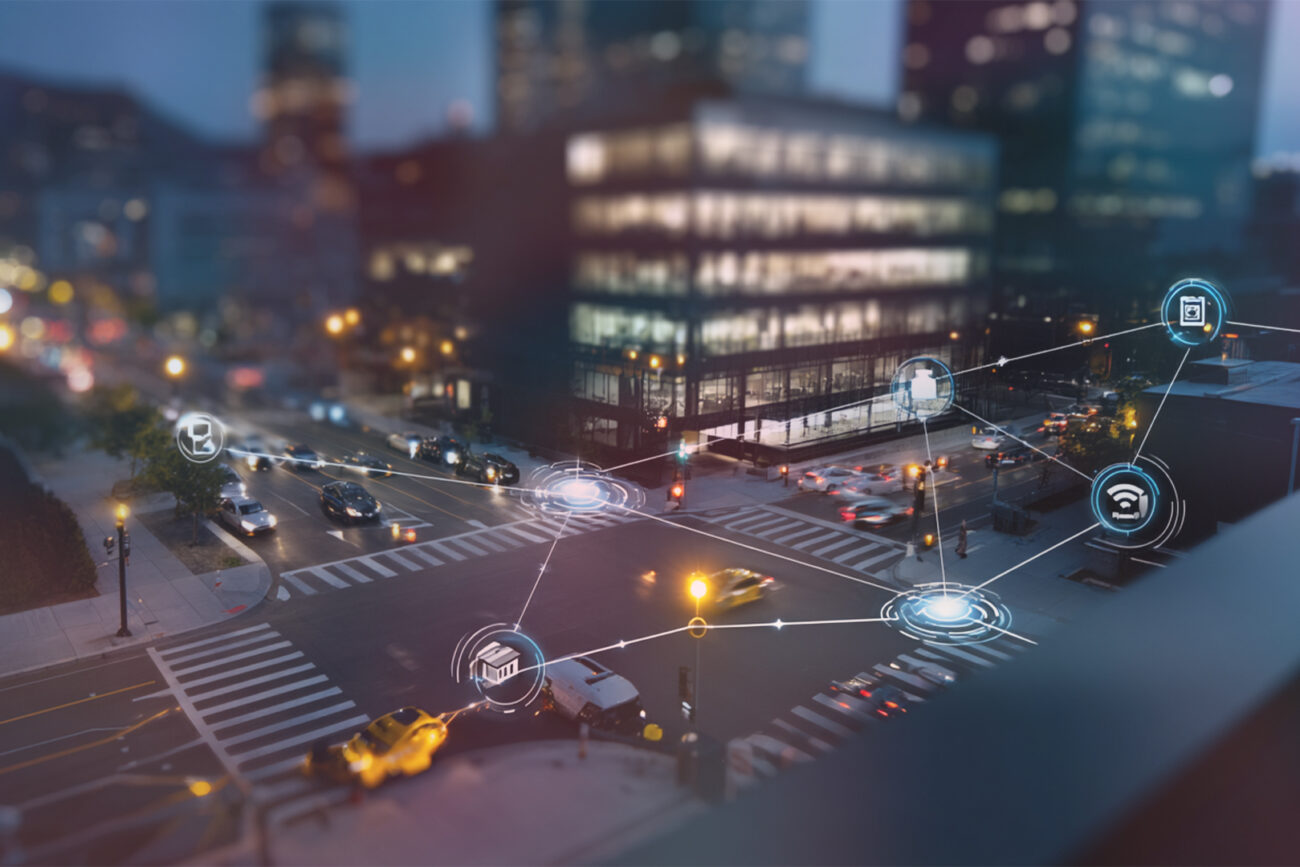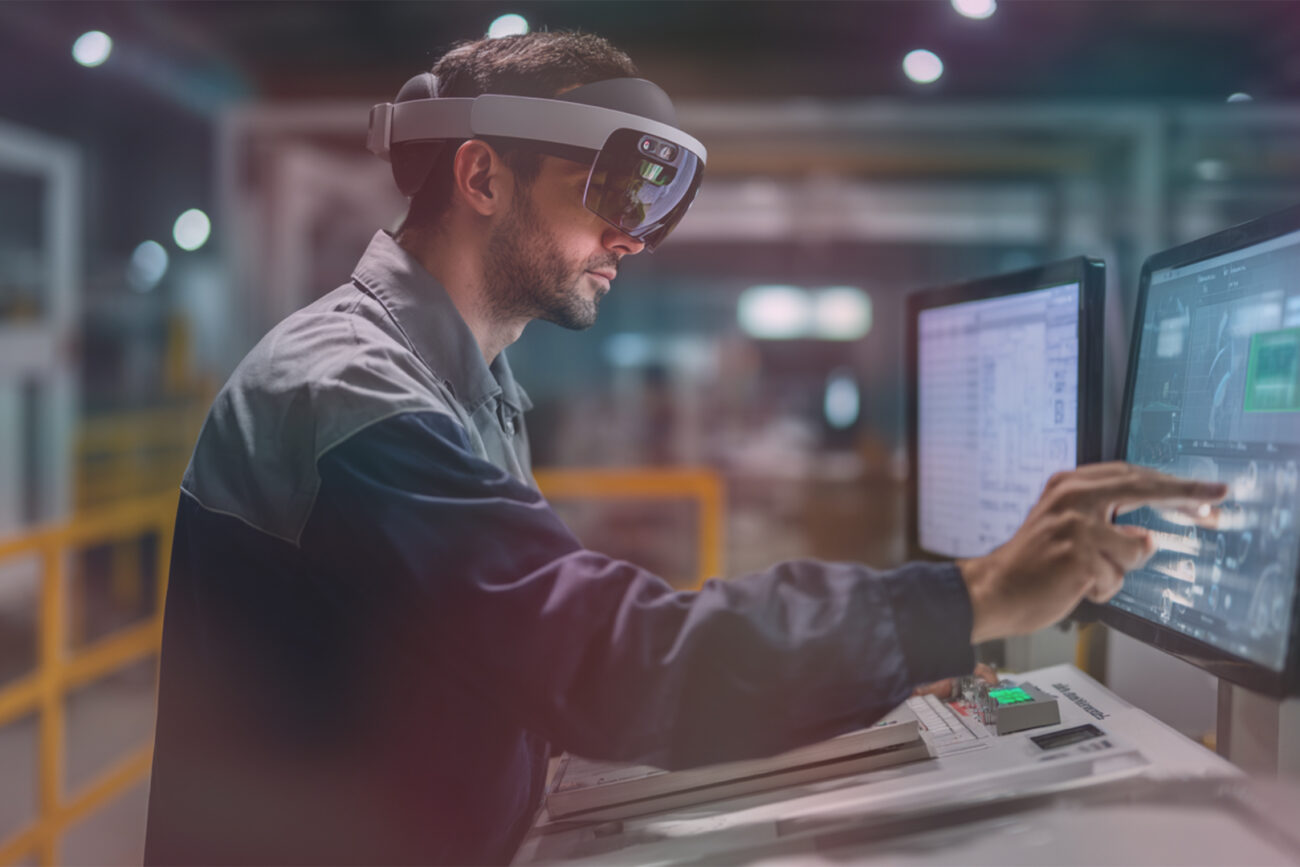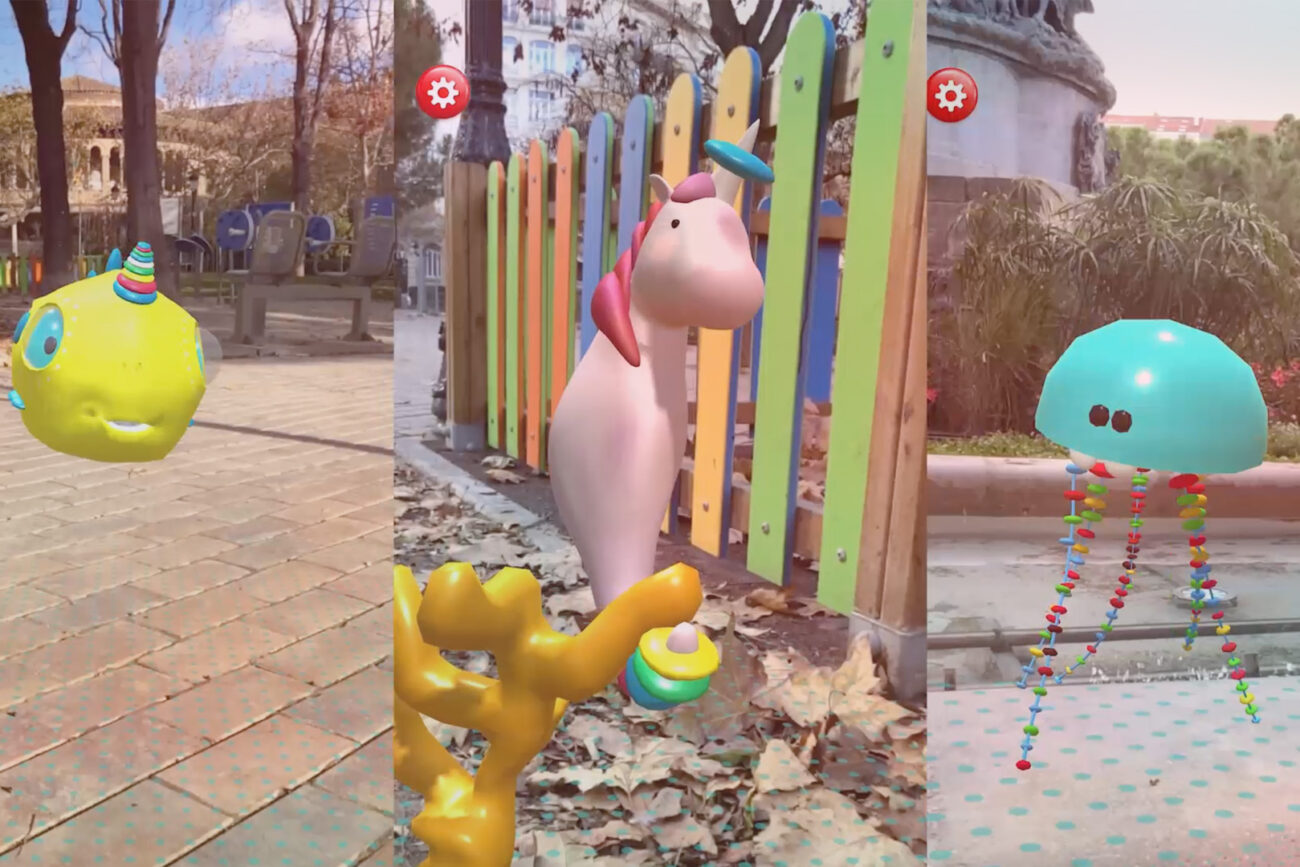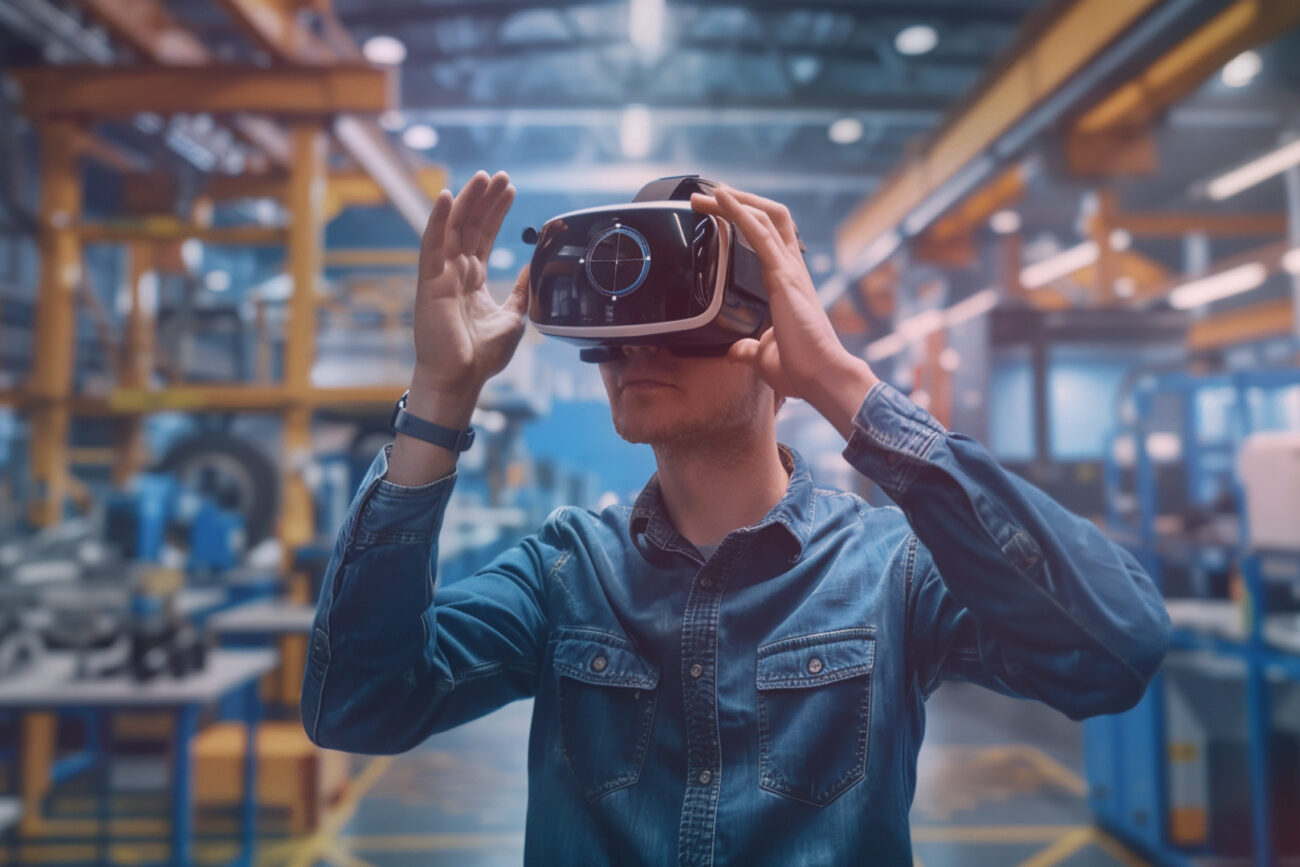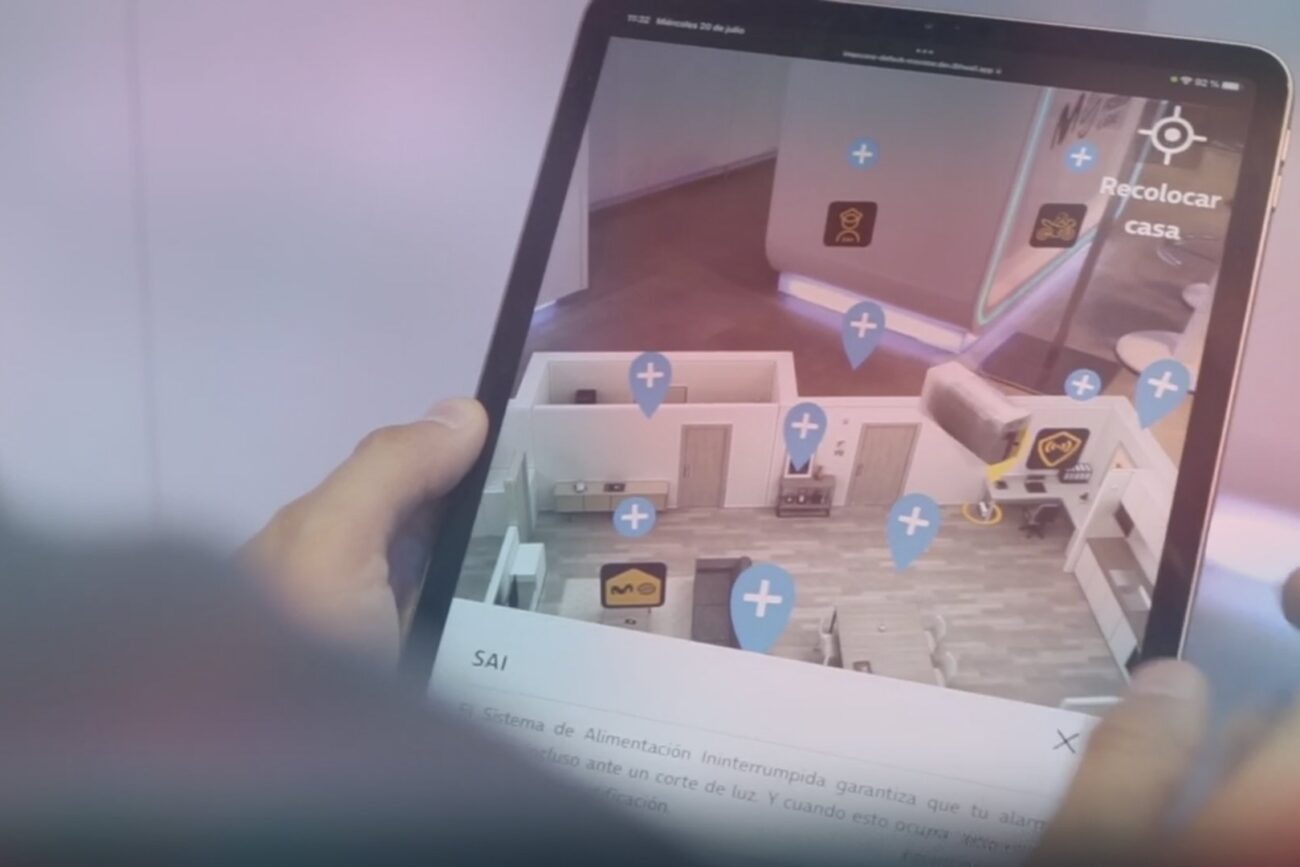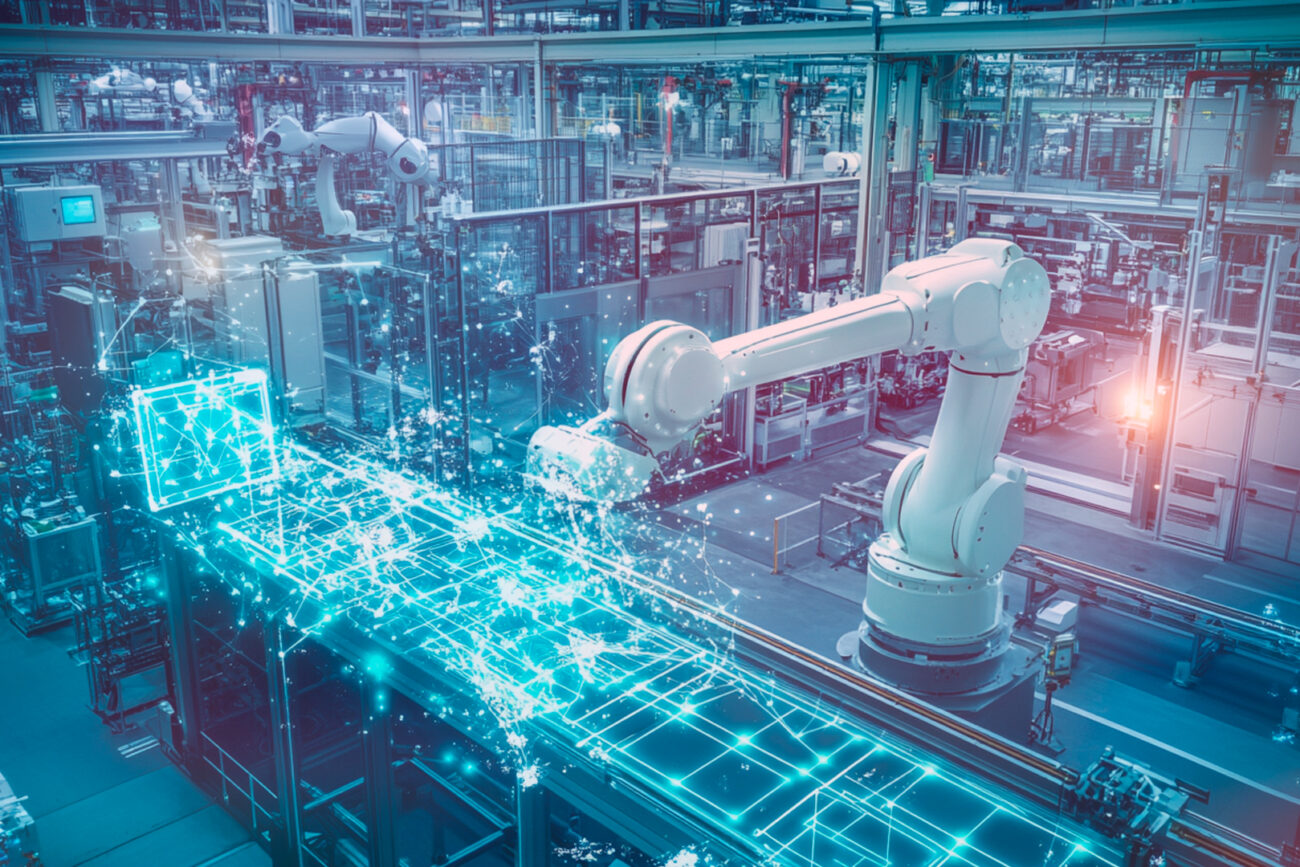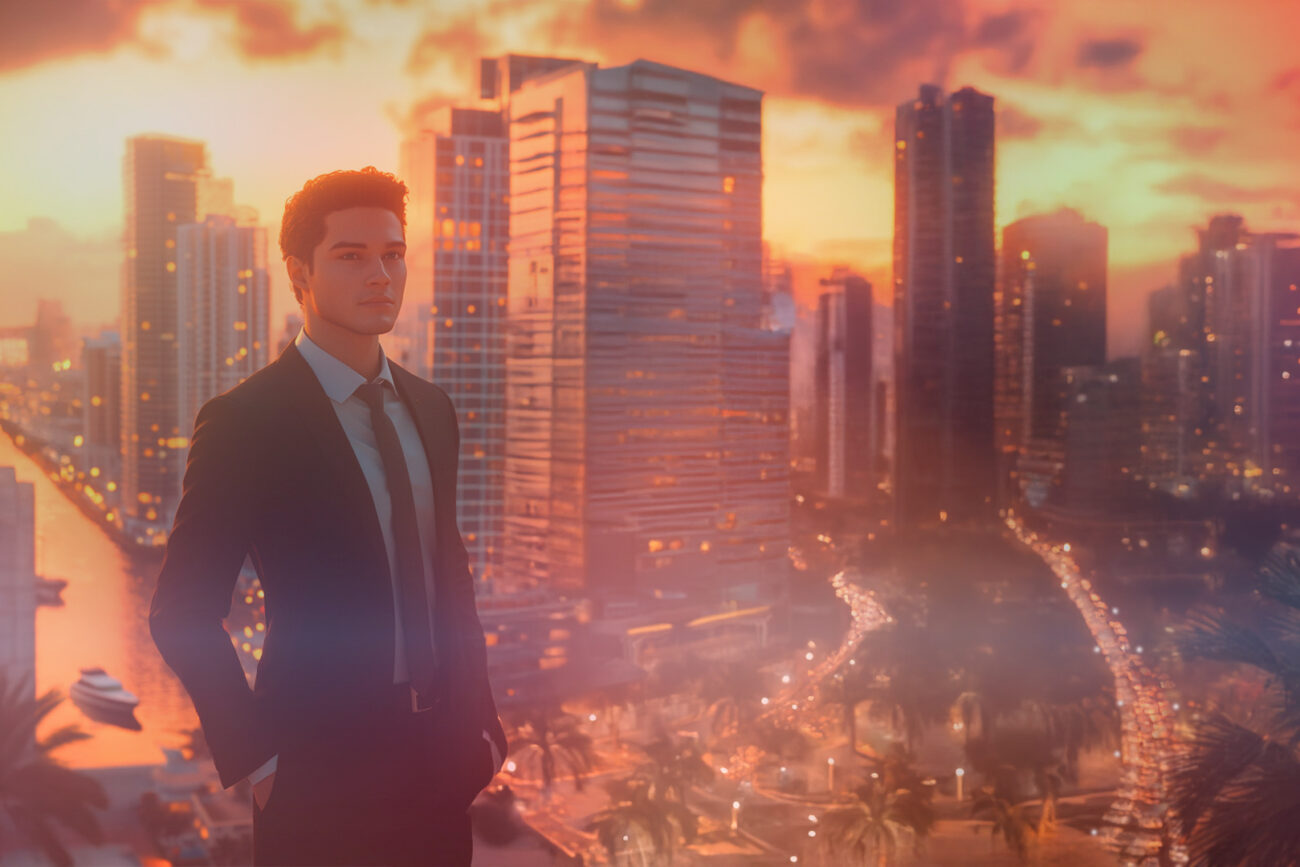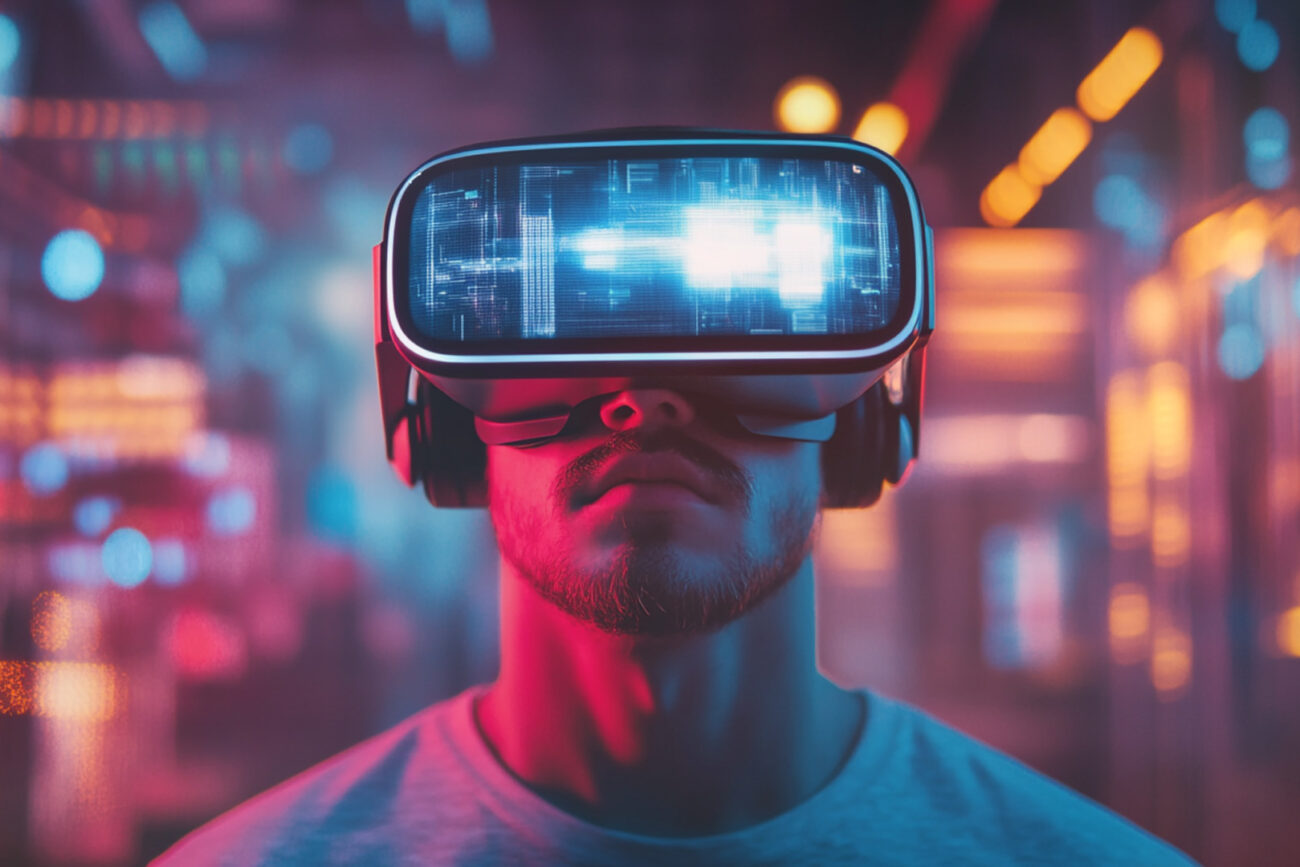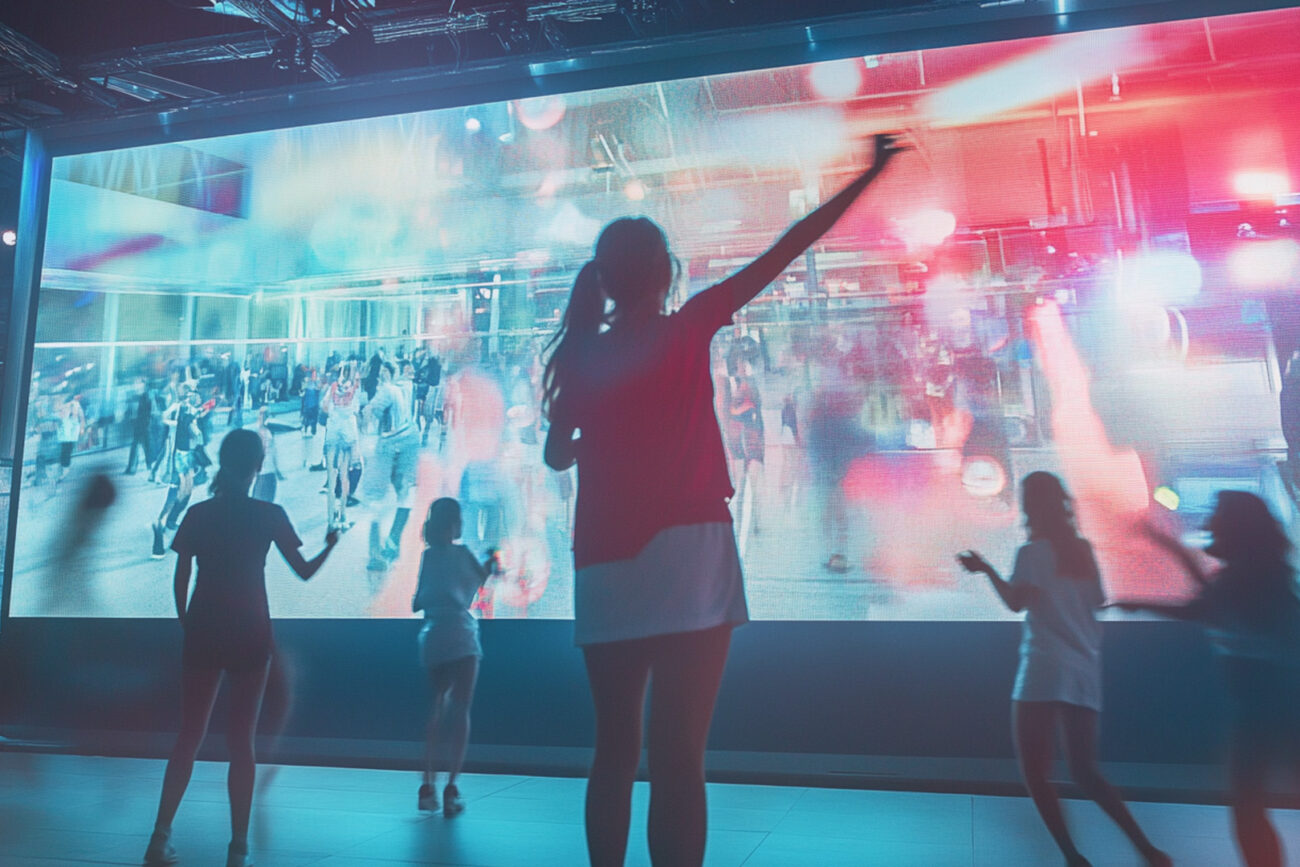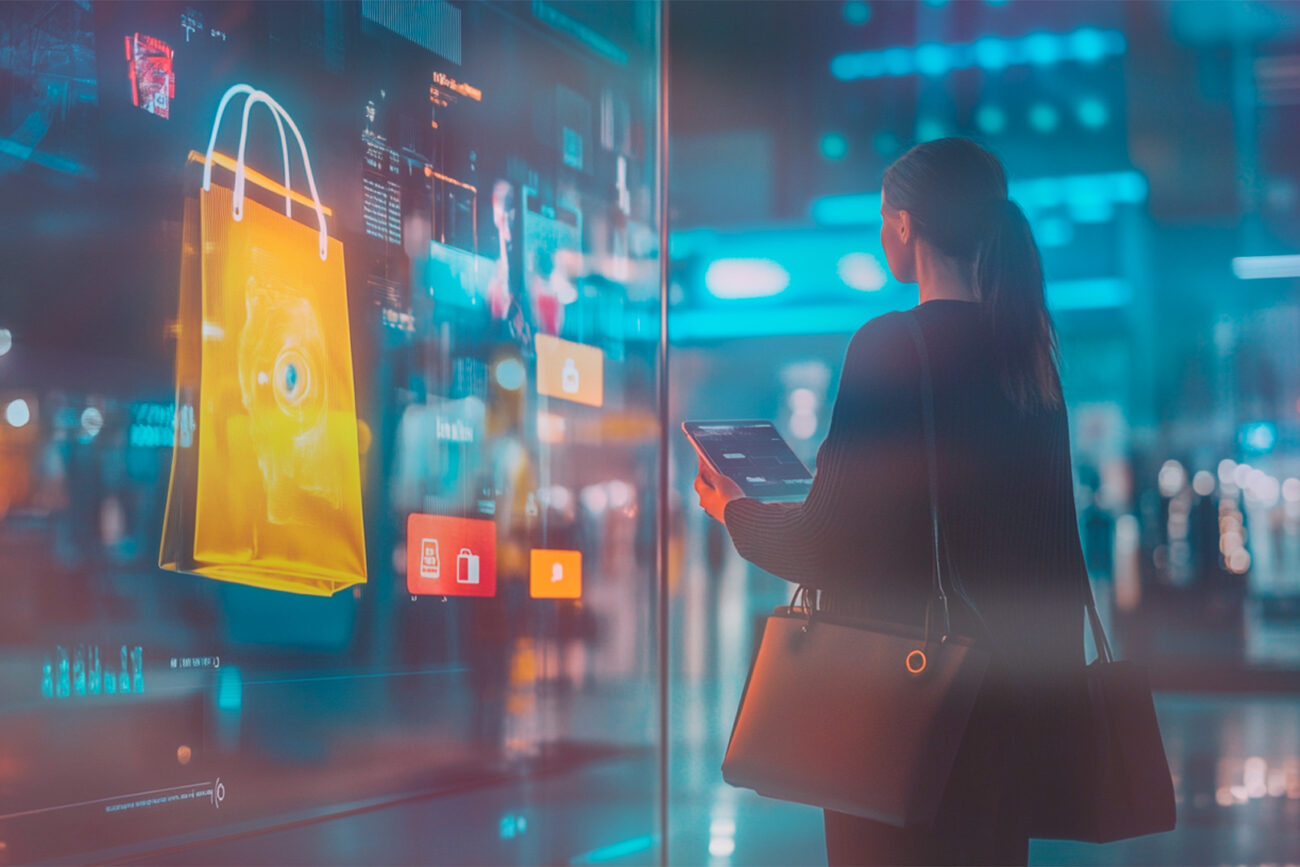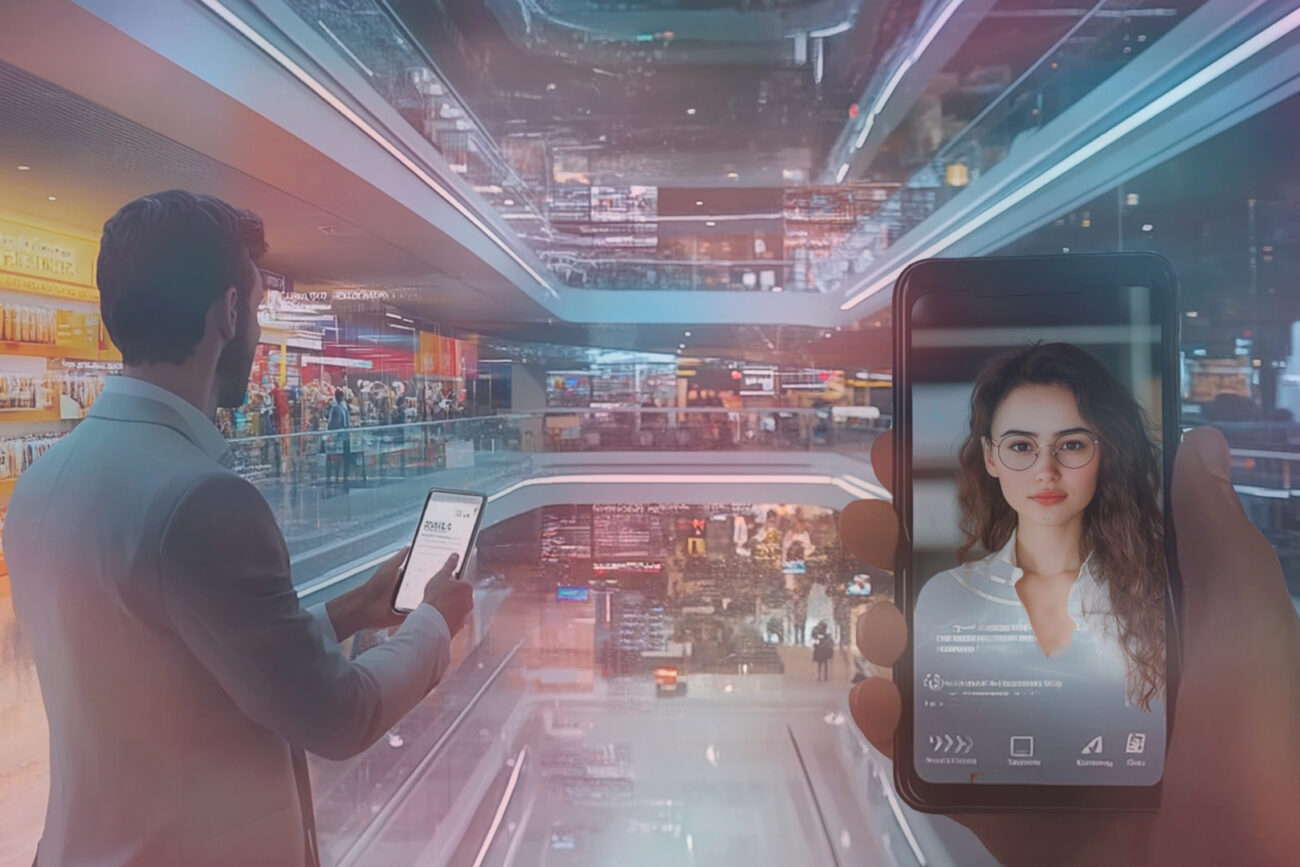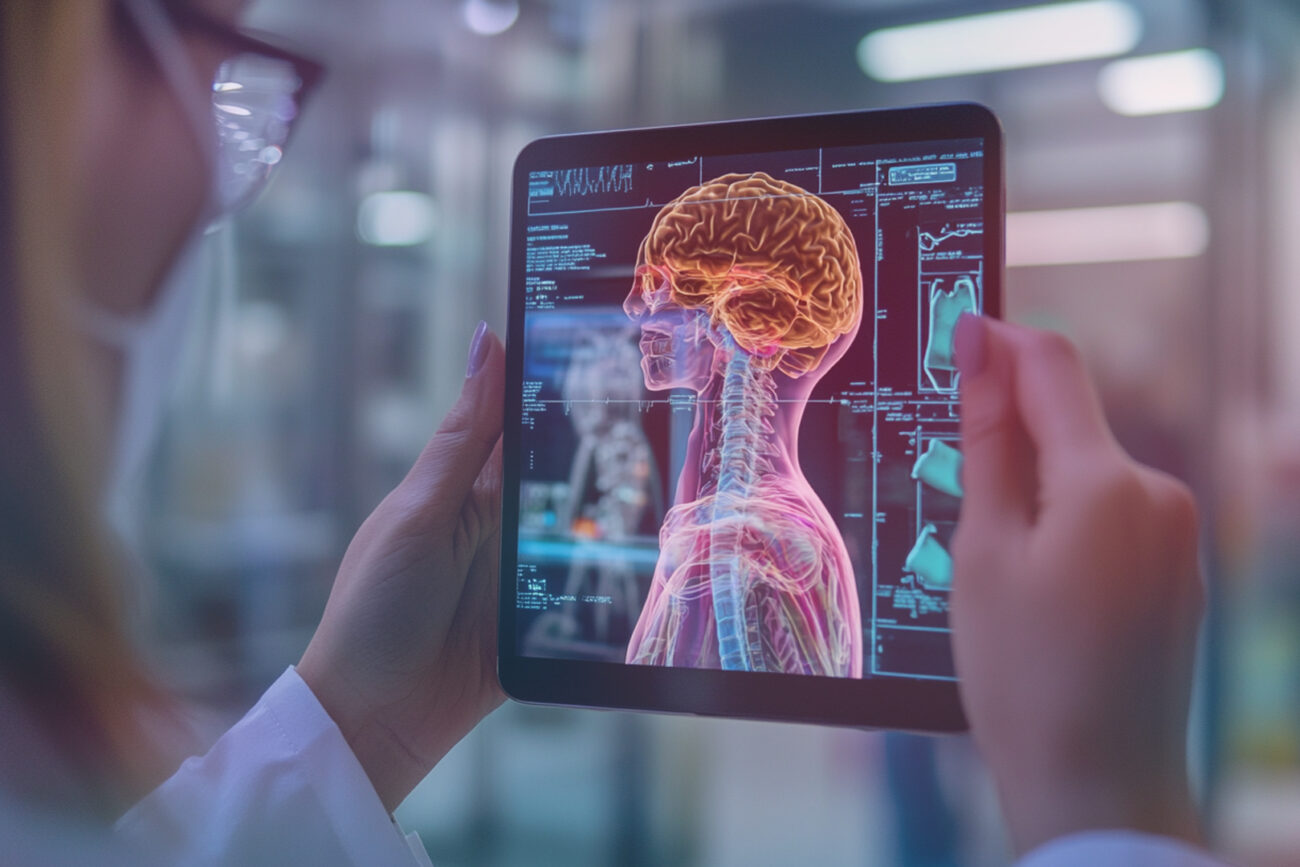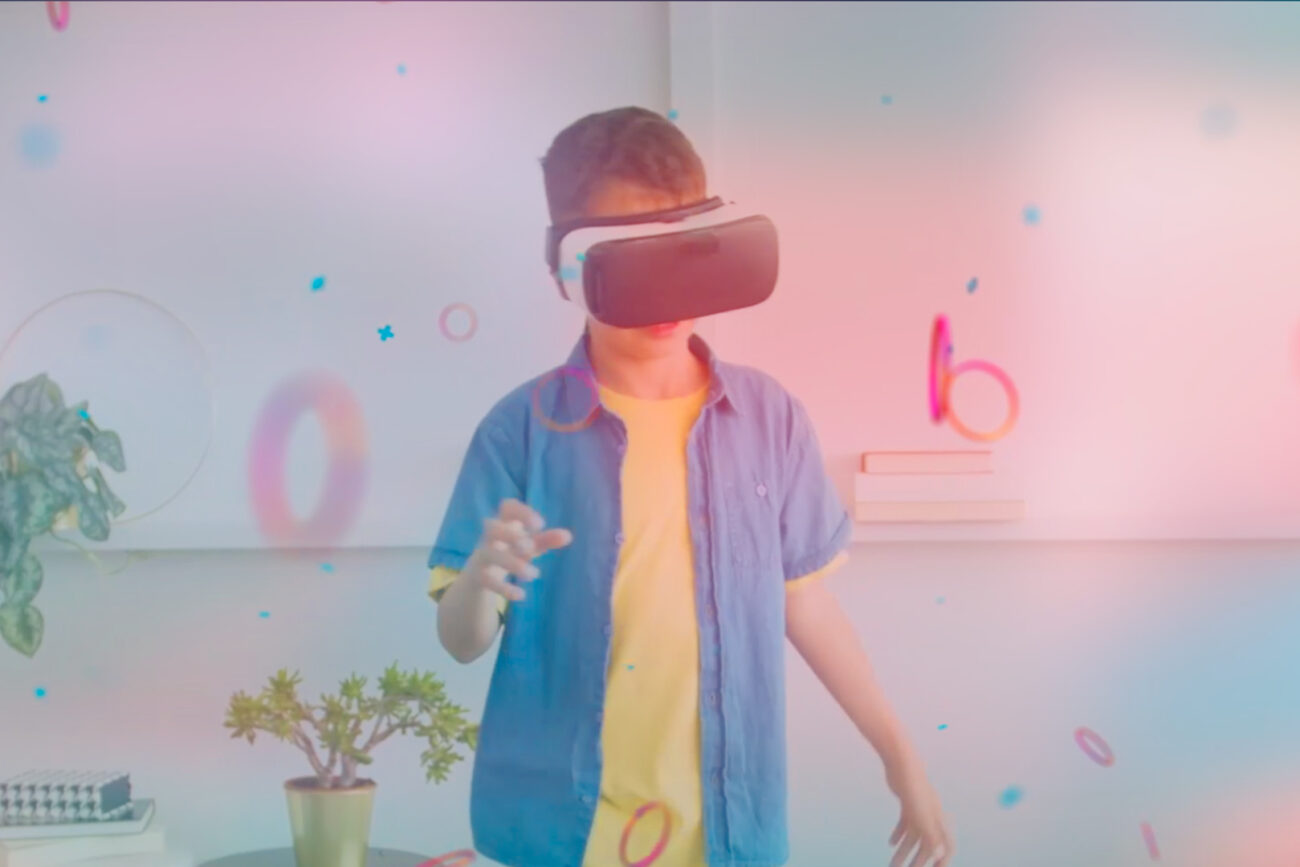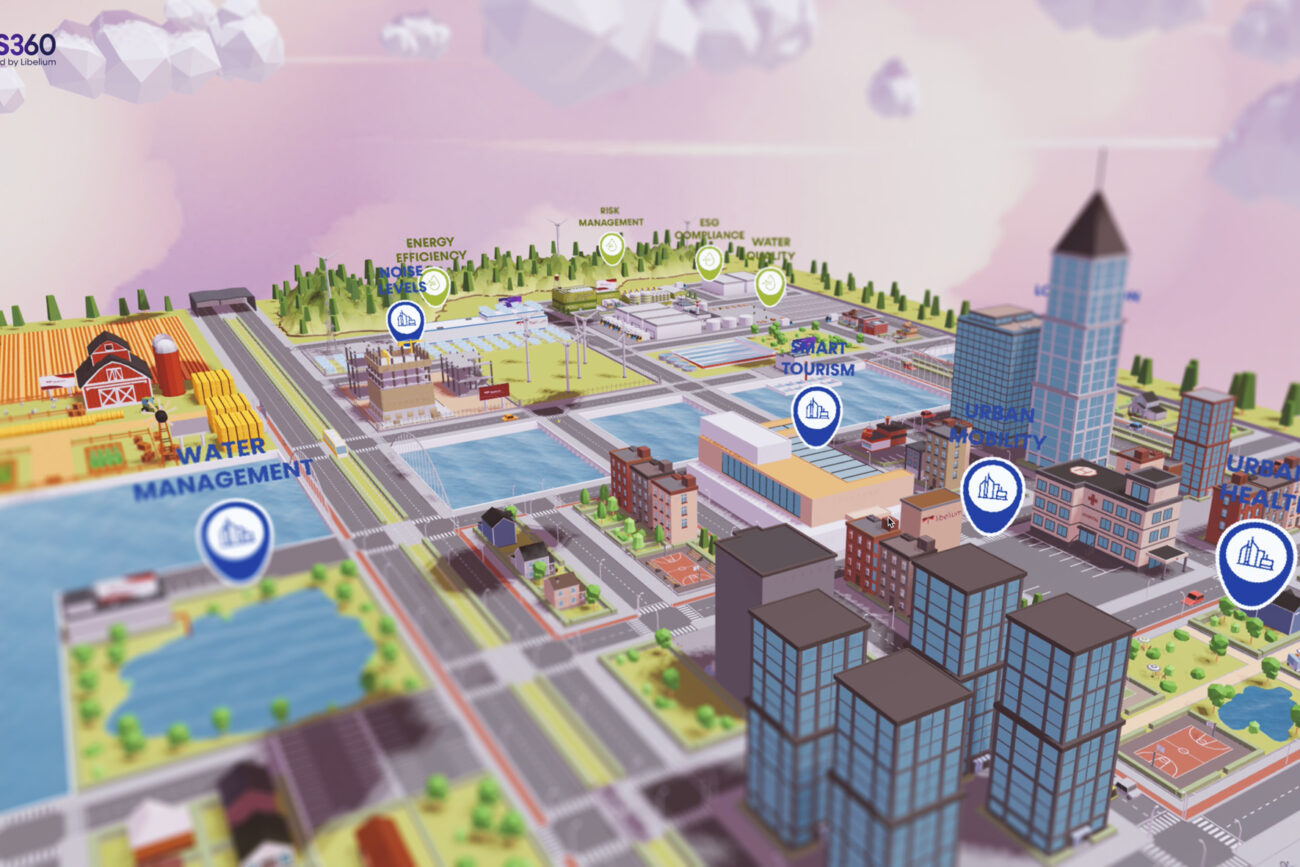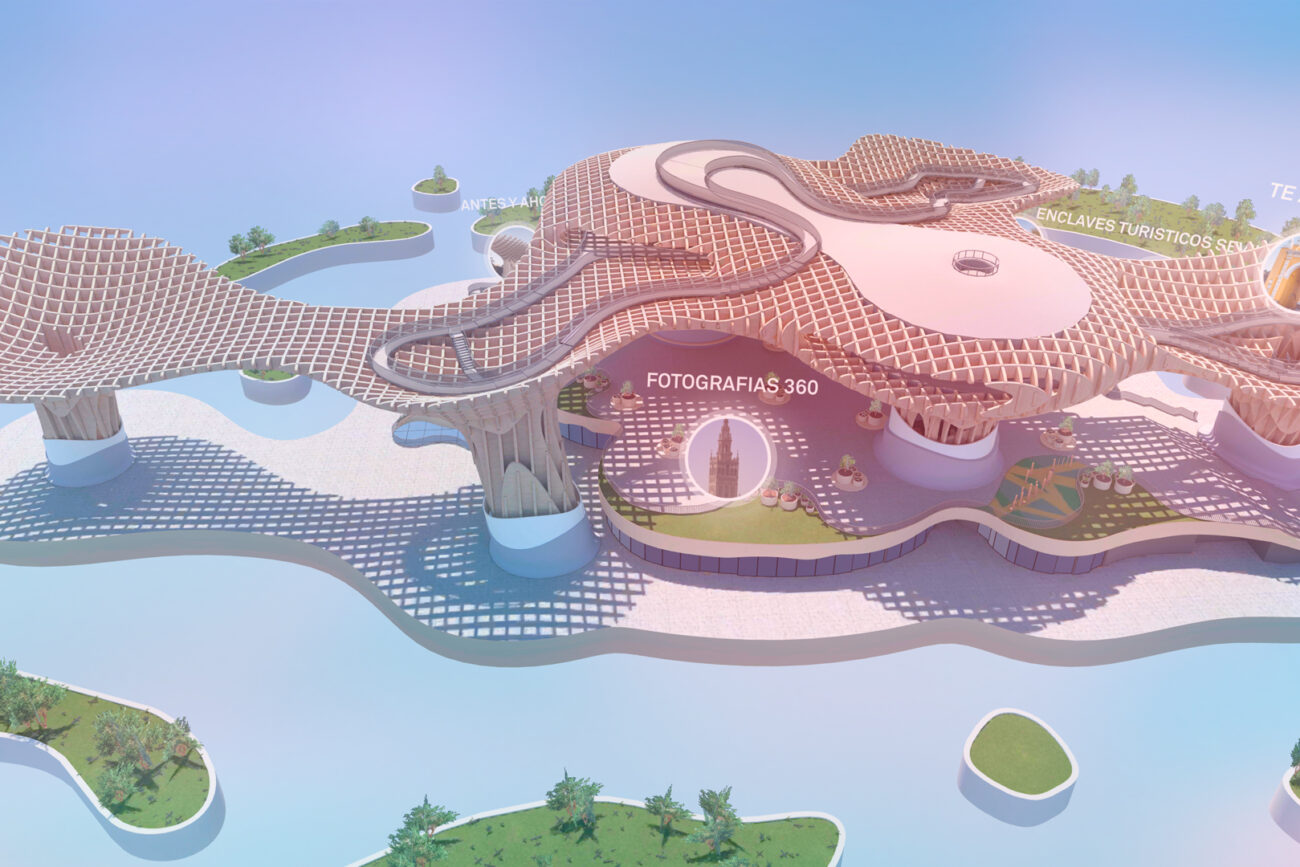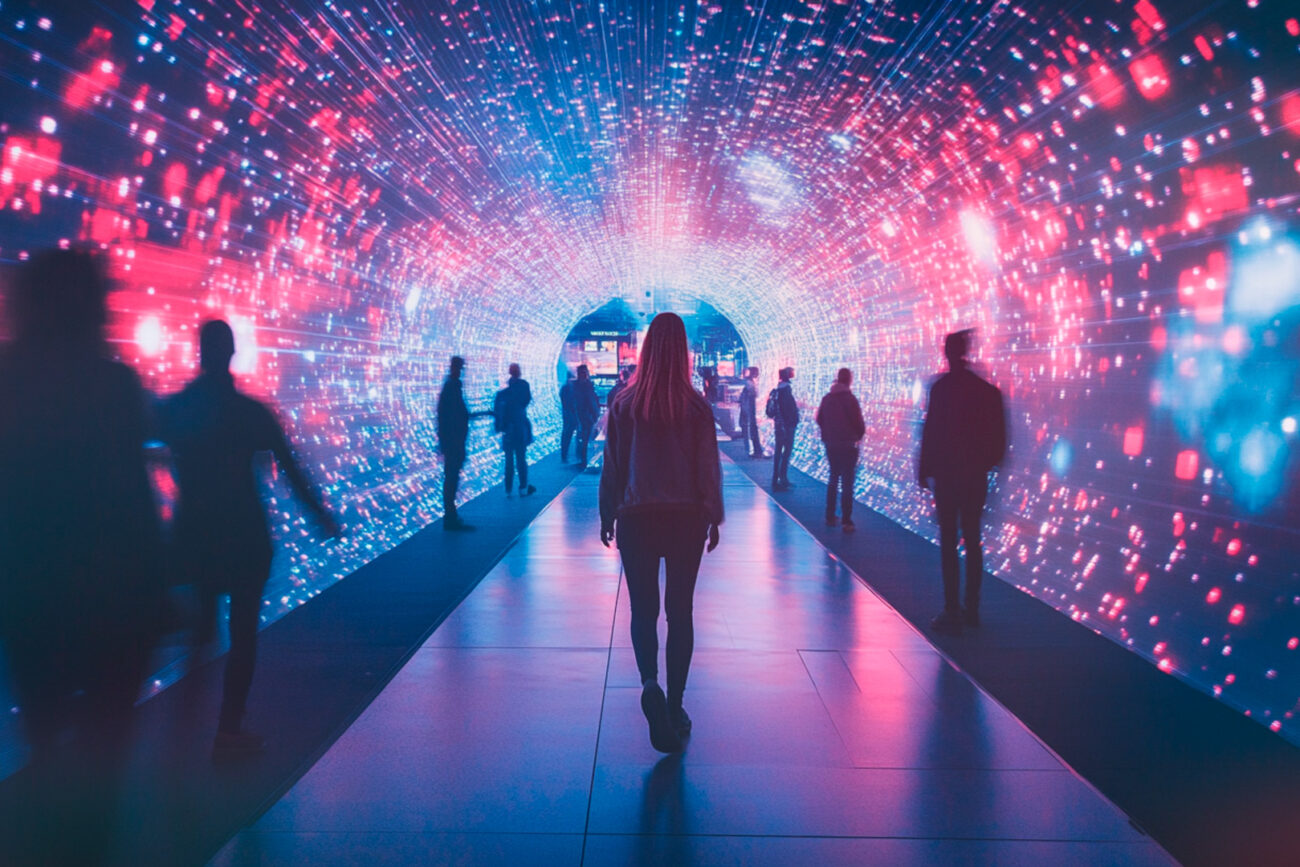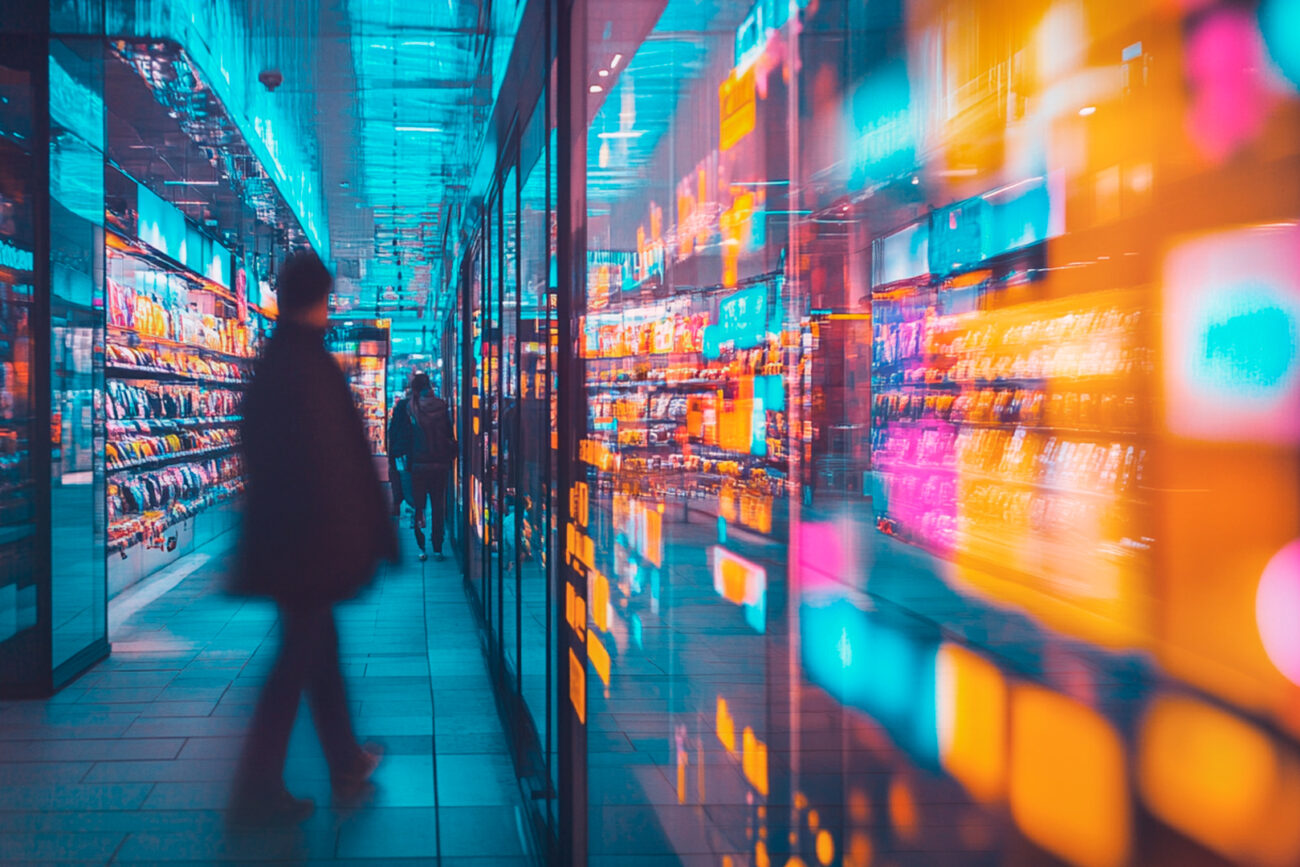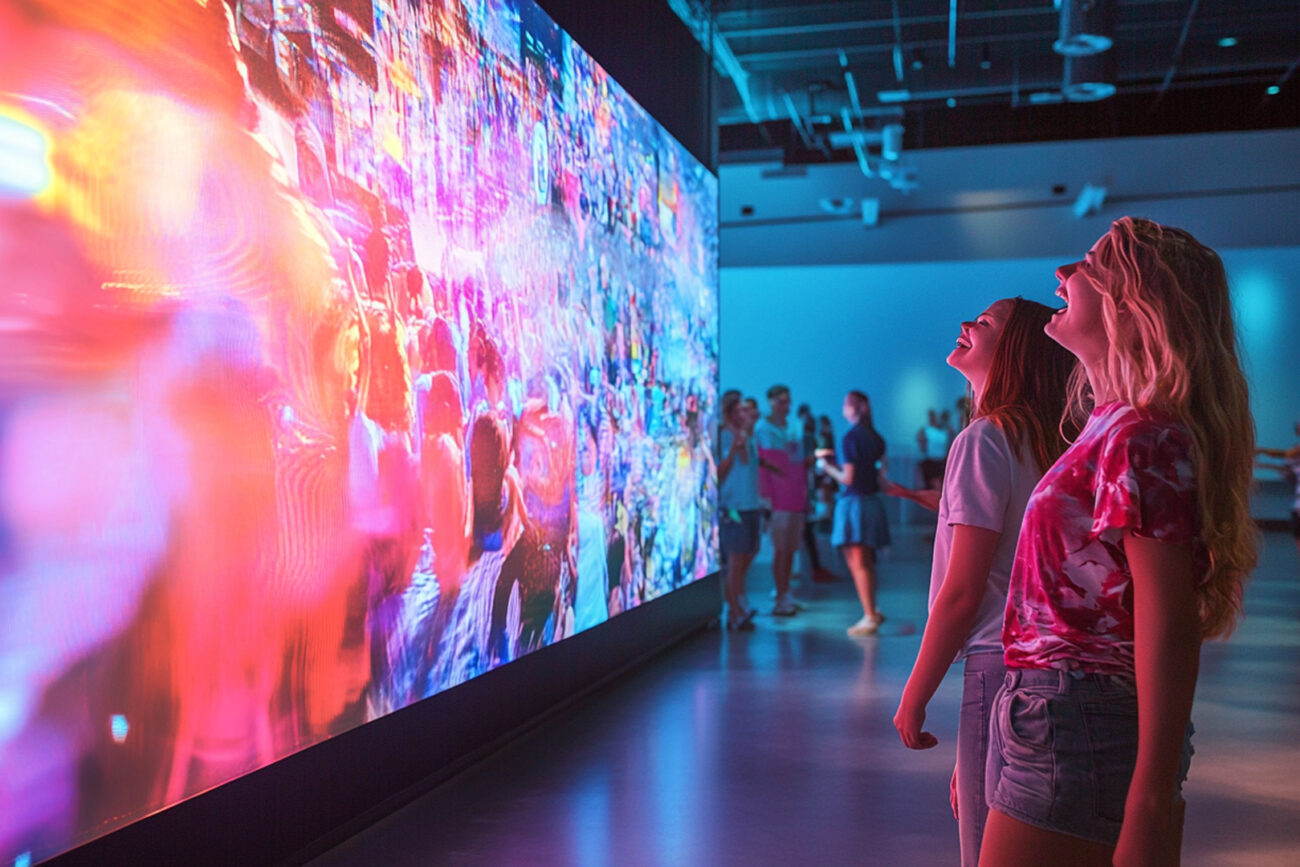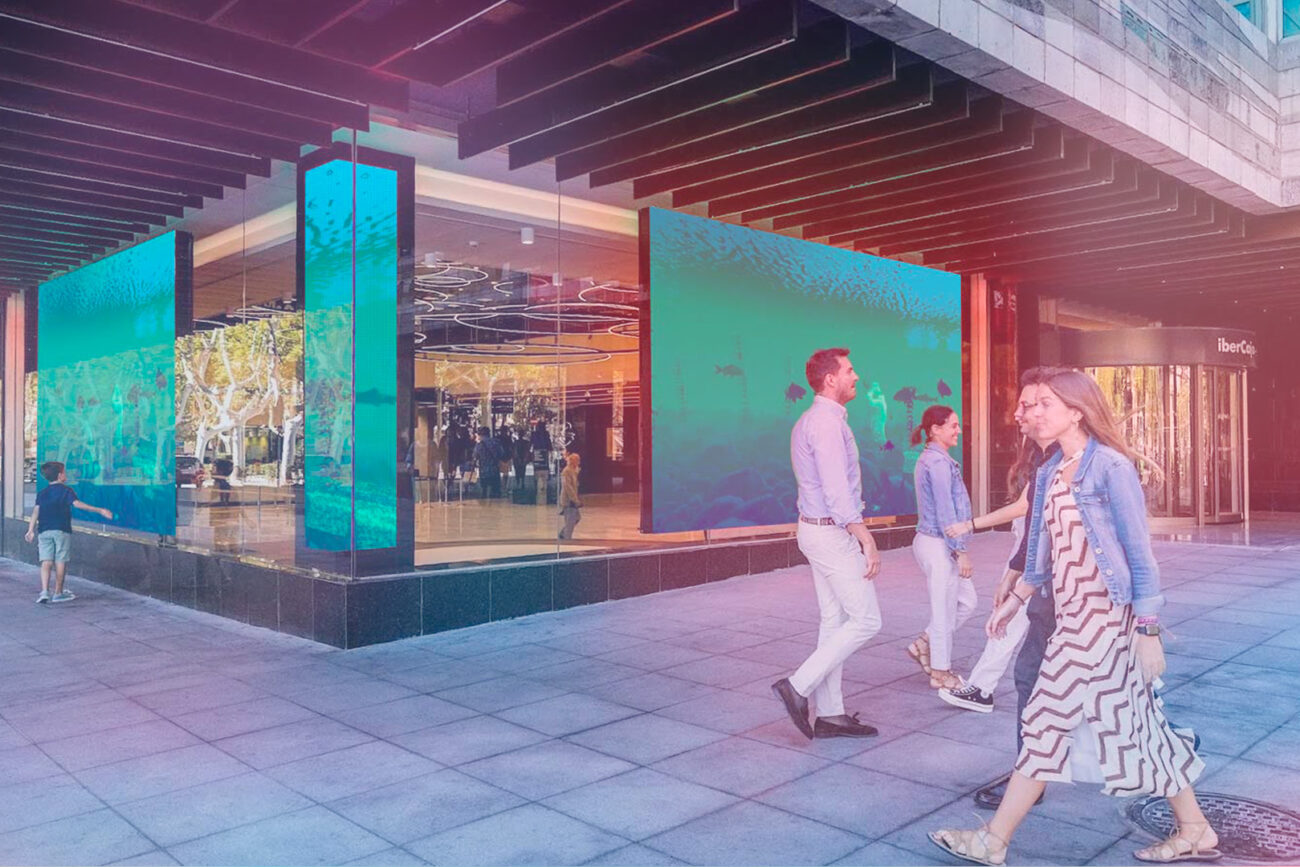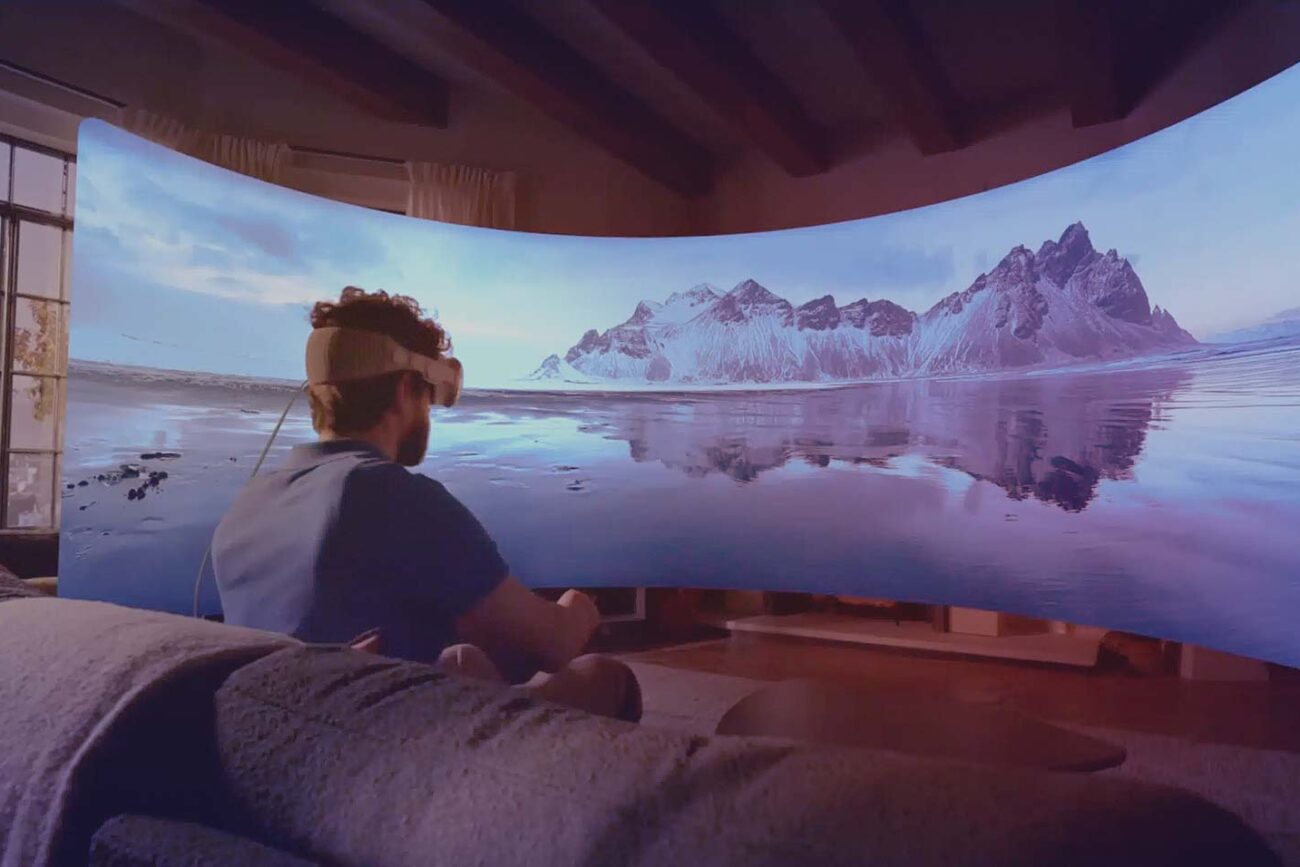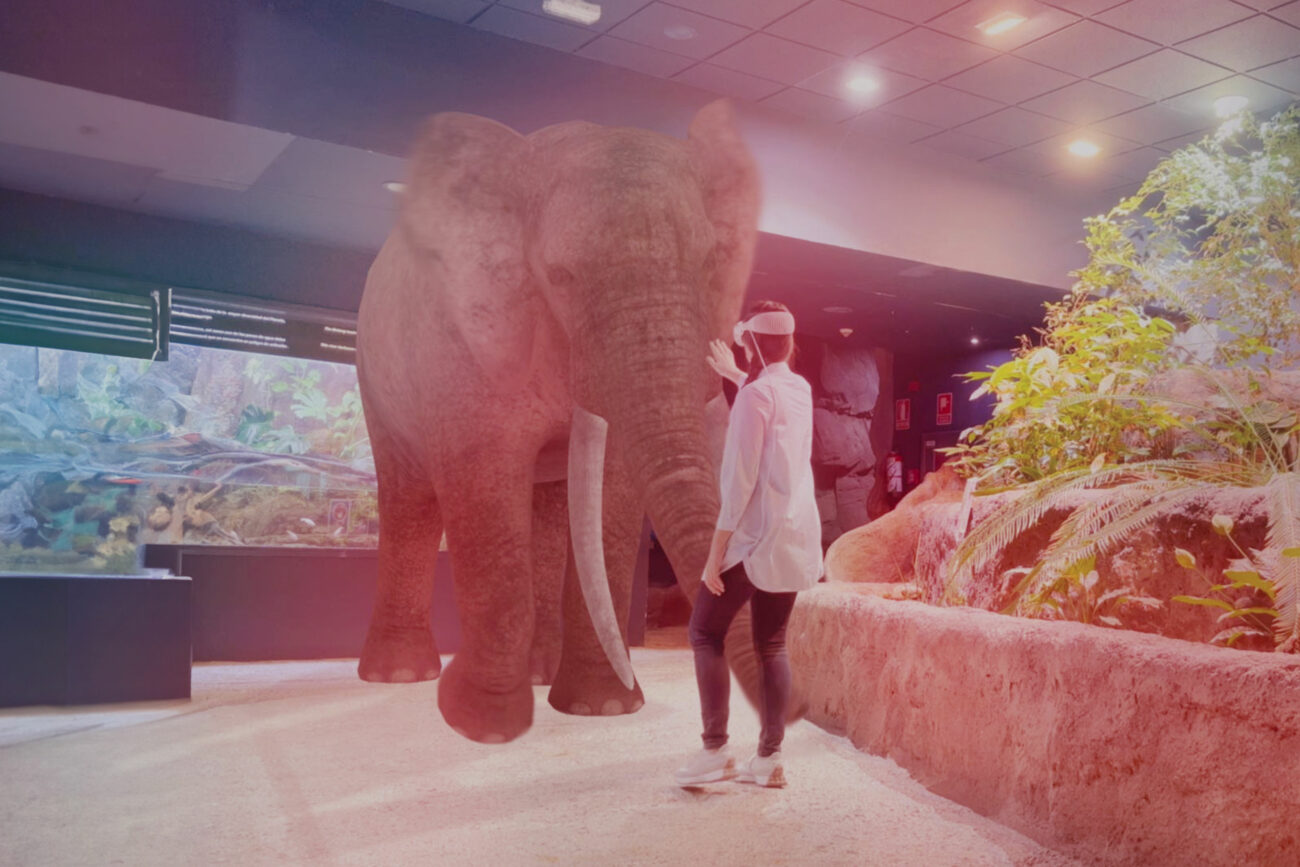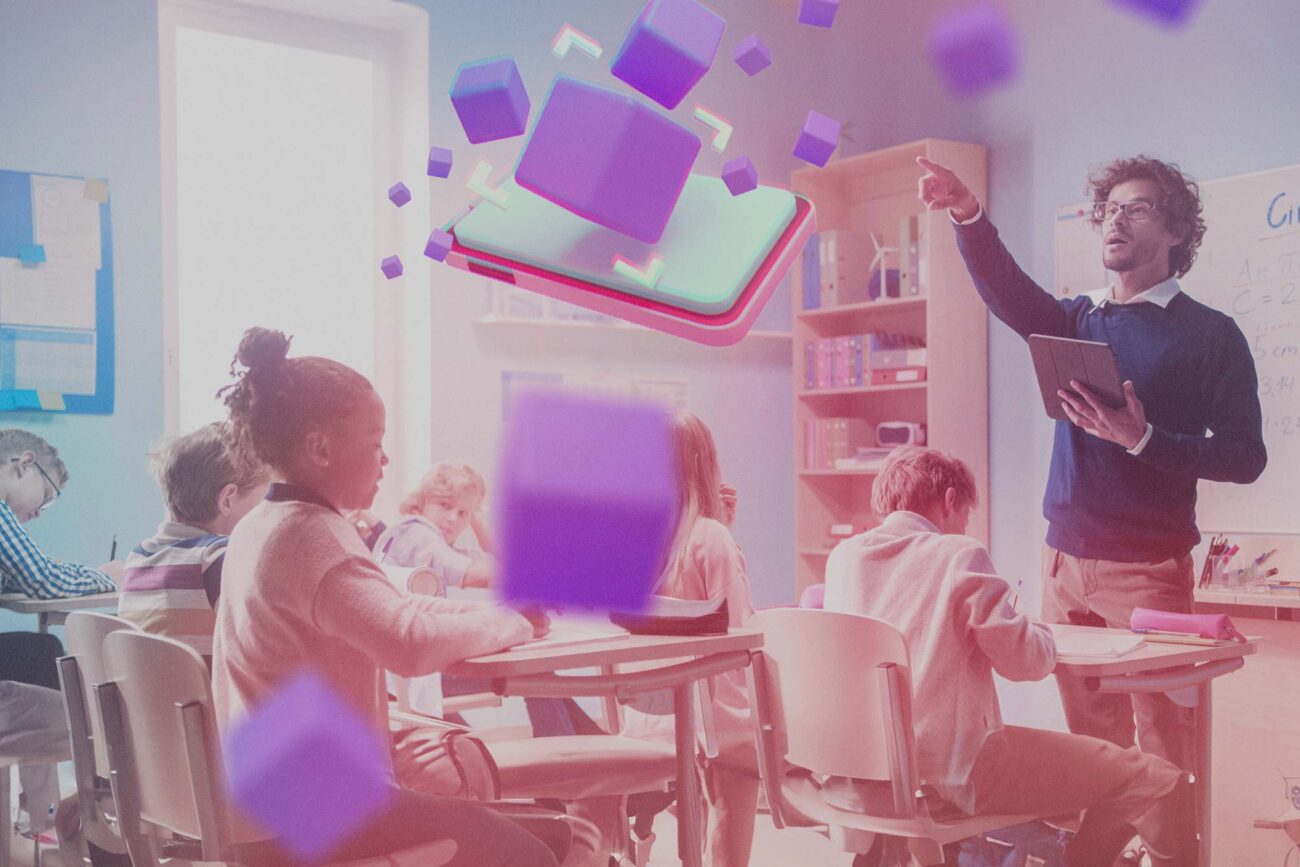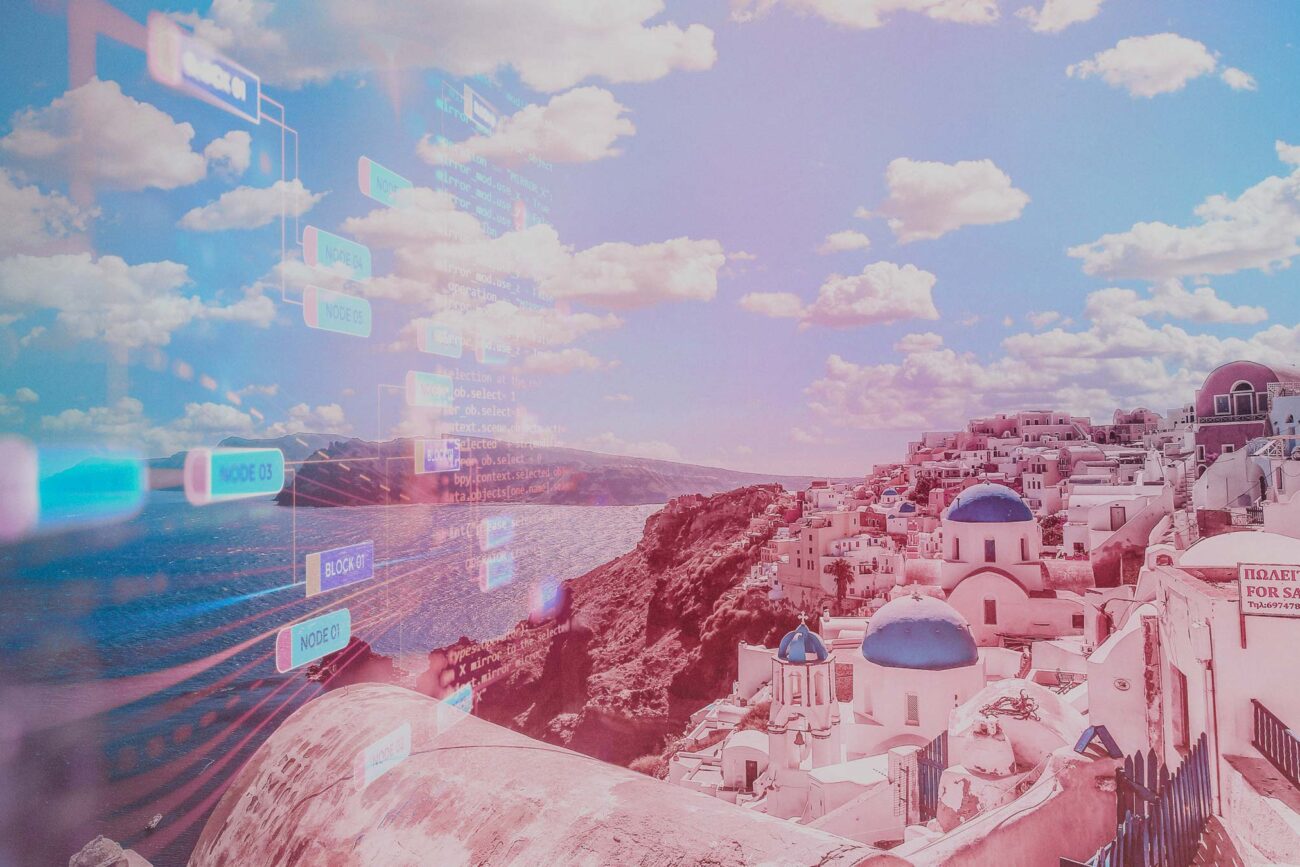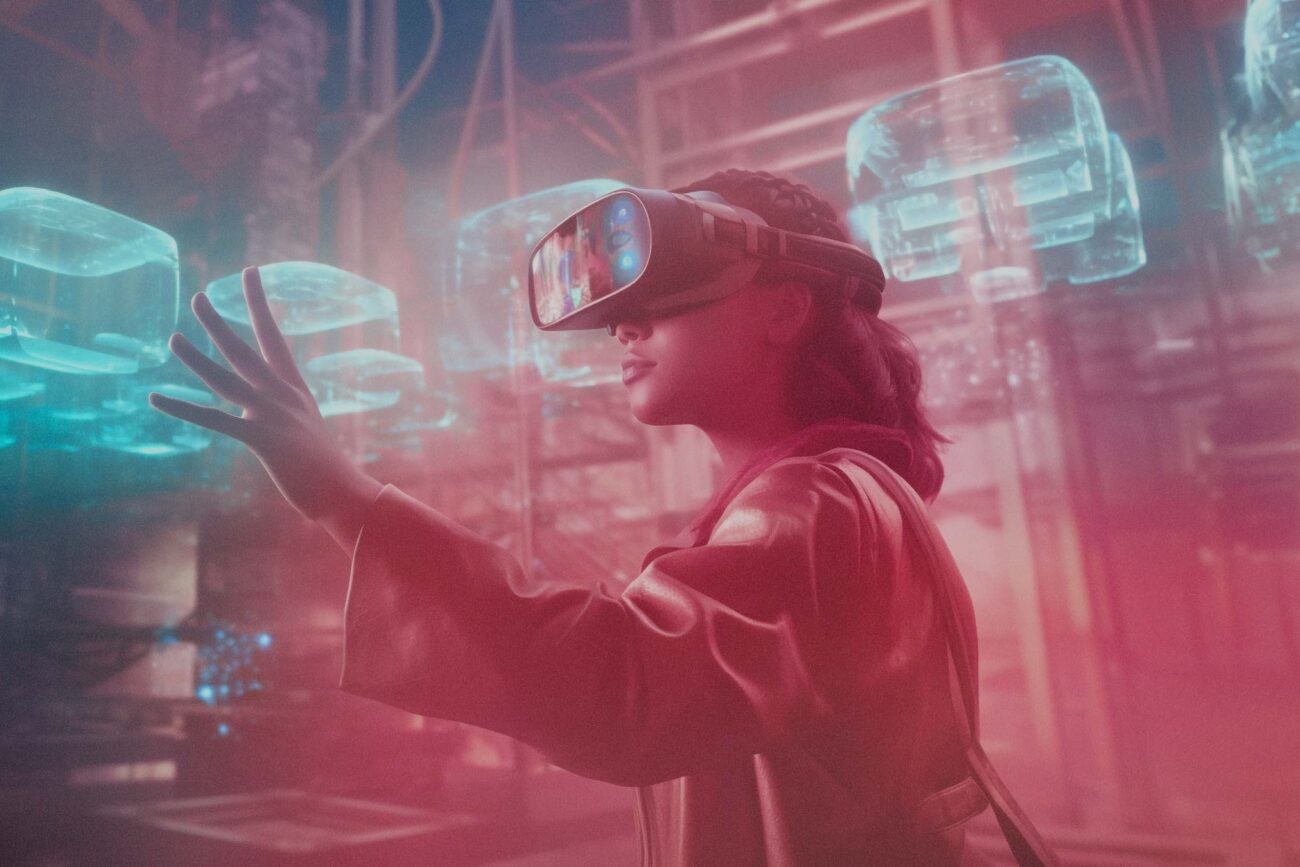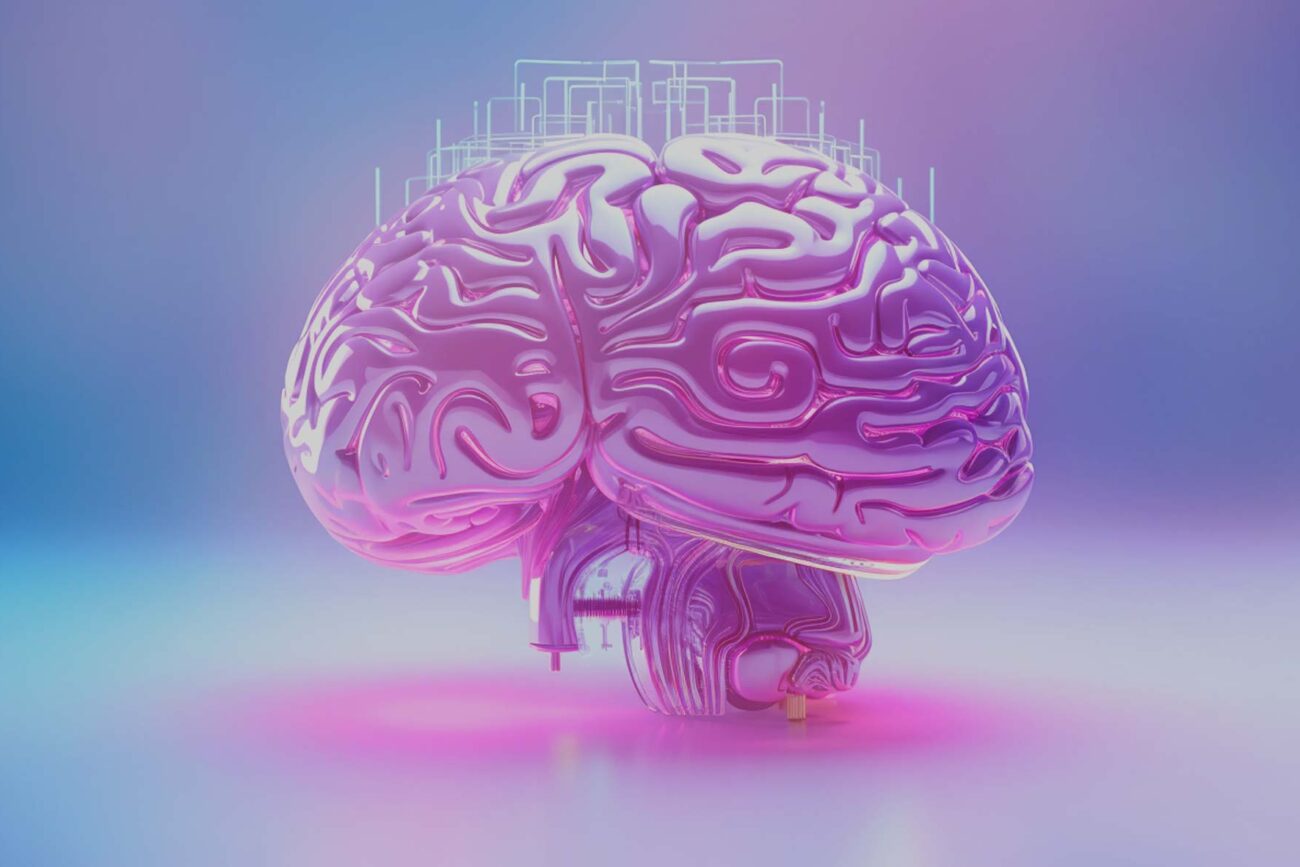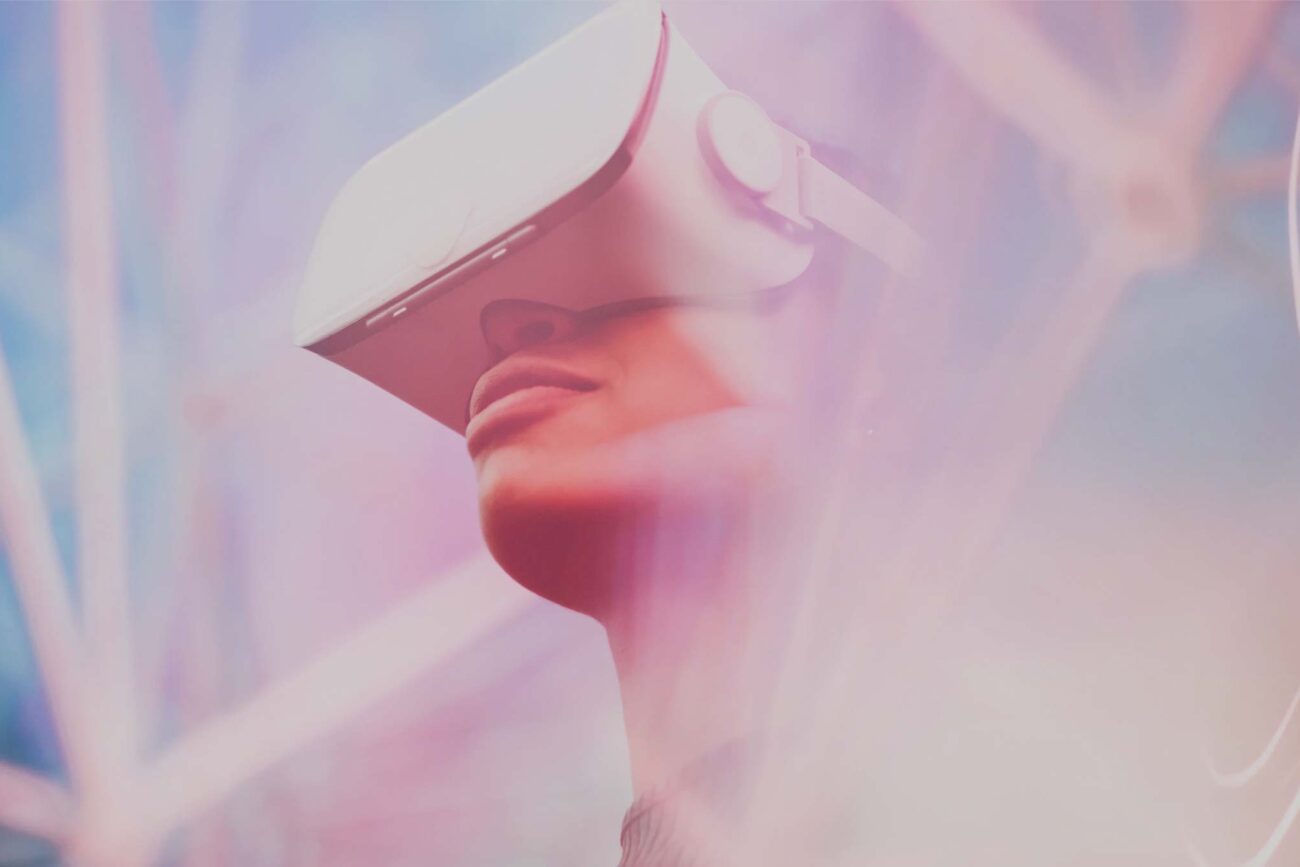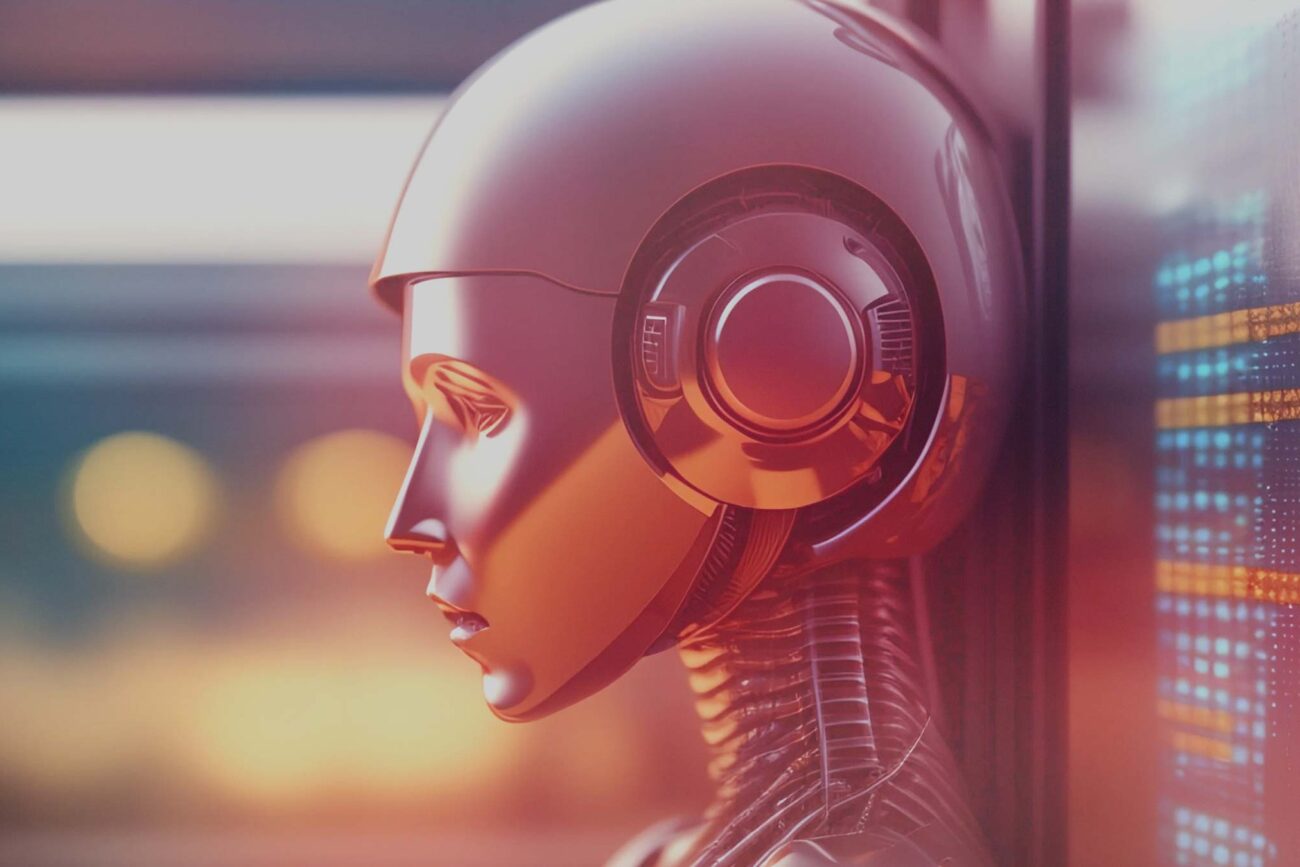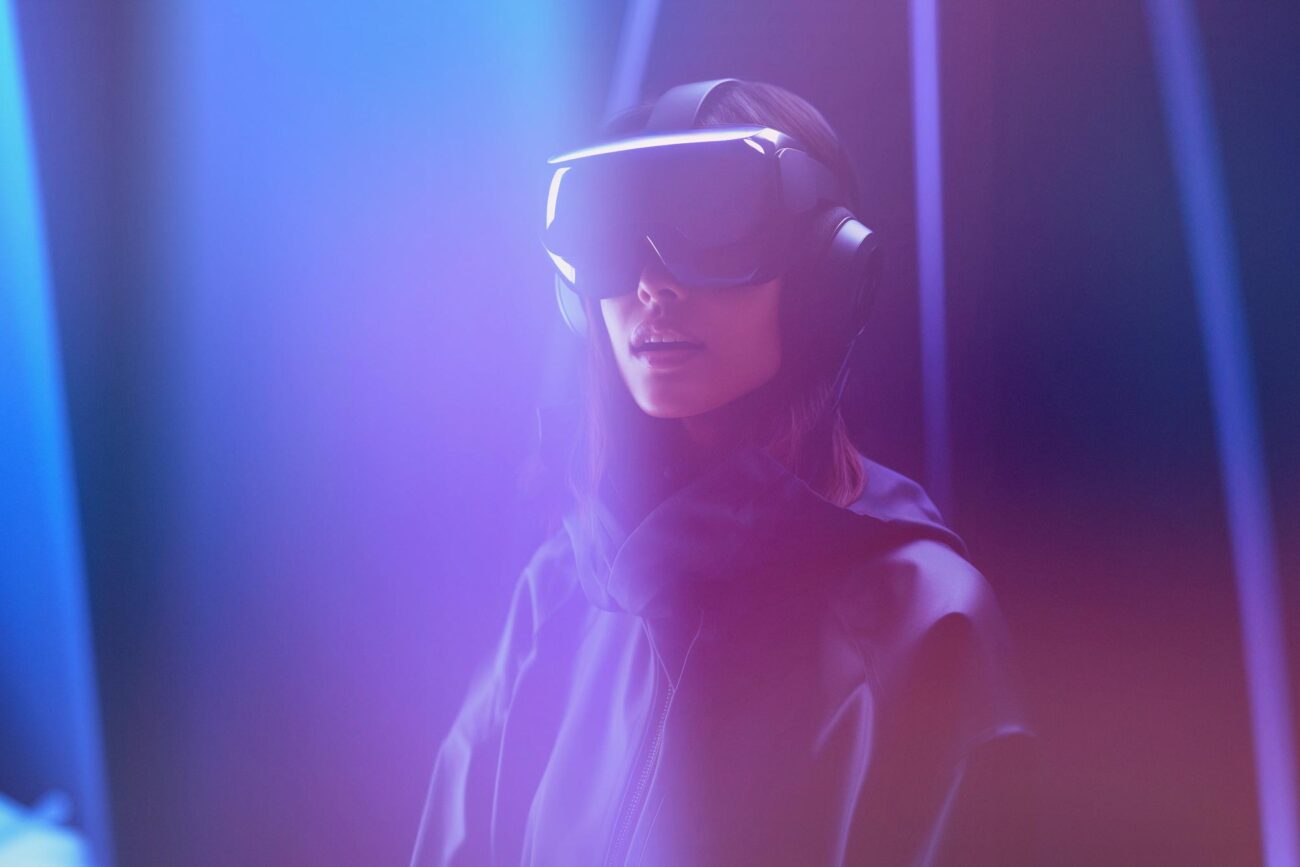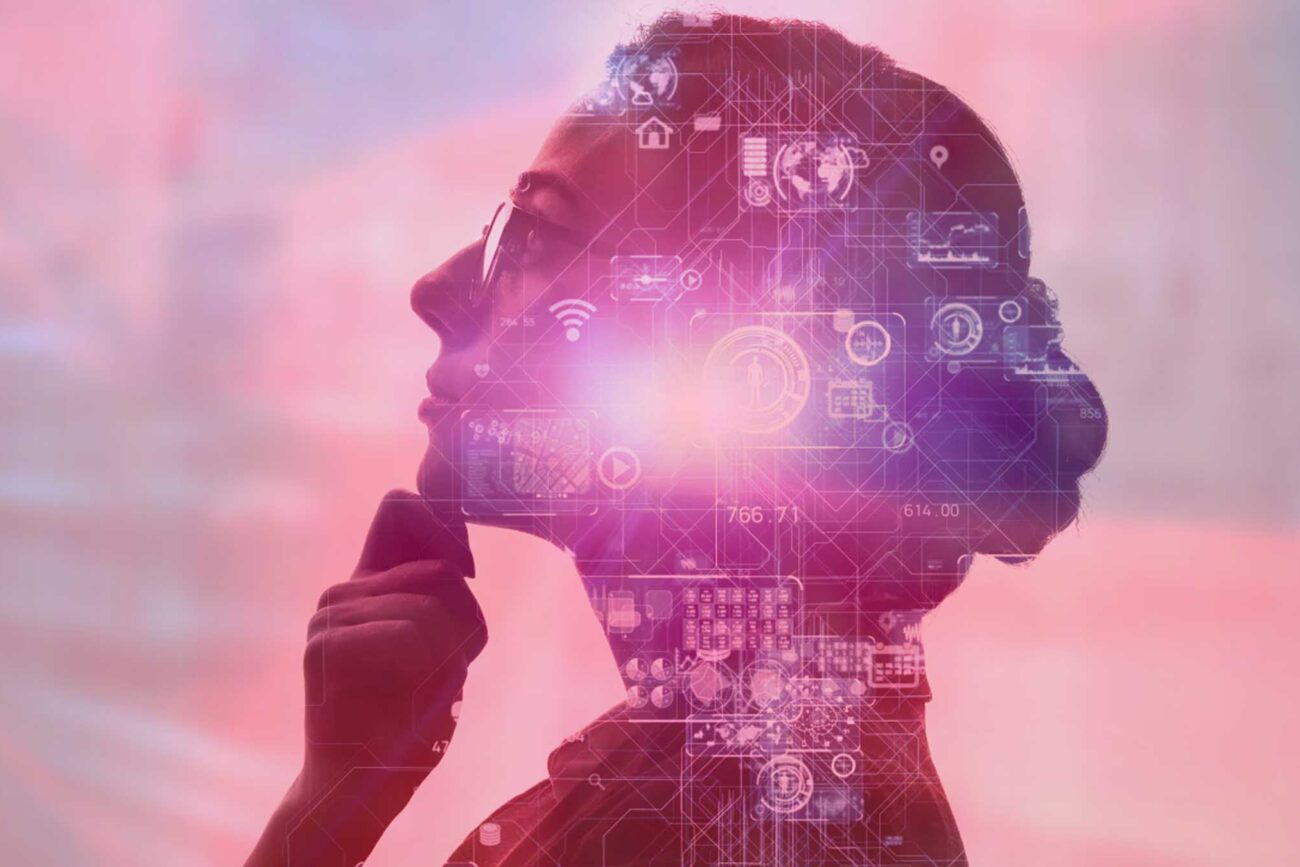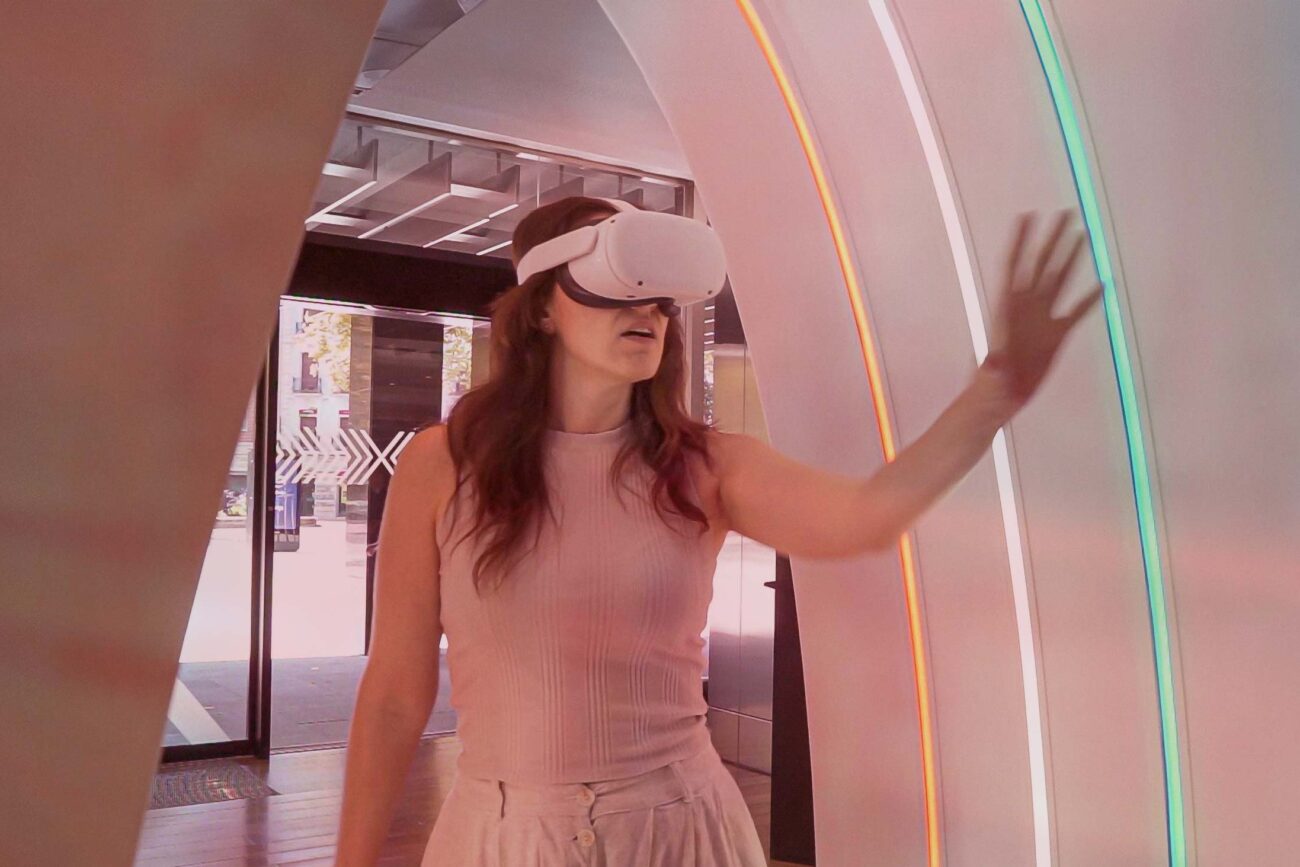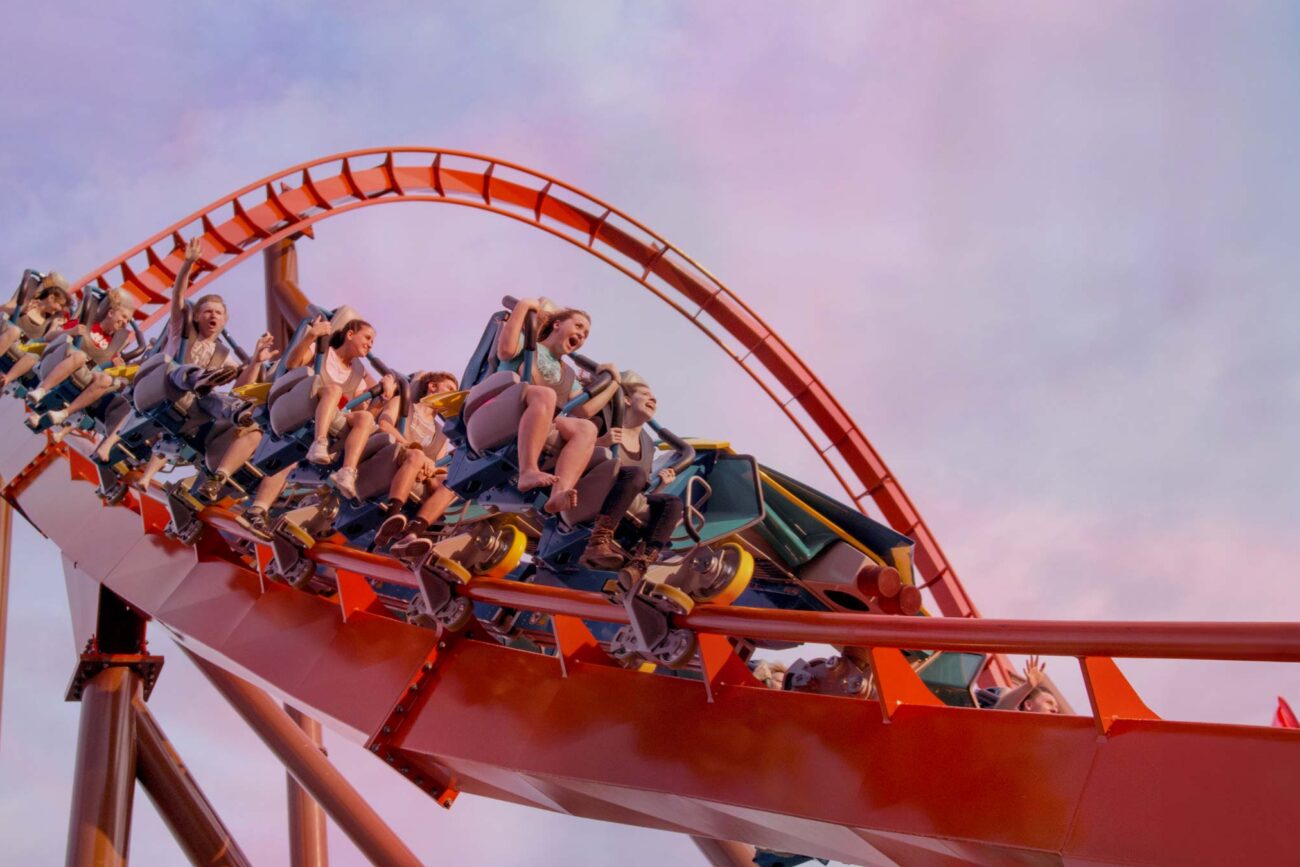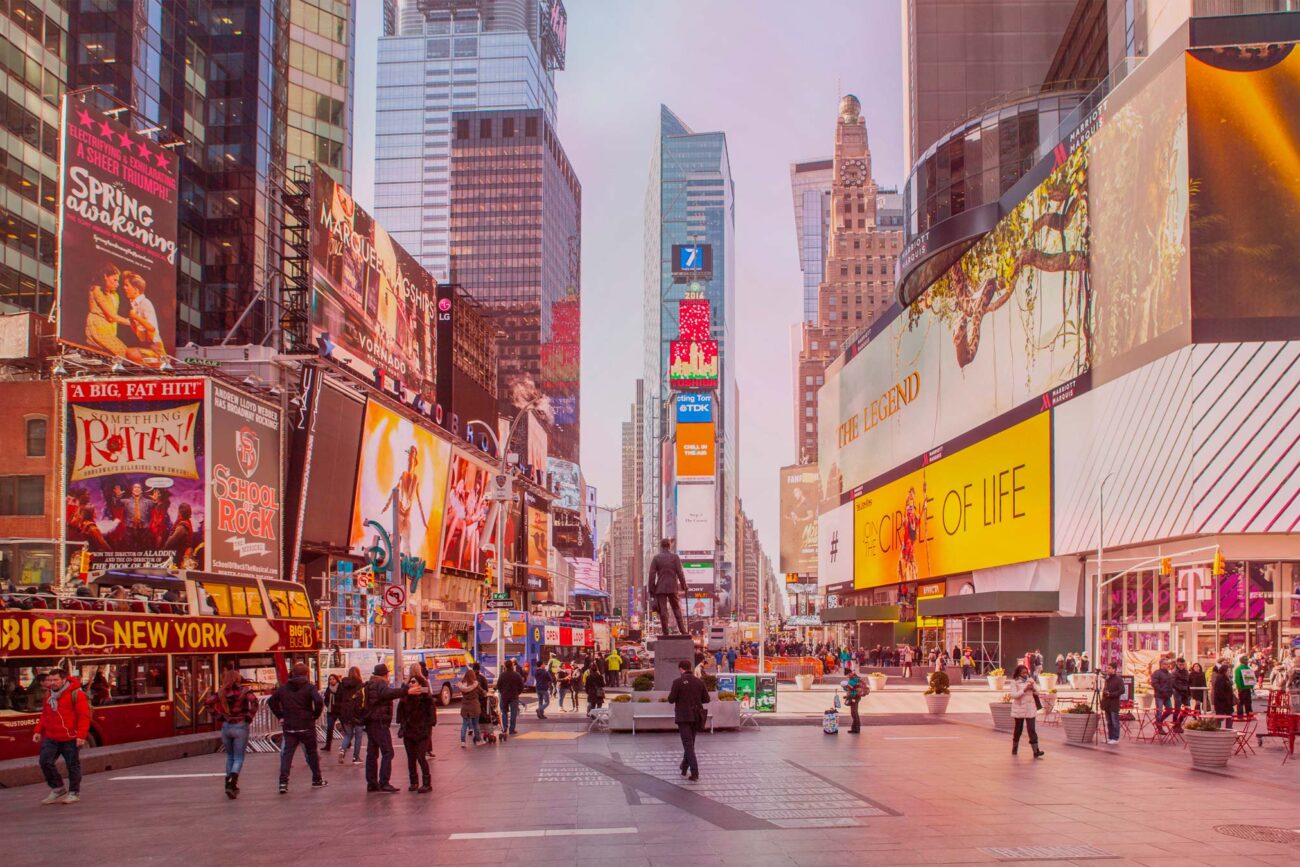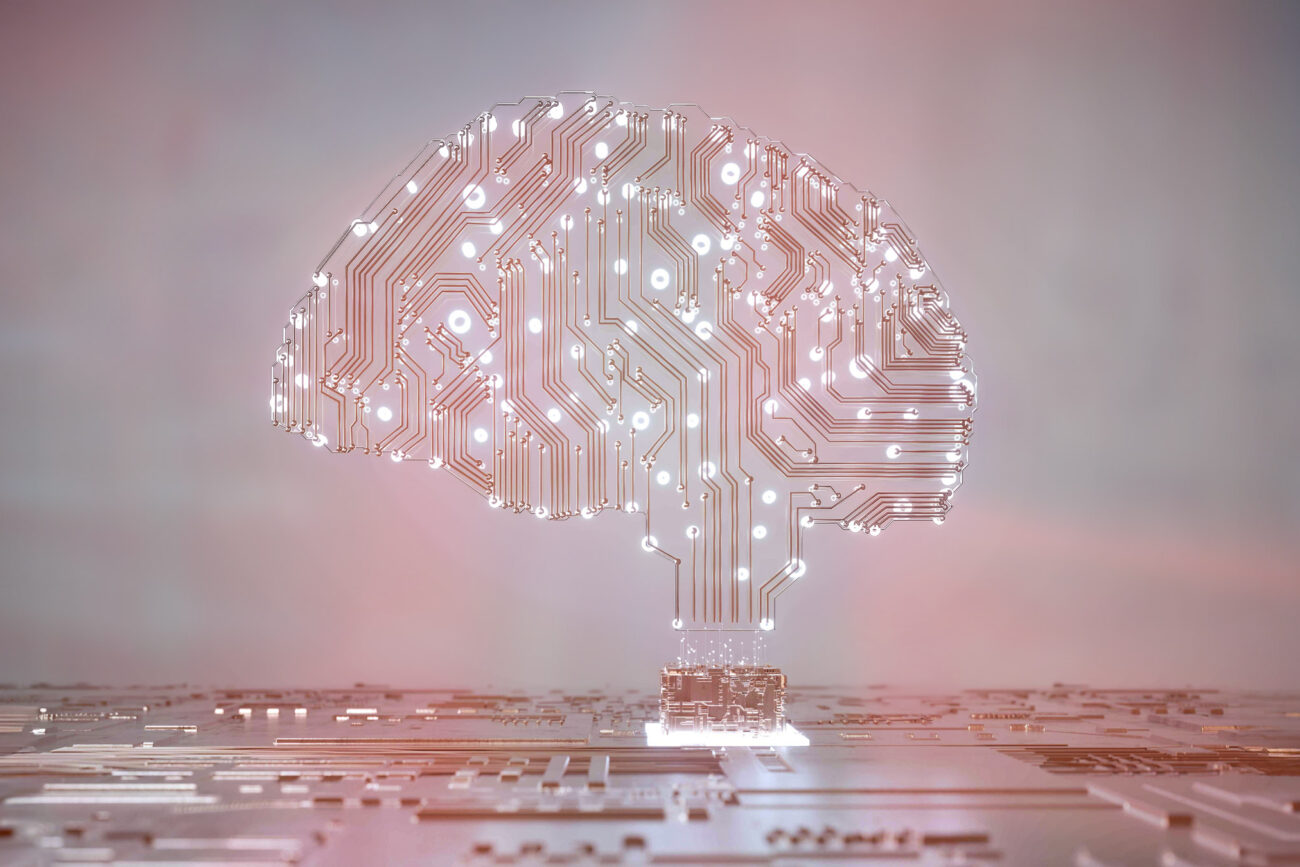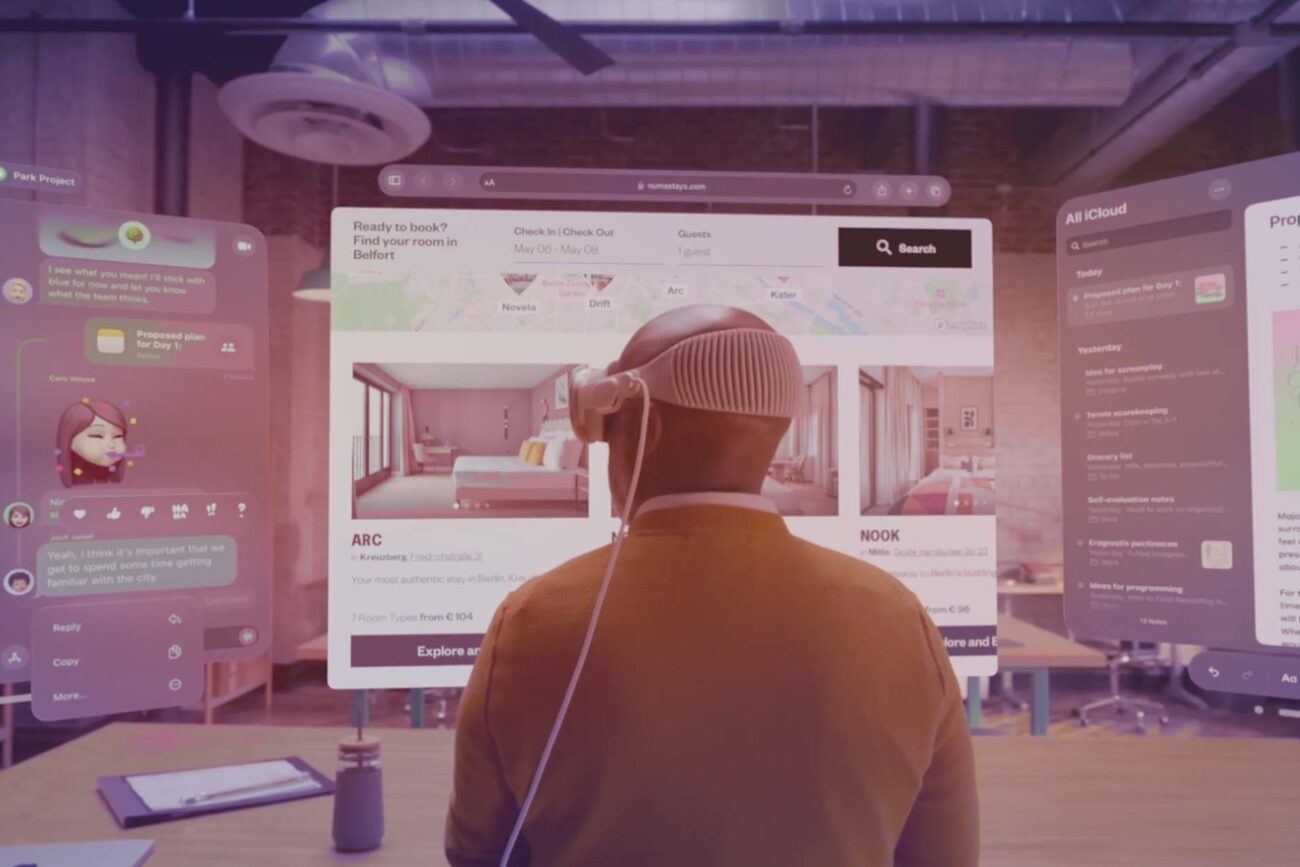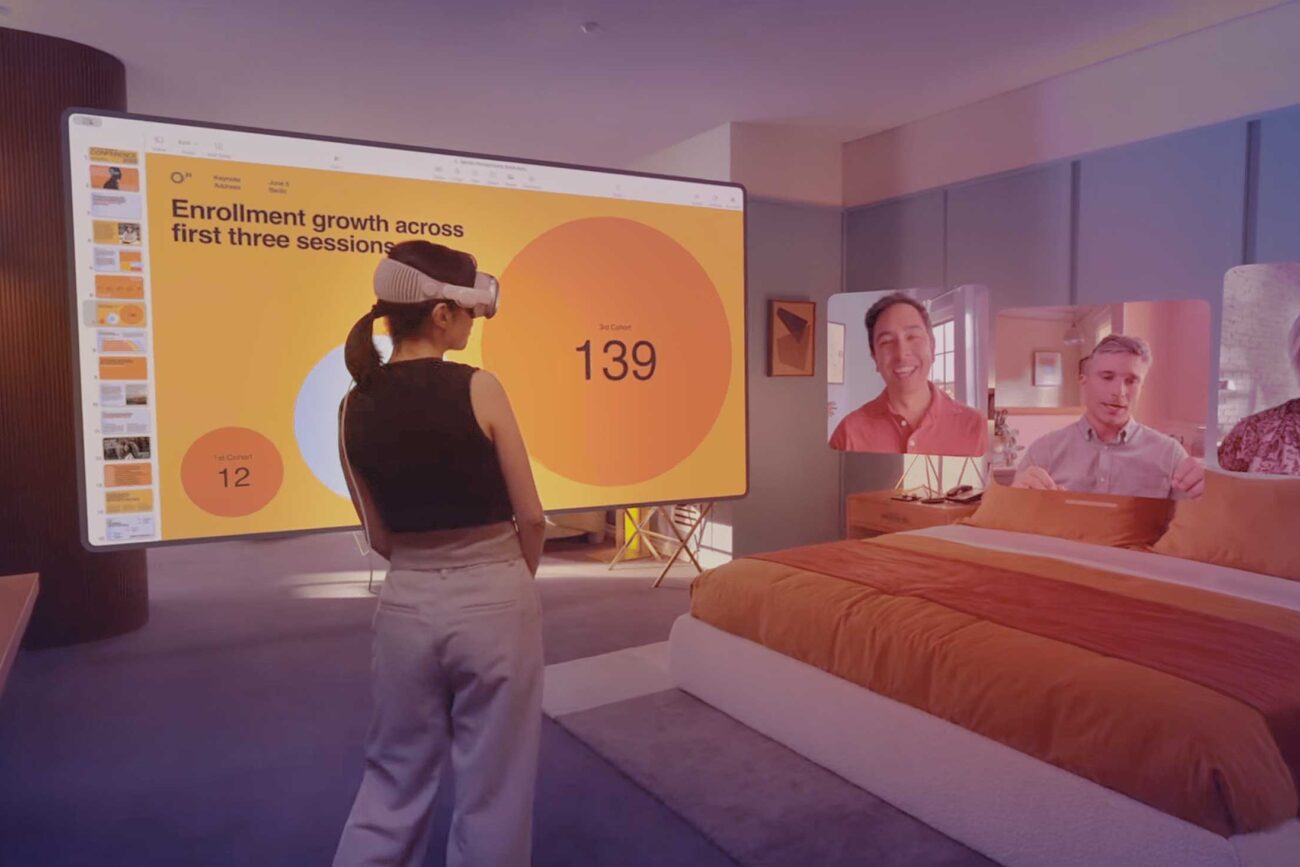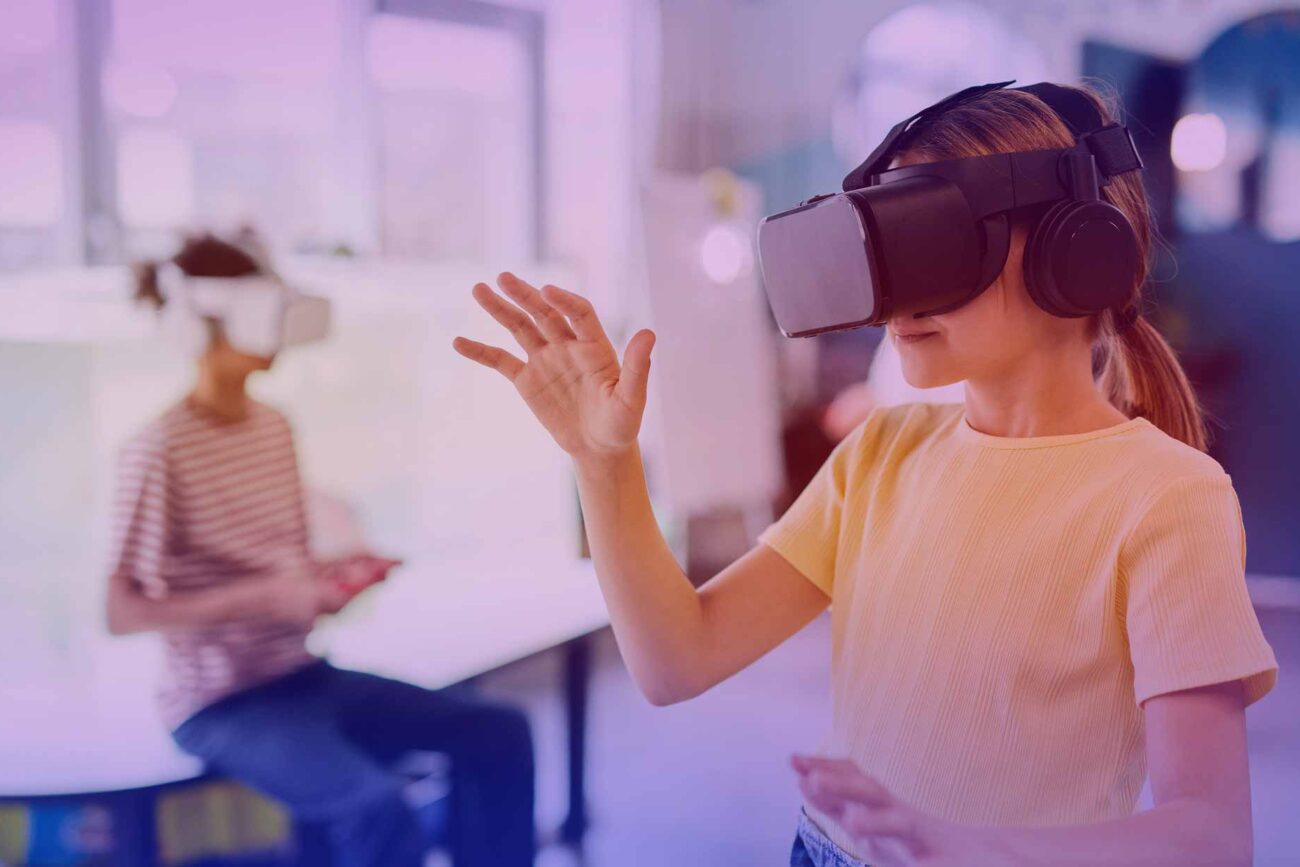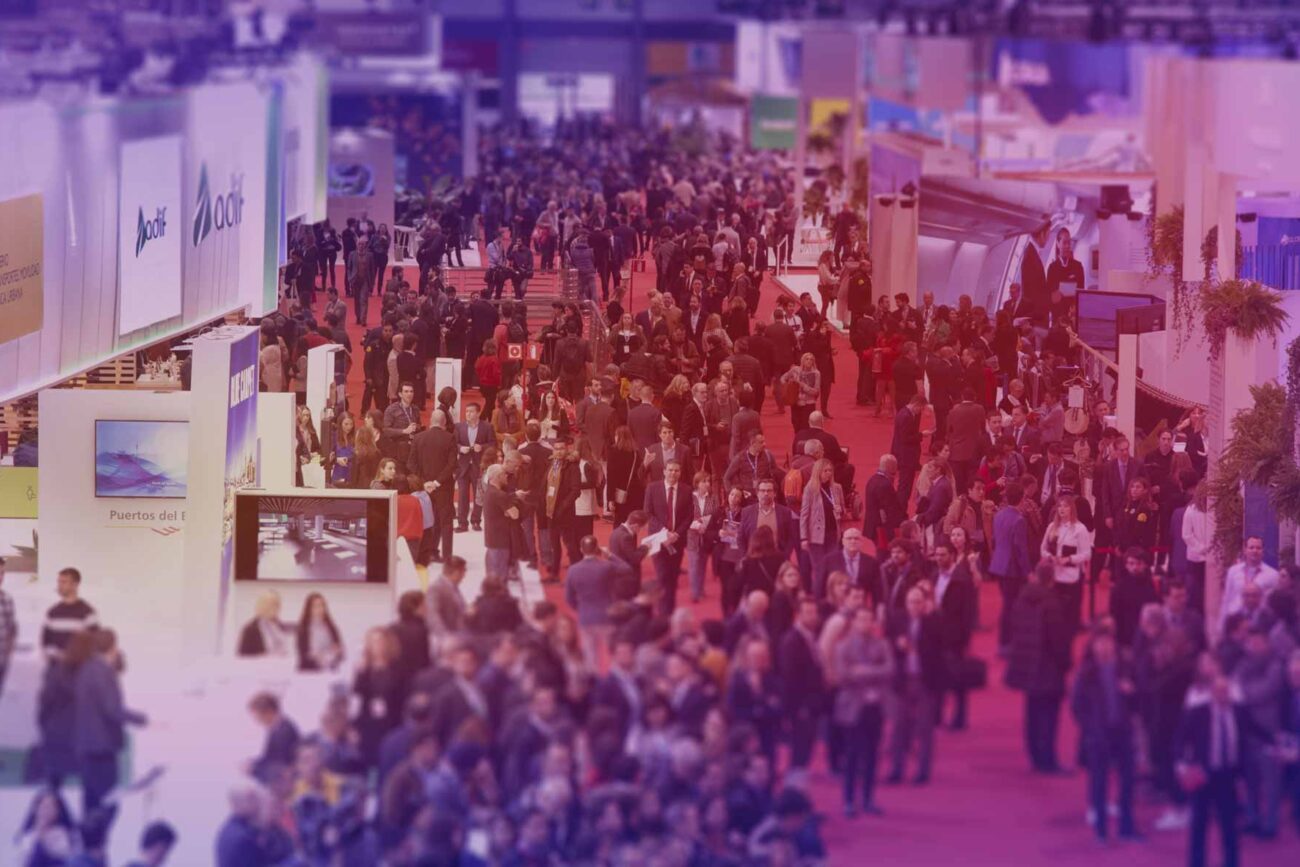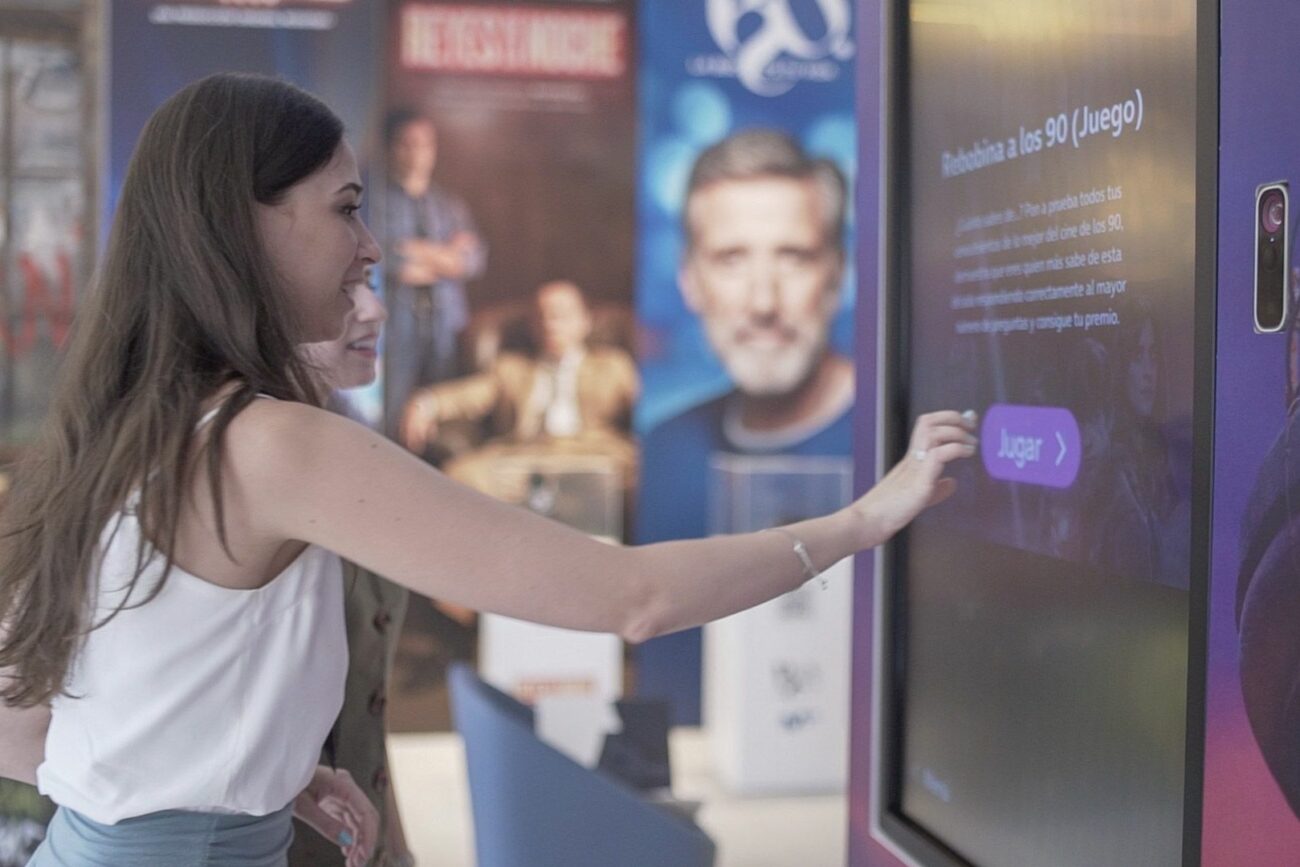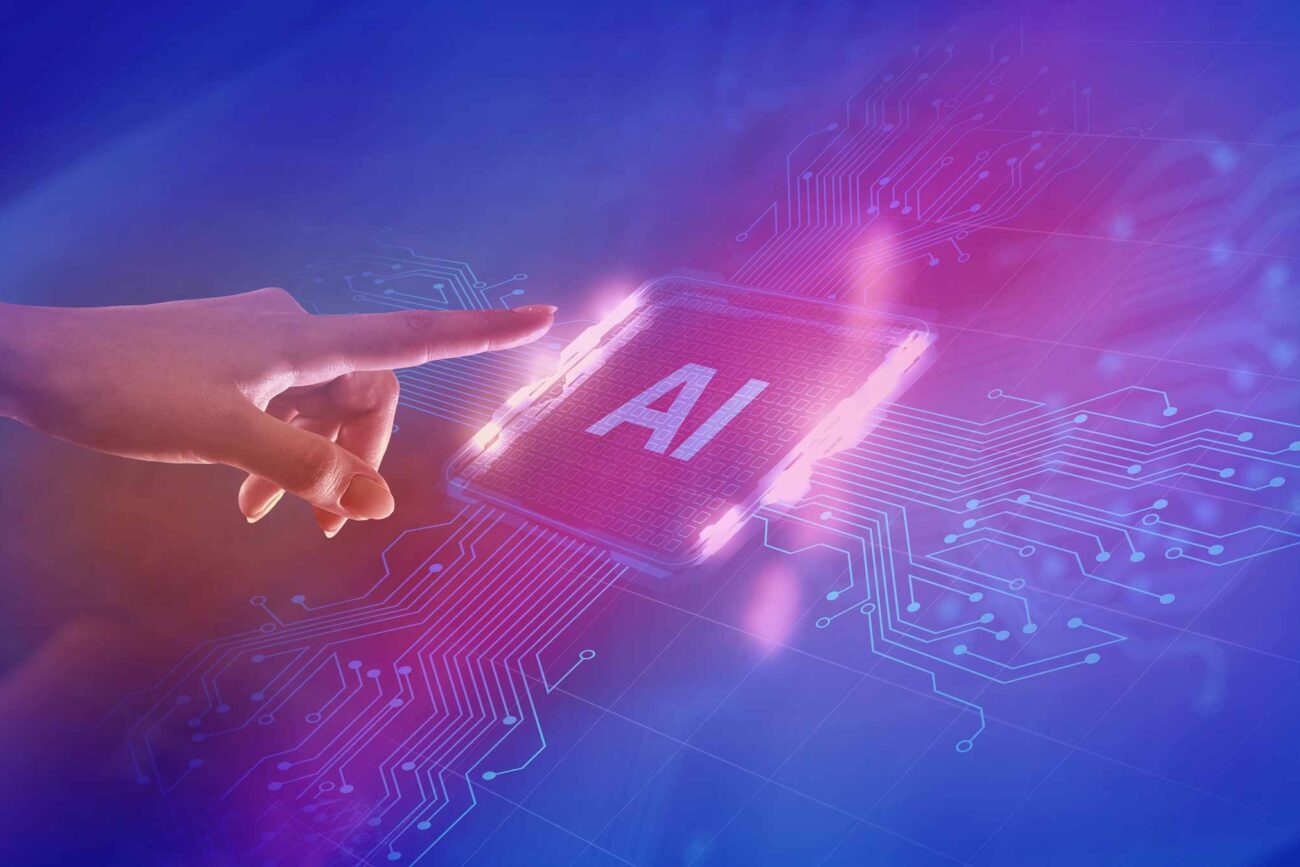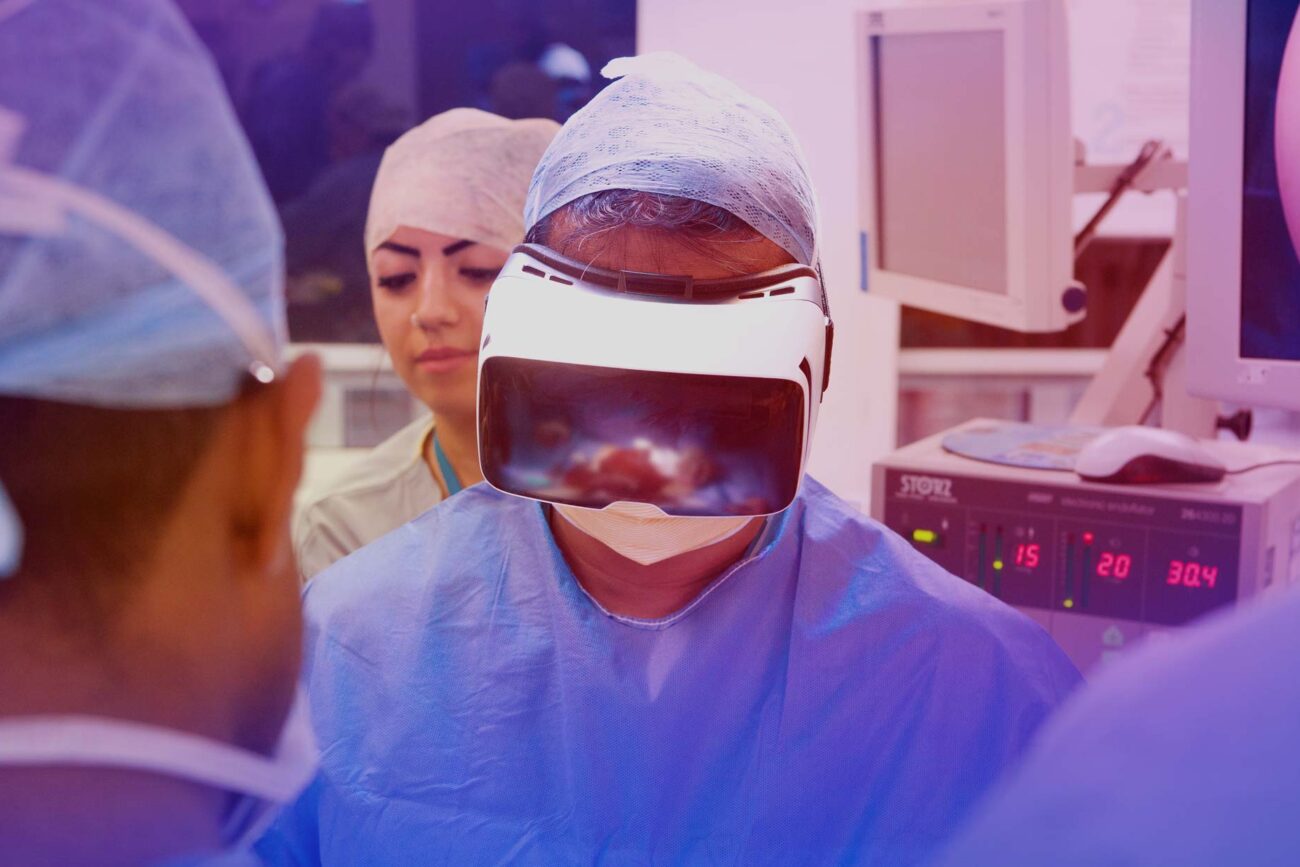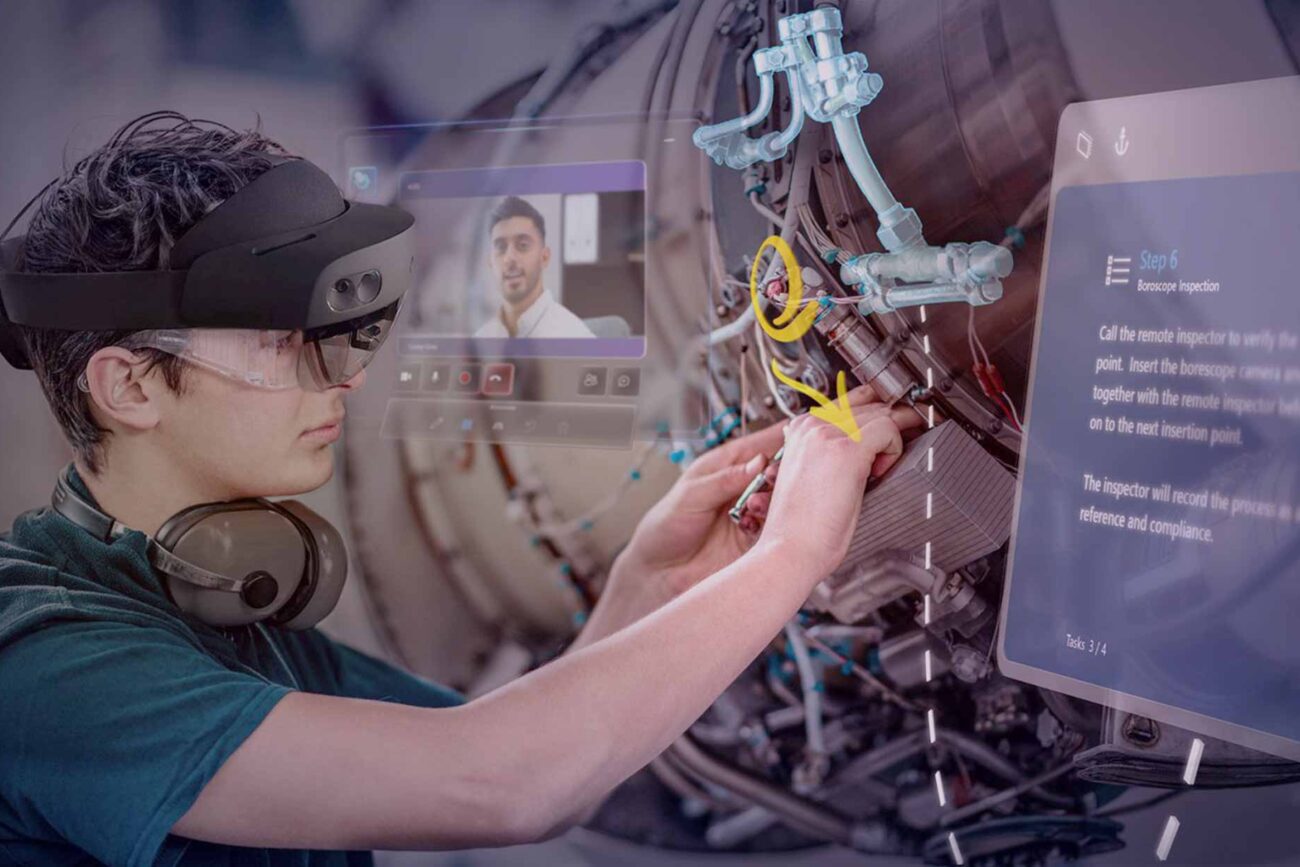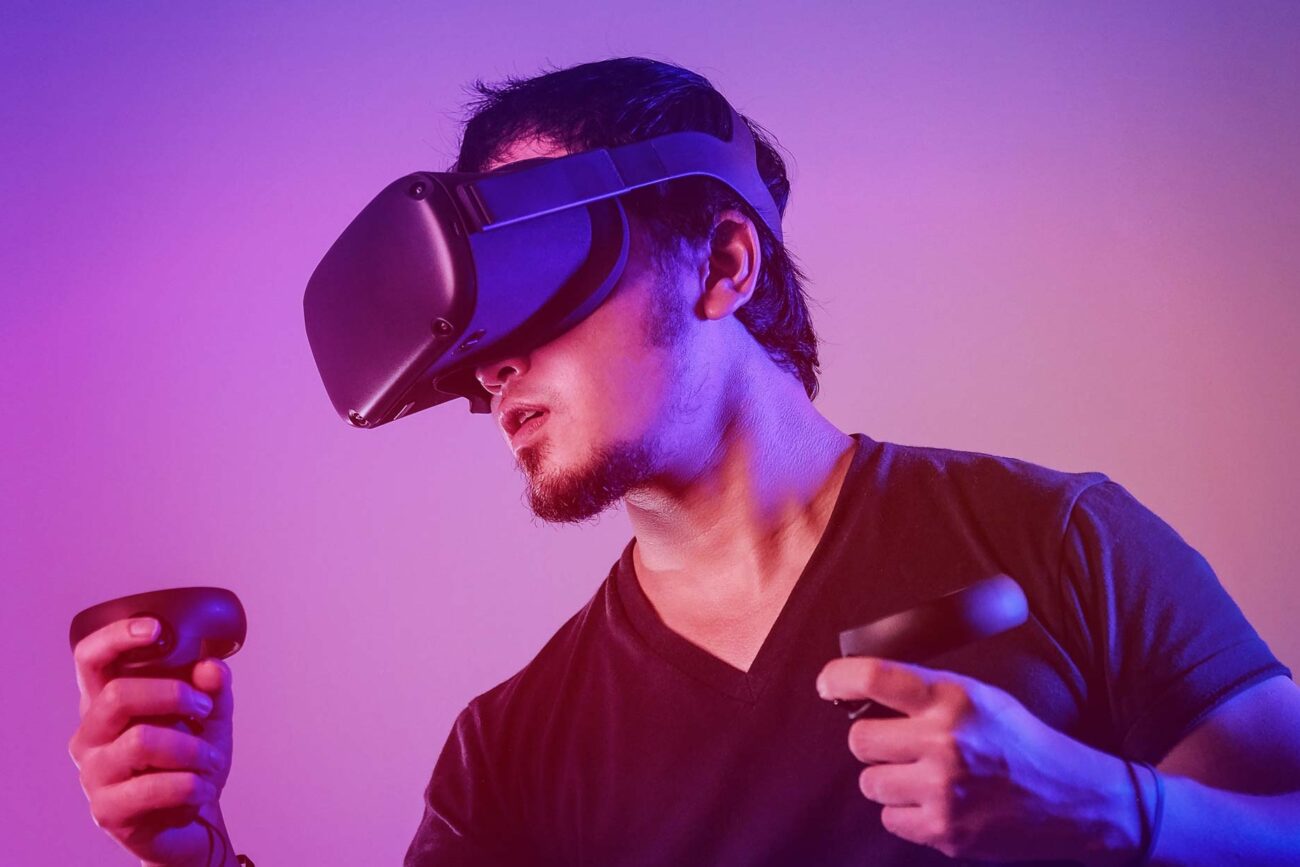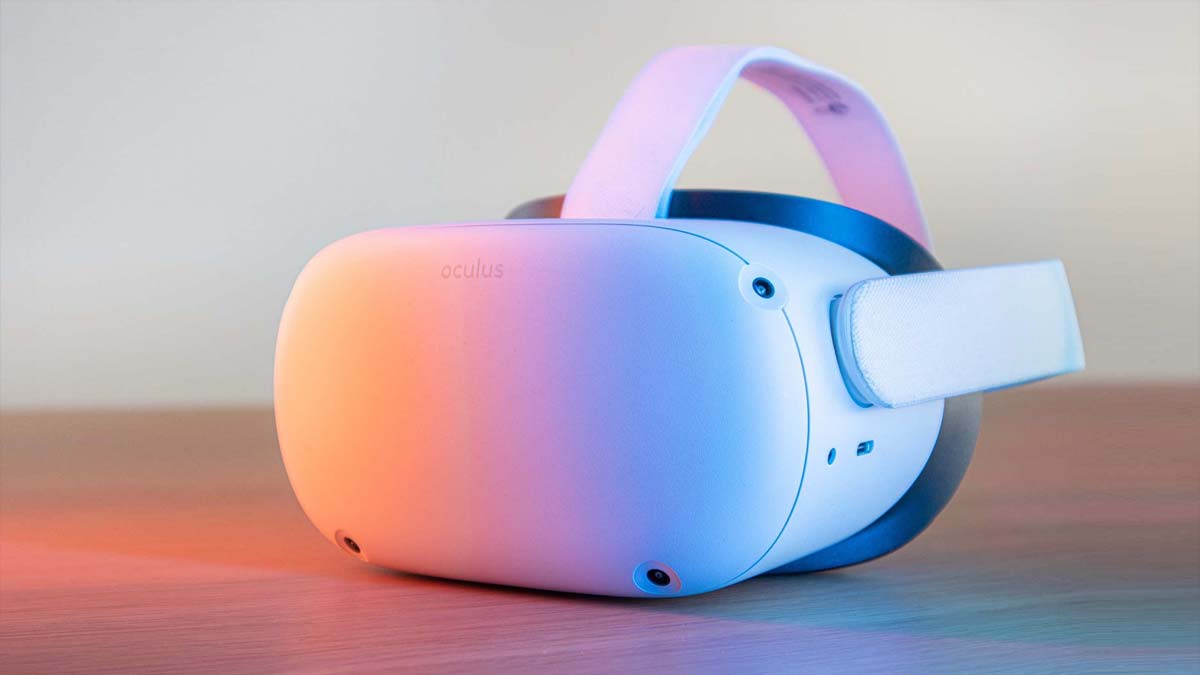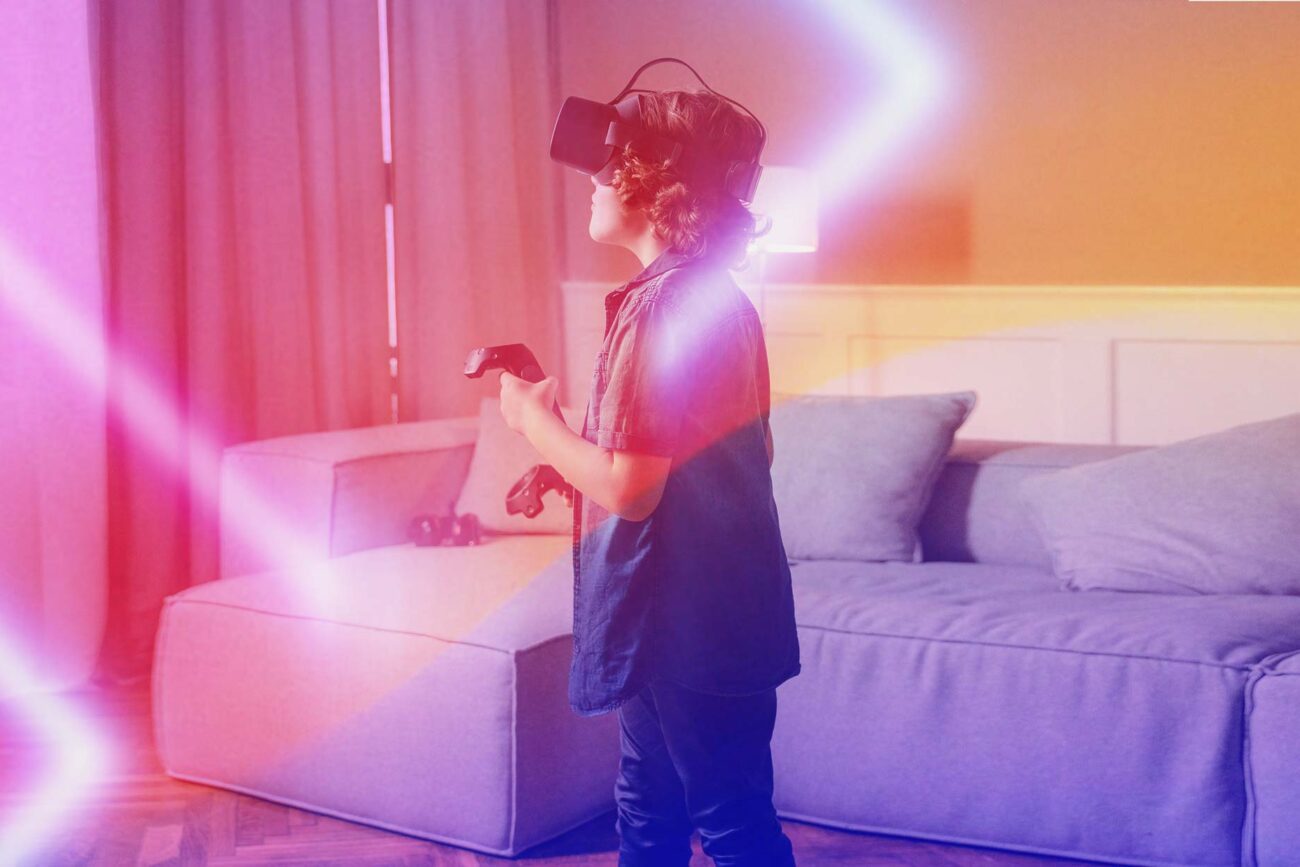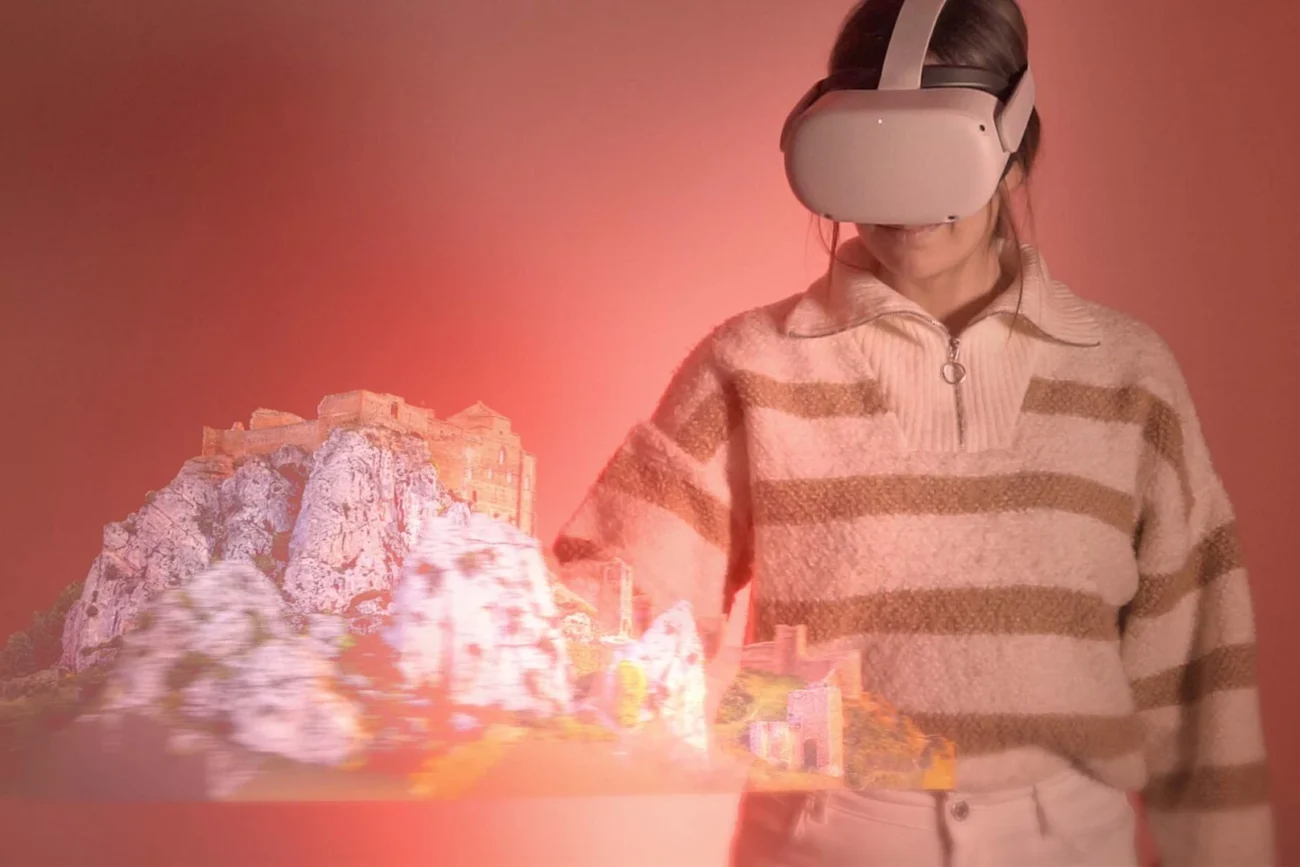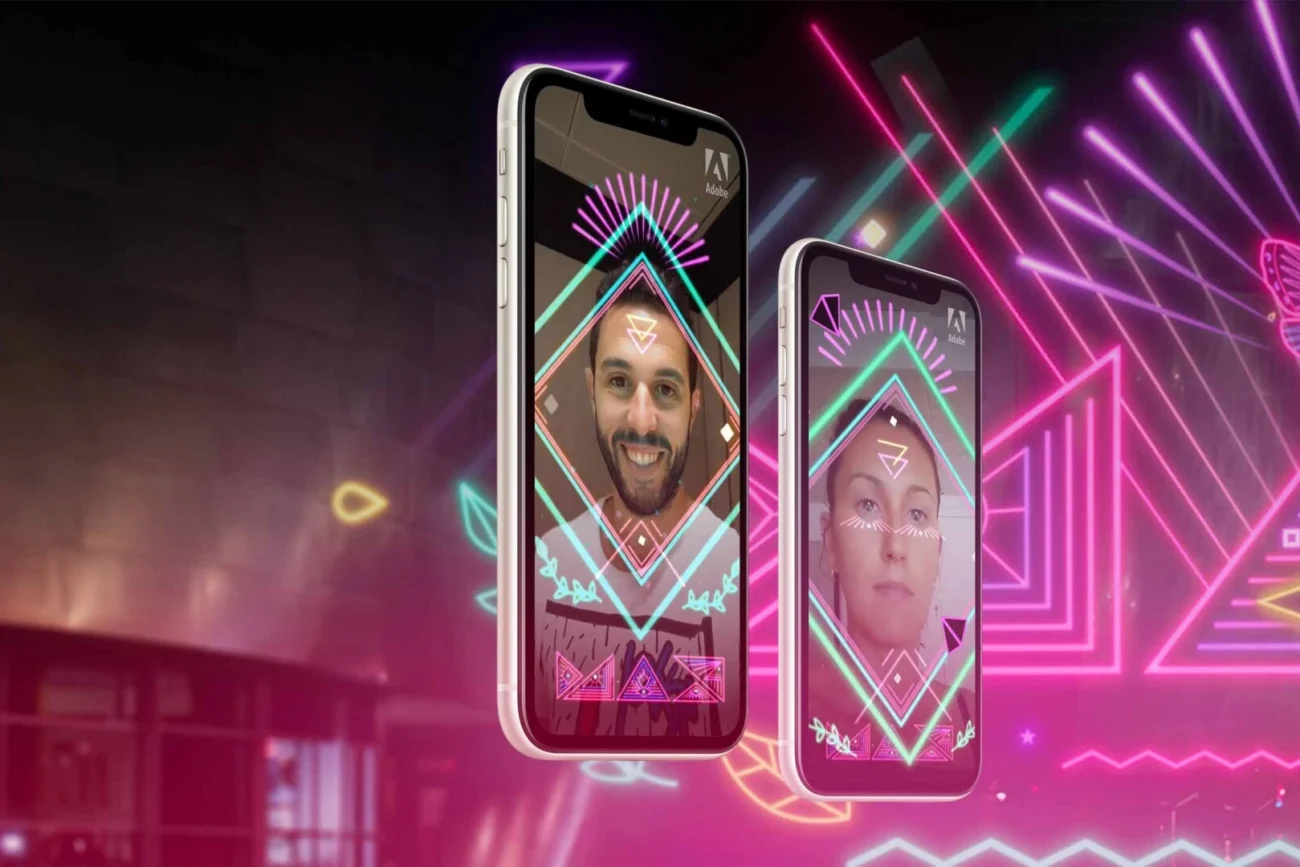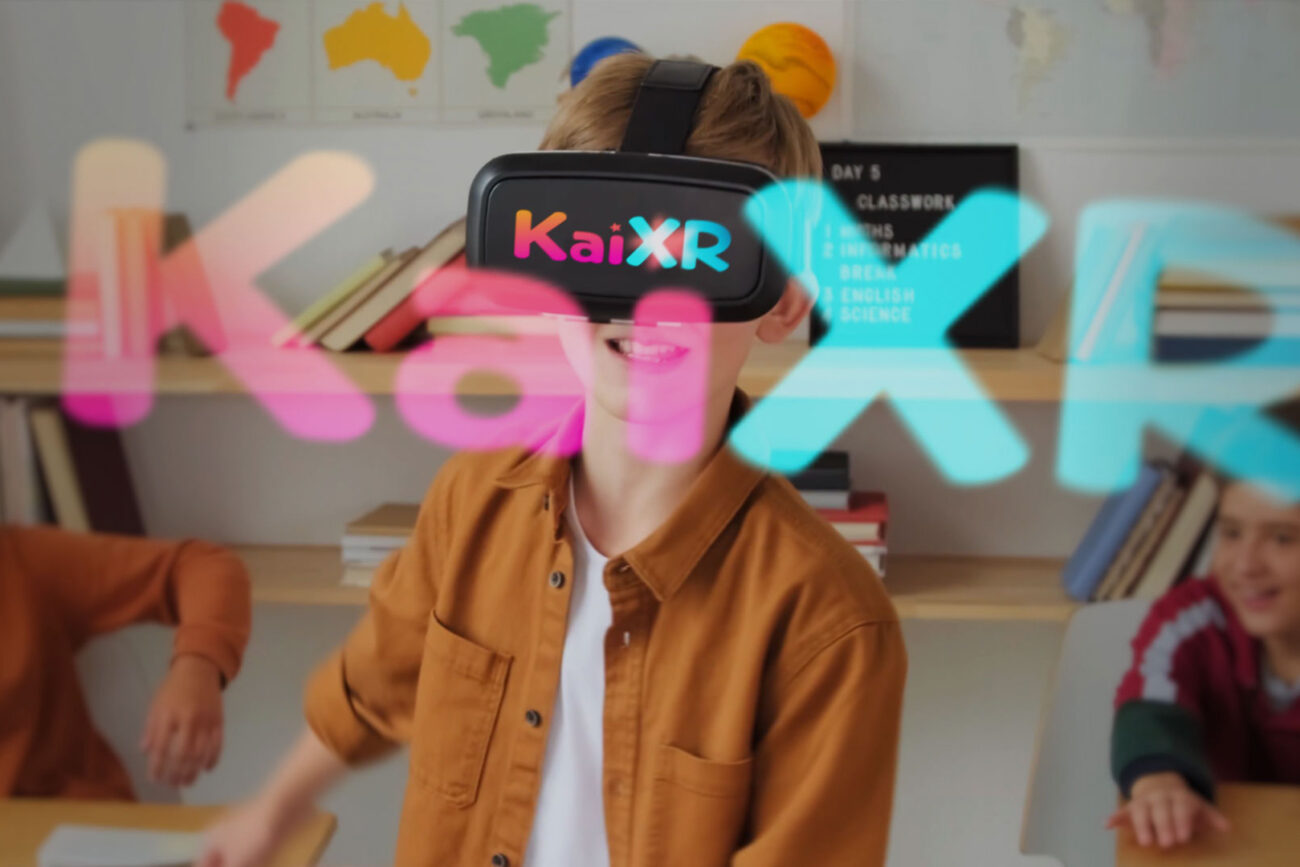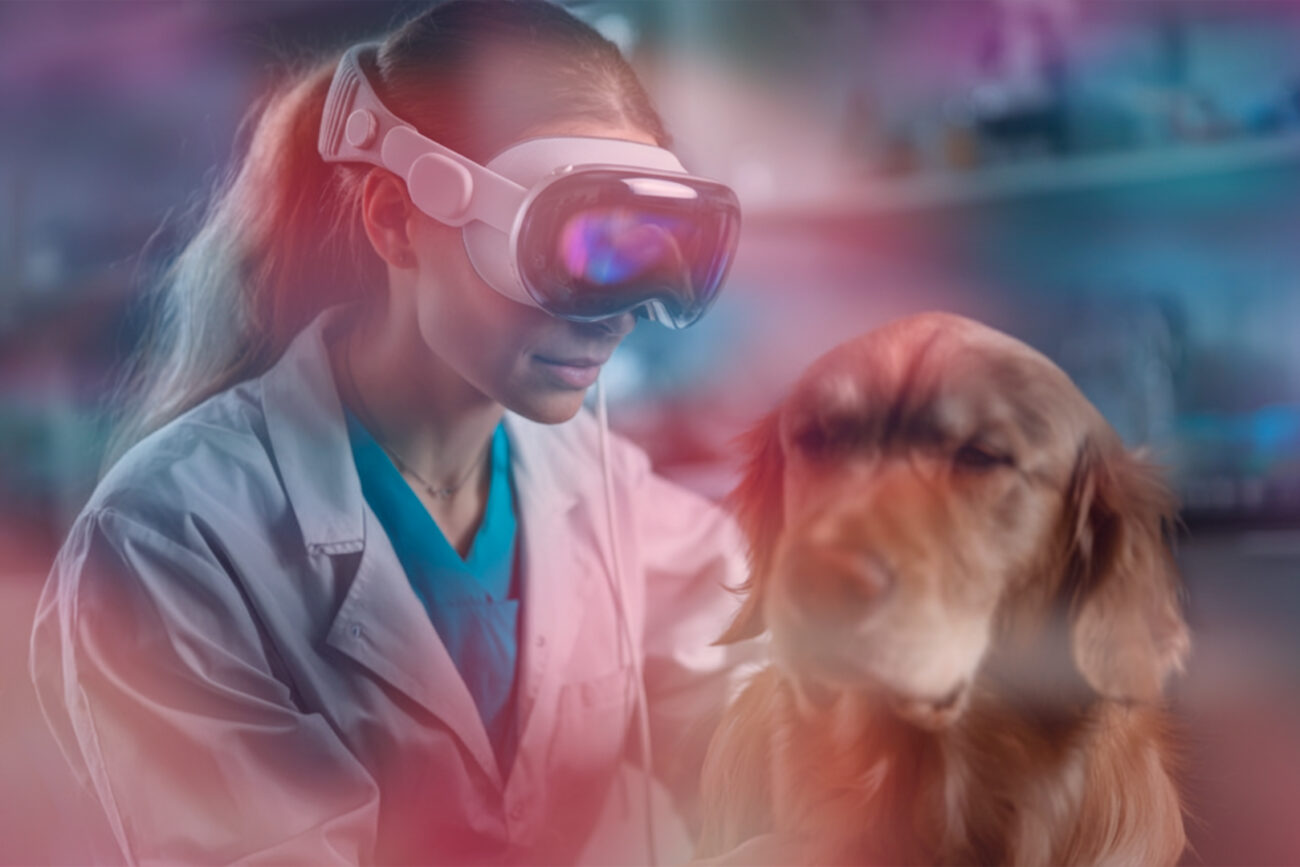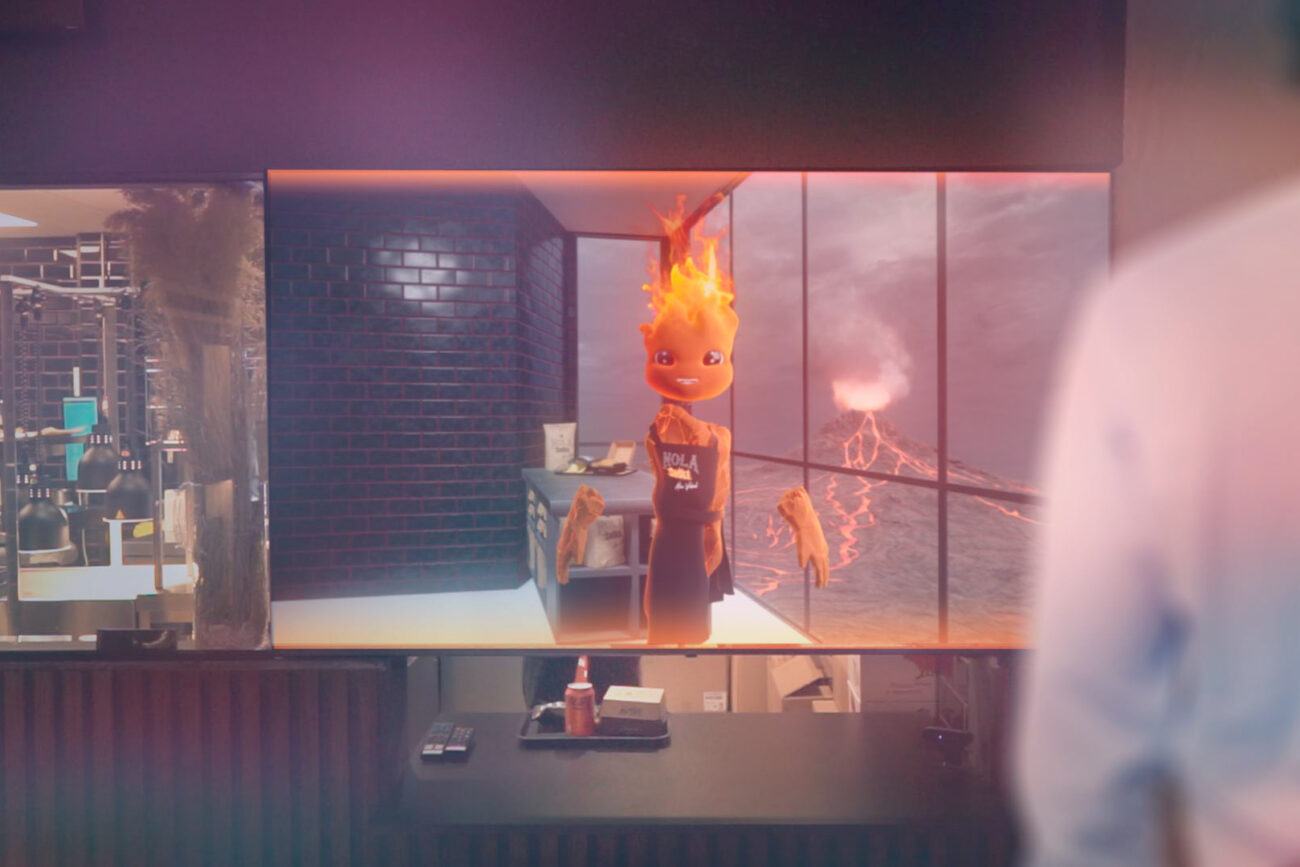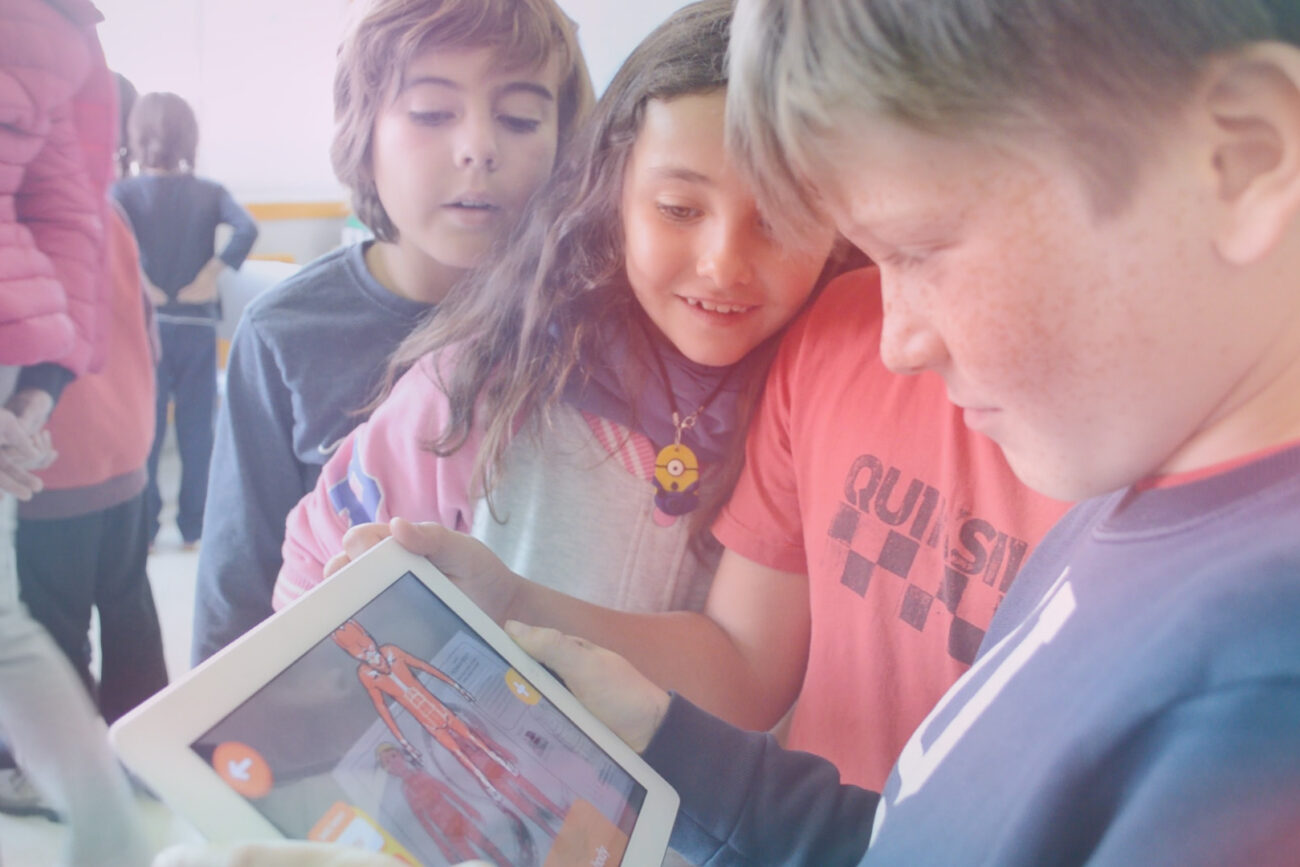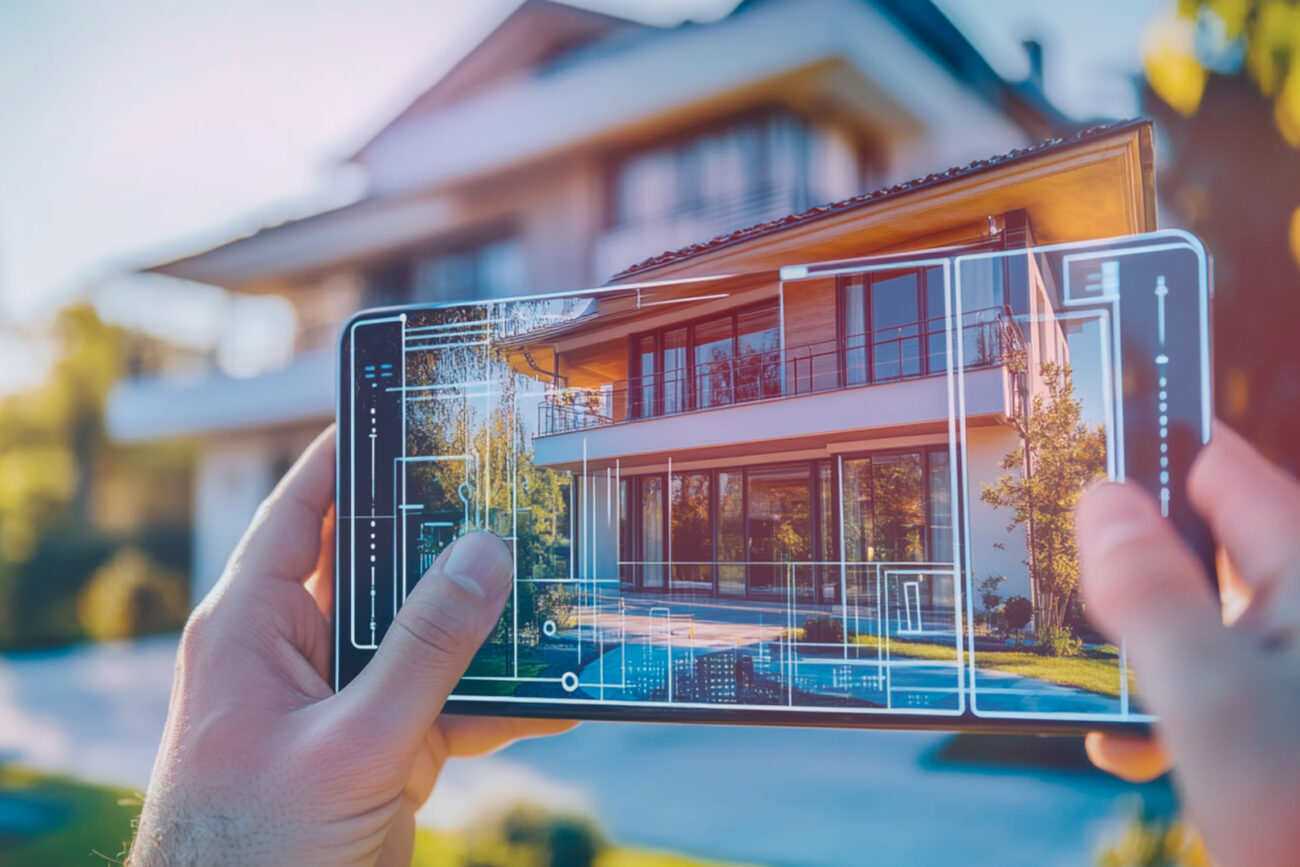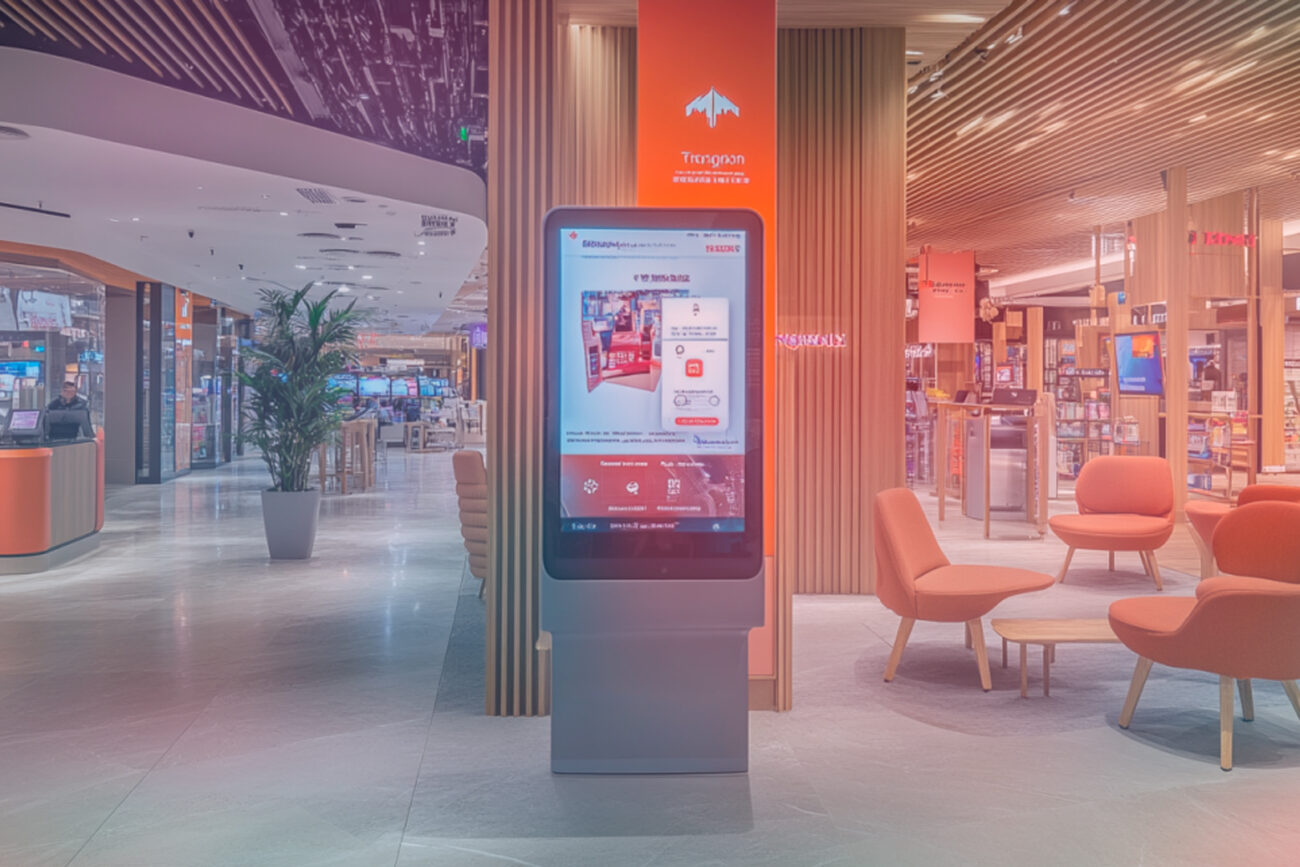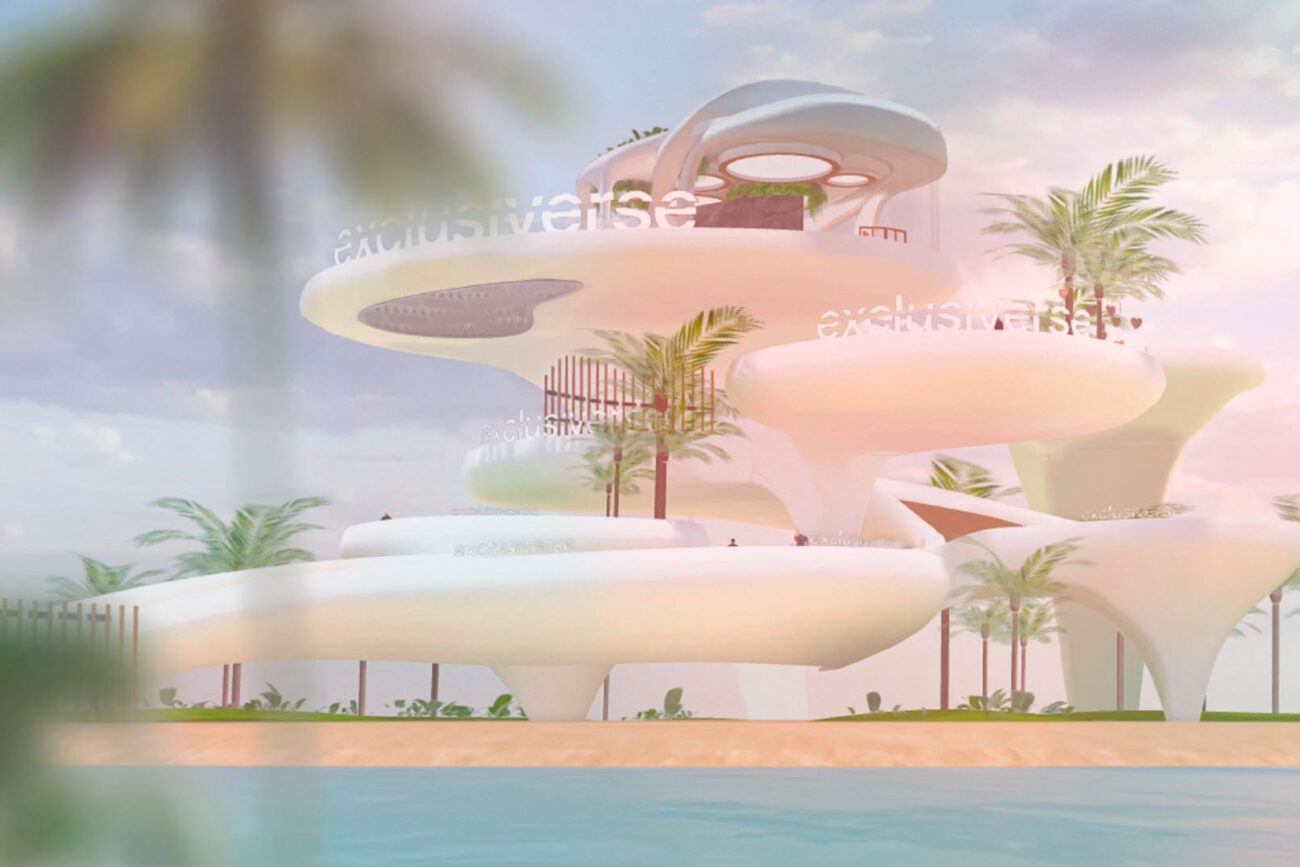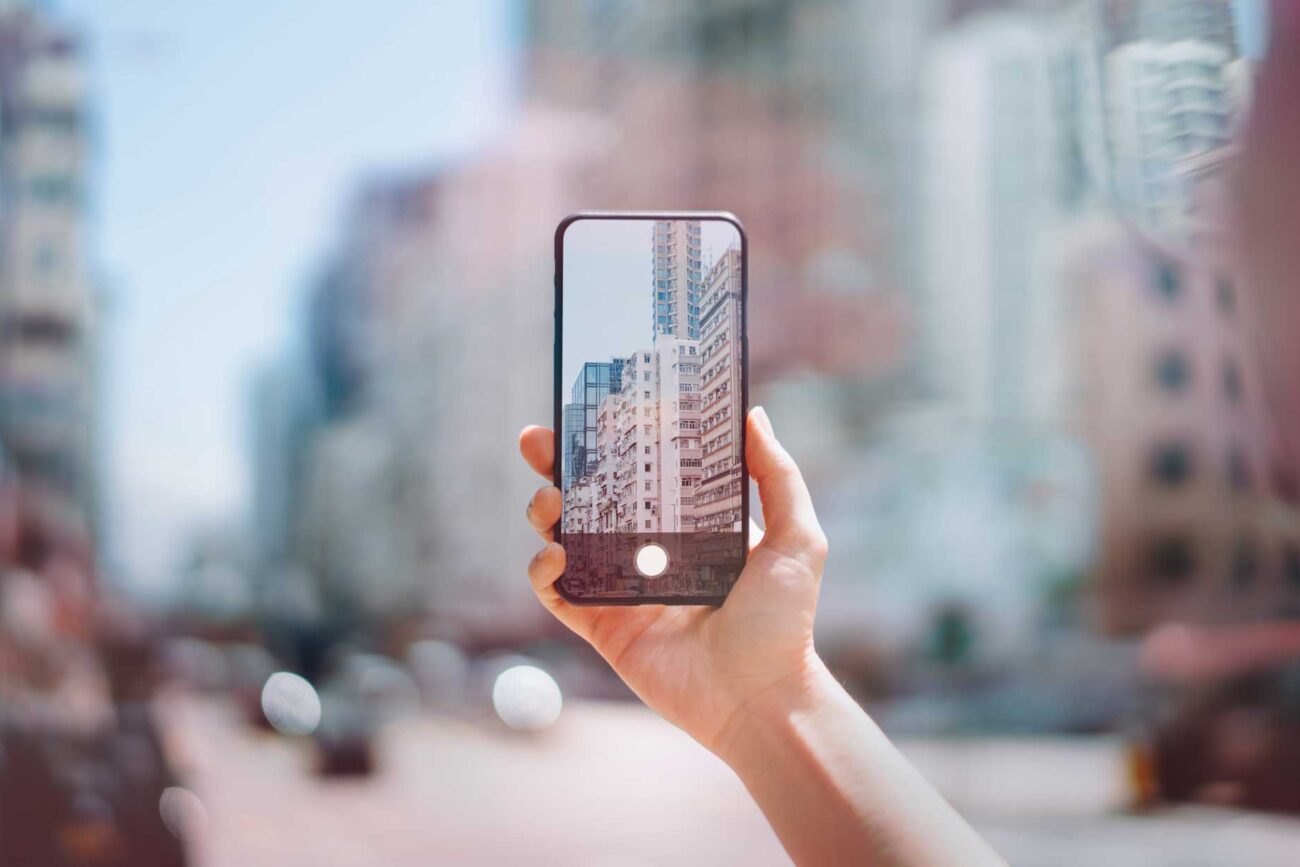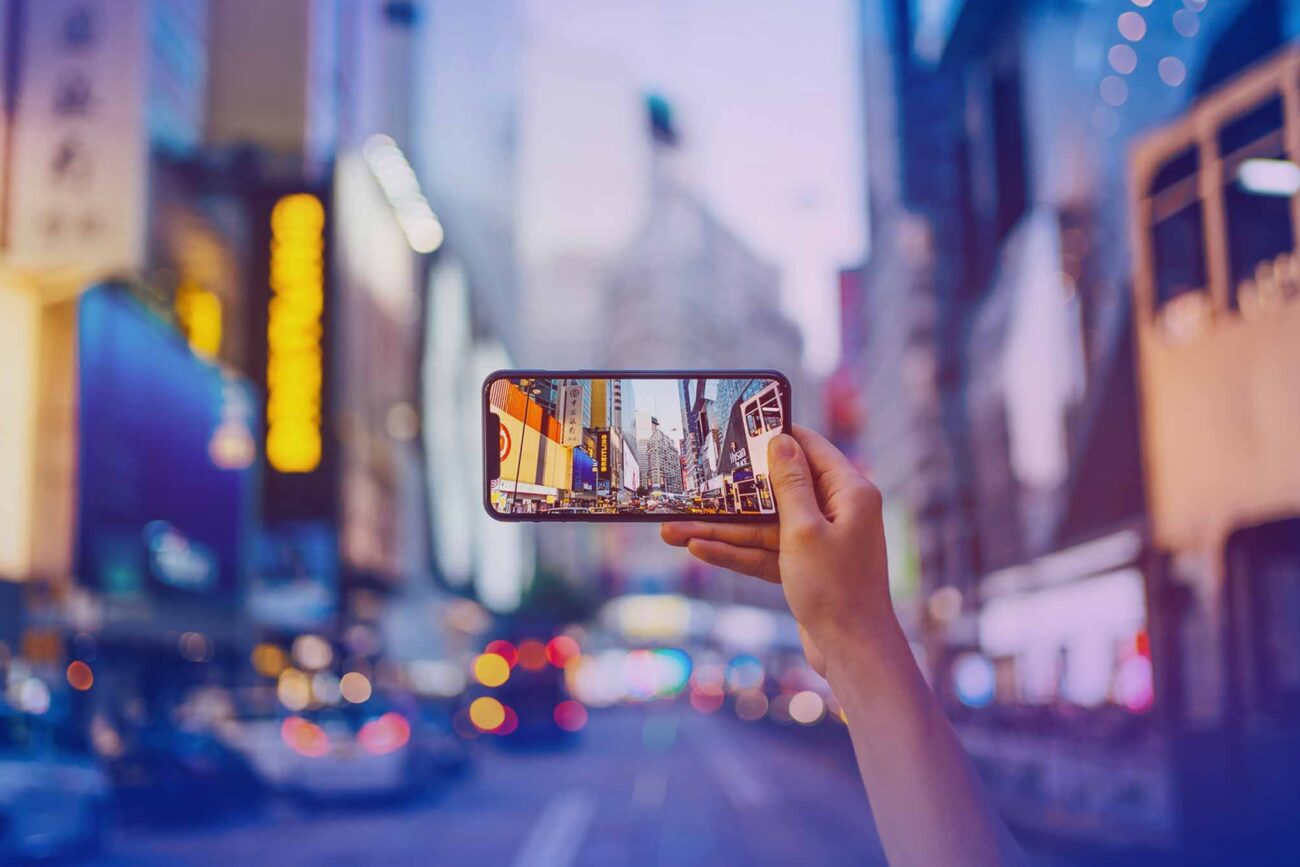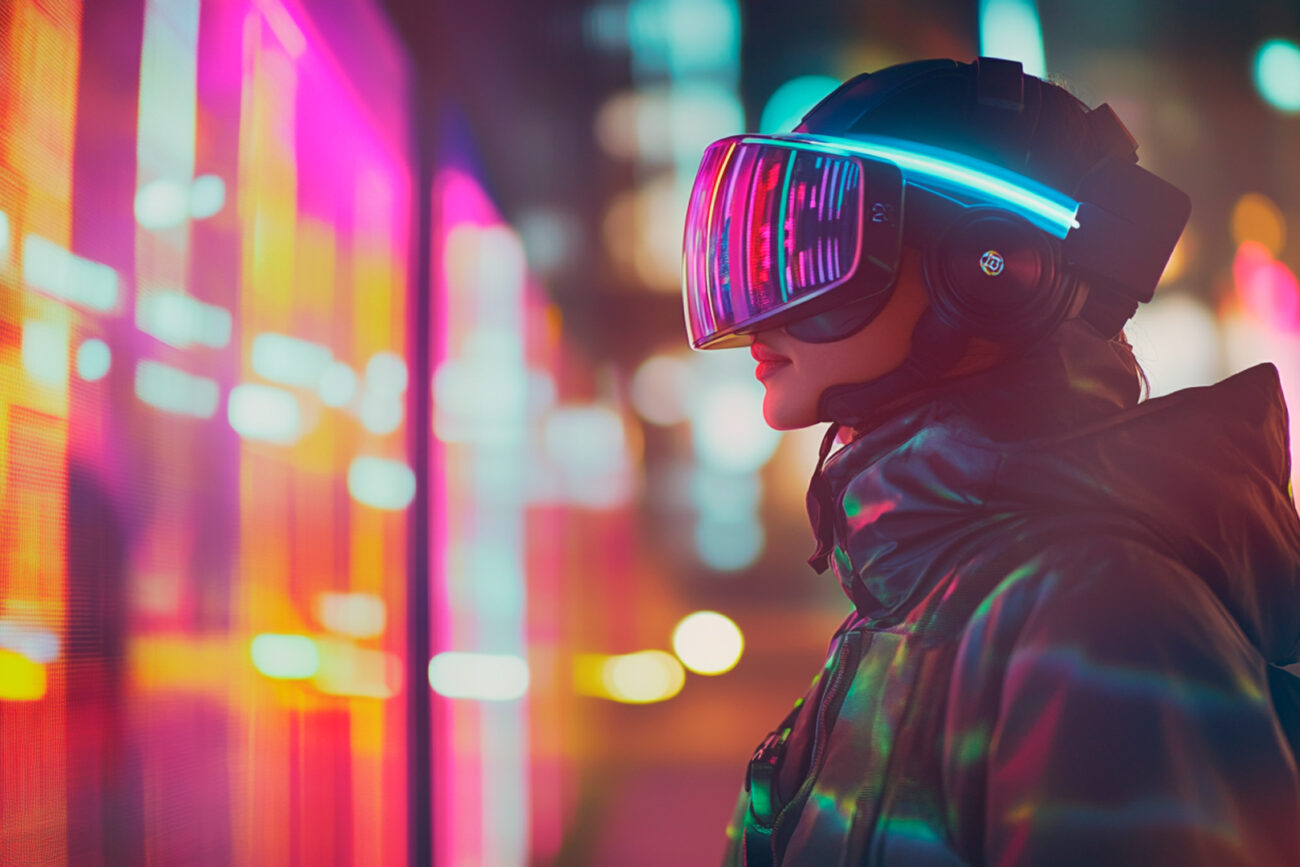BITÁCORA
| BLOG
Read our space diary and discover the best of the latest technology news.
Throughout this article we explore how tooth tracking makes these experiences possible, how augmented reality simulations strengthen patient confidence and improve clinical outcomes.
Thanks to intelligent conversational assistants, it is possible to offer continuous, accessible and personalized training, adapted to the language, profile and pace of each worker. An outstanding example of this application of AI tutors at industrial level is NAIMA, a solution developed to facilitate onboarding and training in industrial environments.
Discover how technology can turn training into a truly transformative experience. Virtual Training programs have become the key to empowering teams.
In this article we explore the virtual training definition, its most important benefits, its challenges and opportunities that companies should consider and how, with the help of Imascono, the integration of these solutions can be achieved.
Digital transformation is no longer about incorporating technology, but about knowing where you are, where you are going and how to get there. This report was created to provide clarity and explain what a digital transformation diagnosis is.
In an increasingly dynamic and competitive industrial world, simulation and virtual reality have become essential allies in revolutionizing the way companies design, train, operate and communicate.
Discover in this blog how innovation, in multiple sectors, allows the implementation of immersive solutions and virtual reality prototypes to leap into the future.
Imagine a world where your personal shopper never sleeps, knows your tastes in detail and accompanies you on every device, from your mobile to the physical store, offering recommendations that seem tailor-made. That world is already a reality thanks to artificial intelligence.
Imagine being able to move, interact and explore a virtual world with total freedom, as if it were real. This is what the 6DoF can do. The most advanced technology in VR.
Artificial Intelligence is revolutionizing the healthcare sector, driving more efficient, automated, and humane hospitals. Combining technological innovation and creativity to improve the experience of patients and professionals.
From the robotization of production to the use of artificial intelligence to optimize processes. Technological advances are rewriting the rules of the game.
Social networks are no longer just a communication channel: they have become spaces where brands must generate experiences capable of surprising, exciting and connecting authentically with their audiences.
The combination of immersive experiences, virtual assistants and 360º operational management makes it possible to attract more professionals and measure the real impact of the event, from the booth to the post-event.
Augmented reality (AR) is no longer a futuristic promise but a strategic tool that is redefining the way we shop online.
Artificial Intelligence is no longer a distant promise: it is the present that is redefining how we operate, sell and relate to customers.
Imagine anticipating faults before they stop the line, adjusting energy consumption in real time and clearly prioritizing incidents. Such a world exists today thanks to IoT.
From digital twins that plan processes, to Extended Reality that revolutionizes training and maintenance, learn how to build your factory of the future.
In a world where innovation makes the difference, Augmented Reality has become a key tool for companies to both attract consumers and improve operations within factories.
From industrial process simulation to advanced training, Virtual Reality is redefining the way industrial companies work.
In an increasingly competitive real estate market, interactive models are positioned as the ultimate tool to captivate and convince future buyers.
Explore how Artificial Intelligence is revolutionizing the industry. Learn about its most prominent applications in areas such as automation, data analysis and improving production efficiency.
Discover how technology and innovation are transforming professional training with immersive experiences, virtual simulations and personalized assistants.
We are no longer talking about eternal manuals or monotonous presentations, but about immersive, gamified and safe experiences that allow learning by doing, without putting resources or people at risk.
From medical training with hyper-realistic simulations to virtual medical consultation through AI avatars, this and other immersive technologies are revolutionizing the healthcare sector.
Artificial Intelligence has burst onto the real estate scene, revolutionizing the way properties are bought and sold.
In this new era, retailtainment is born, the explosive fusion of entertainment, emotion and technology that is completely transforming the shopping experience.
AI agents are not just a technology, they are a living representation of your brand that can converse, adapt to the user and evolve with each interaction.
A virtual storefront can be a very powerful resource for transforming the shopping experience in your store by combining visual appeal with digital interactivity.
Thanks to AI, these assistants not only answer frequently asked questions, but also learn from past interactions by adapting to users' changing needs. They can even become true intelligent agents at the service of brands and customers.
New ecommerce trends is not an option, it is the key to stand out and turn every click into a business opportunity.
In a world where attention lasts seconds, standing out at the point of sale is no longer an option: it is a necessity. The key? Betting on immersive technology that not only captures glances, but also generates emotions and purchase decisions.
Augmented Reality in medicine is transforming the industry like never before. By merging the physical space with 3D digital elements, it offers a perfect combination of innovation and functionality.
Faster diagnoses, personalized treatments, assisted surgeries or virtual assistants trained with truthful sources are some of the main uses of Artificial Intelligence in healthcare.
Virtual Reality is breaking down the barriers between the digital and the physical, and also, introducing the first person in entertainment, making you the real protagonist.
Imagine being able to visualize, analyze and optimize a building accurately, even before it has been built. This is one of the great advantages of Digital Twin 4.0, a technology that is revolutionizing the real estate sector.
Automation is a key pillar for companies seeking to optimize their operations and remain competitive in an increasingly dynamic business environment.
Immersive digital environments go beyond traditional websites, combining advanced technology with personalization. From virtual tours to training simulations, virtual spaces are transforming business activities.
In a world saturated with information and impacts, experiential marketing has become the key for brands to not only be seen, but felt.
Retail is undergoing an unprecedented digital transformation thanks to Artificial Intelligence. Today, brands are no longer just selling products, but creating personalized experiences that connect emotionally with their customers.
The luxury sector has always been synonymous with exclusivity, innovation and memorable experiences. In recent years, technology has played a key role in the evolution of this industry, helping brands to raise their standards and connect with an increasingly demanding public.
Fashion is a constantly evolving industry. In this context NFTs are emerging as a key technology that transforms the way brands create, market and experiment with their garments and collections.
The hotel industry is undergoing an unprecedented transformation thanks to the integration of Artificial Intelligence. AI has become an indispensable tool for hotels seeking to meet the expectations of modern travelers.
The future of DOOH advertising is marked by the integration of advanced technologies such as Extended Reality (XR), Artificial Intelligence (AI) and the Internet of Things (IoT), which will transform public spaces into smarter, more interactive and personalized environments.
Artificial intelligence (AI) is transforming diverse sectors, from education to industry, automating repetitive tasks and allowing professionals to focus on more strategic and creative activities. In addition, AI facilitates creative processes, allowing creators to cooperate with technology to innovate.
Customer Experience has become a decisive factor for the success of any business in the digital era. Today's consumers are not only looking for quality products or services, but also for emotional connections and memorable experiences that reinforce their relationship with brands.
Digital entertainment and leisure have moved from storytelling to storyliving. From being mere spectators to being part of the action. In recent months we have seen how the Apple Vision Pro is impacting the business world. But what about entertainment?
Technology is transforming all company strategies, especially marketing strategies. In this context, the Metaverse and new virtual worlds have become a new frontier for brands looking to innovate and connect with digital native audiences.
Social Networks have become the main communication channel for many companies. A way to reach the end user, to have direct conversations with them and to connect emotionally with the product and the brand. In this equation, influencer marketing plays a key role.
Artificial Intelligence is one of the great technologies that are transforming all types of companies and sectors. Its great capacity for adaptation, its low learning curve for users and its integration with other technological advances such as Metaverse, Augmented Reality or Spatial Computing, make AI an important point in the future of companies.
Technological innovation is part of 21st century education. Among the different technologies that have been emerging in recent years, the Metaverse and virtual spaces offer a wide range of benefits and features that can enrich the educational process, making it more accessible, interactive and personalized.
In a world where connection and instant information are key, Augmented Reality offers a bridge between physical space and digital data, providing both businesses and users with a more intuitive and effective way to interact with technology.
Digital transformation has reached all sectors, including the education sector. Technology and computing have not only become key subjects for students, they are also an important part of the teaching methodology itself.
Blockchain technology is, without a doubt, one of the most important and at the same time less known technologies in the current technological panorama. Thanks to it today we can have cryptocurrencies such as Bitcoin or NFTs and platforms such as Ethereum. In addition to the first smart contracts and the sketches of the most advanced cybersecurity strategies.
If there is a technology that is revolutionizing the present and future of education, it is Artificial Intelligence (AI). It is radically changing our learning schemes, developing new proposals and methodologies.
The possibility of approaching the real world from new perspectives, of combining the physical and virtual worlds, of creating an environment full of information that adds value to educational activities.
The era of data has also reached the tourism sector. Thanks to Big Data and advanced analytics, tourism companies are currently undergoing a profound and strategic transformation in the way they offer and optimize their tourism services.
In a world increasingly influenced by technological advances and major innovations in the digital world, there are two technologies that have attracted global attention: Metaverse and NFTs (Non Fungible Tokens).
If there is one trend and area of development that has revolutionized the entire technology sector, it is Generative Artificial Intelligence.
The arrival of the Metaverse and the new digital ecosystem is transforming a multitude of sectors, among which banking is positioned as one of the key industries in this technological change.
The travel industry is going through an exciting time. The latest technological advances are introducing new ways of interacting with users, creating new travel experiences and generating new business models within the travel sector.
In the digital era, mobile applications have marked a before and after, they have become an extension of our daily lives.
Nowadays, technology is advancing by leaps and bounds and Virtual Reality is not far behind.
Virtual Reality has ceased to be just a science fiction concept to become the great immersive technology that allows us to travel to a totally new and digital universe, where users are in control.
The virtual universe of interconnected worlds is already a reality and companies must be prepared to make the leap into this new digital era.
Although it may seem surprising, Artificial Intelligence is not new. It is an area of study in computer science and computing that has been researched since the 1950s.
A membership or subscription service is a business model in which exclusive products, experiences, services and/or benefits of high value are offered to customers. The communication, interaction and loyalty of memberships offer a new way of living the connection with the company, its values and value propositions.
In recent years, we have seen how the digital world has become increasingly important in our society, and also in our businesses.
The physical and digital worlds have never been more interconnected. Now, offline and online are merging, in a new user experience strategy known as phygital.
With the advent of immersive technologies, entertainment is expanding beyond its current boundaries.
In the current era, if there is one technology that is transforming the business world, it is Artificial Intelligence (AI). The tourism sector is no exception.
Artificial Intelligence has become one of the most disruptive technologies of the 21st century, and we still do not know its full potential.
Artificial Intelligence has reached our daily lives in many ways. In the generation of content, in the analysis of thousands of data in real time and also in the way we interact in the new virtual world.
Metaverse, Extended Reality, Web 3, Spatial Computing... the virtual universe of interconnected worlds is already a reality, also for the tourism sector.
The ability to innovate effectively makes the difference between success and stagnation in the business world. Especially nowadays, where technological advances and market trends are changing at an ever-increasing speed.
The real world and the virtual world have never been more interconnected: spatial computing is now a reality, forever changing our perception of extended reality and immersive technologies.
We live in the midst of the digital era. Our way of relating, entertaining ourselves, consuming, learning, socializing and even working is, in one way or another, in the digital world.
If there is a sector that is constantly evolving, it is the retail sector. We are living the golden age of online commerce, we are witnessing the emergence of new sales channels and physical stores are revolutionizing the concept of customer experience with new phygital proposals.
What do you imagine the future of the Internet - the digital world - will be like? The technology sector has been asking itself this question for some time now, and the answer is becoming increasingly clear.
One of the sectors in which, without a doubt, living unique experiences is the basis of business is tourism.
In this article we will review the 6 main benefits of implementing Virtual Reality in events, fairs and congresses.
The digital world has marked a before and after in how people, and even companies, represent their identity and interact with other users.
In the constant search for innovation in the world of marketing and advertising, Augmented Reality (AR) emerges as a powerful tool to revolutionize the interaction with users/customers.
According to the latest Accenture Technology Vision report, the three major trends of the new technological reality in which we live are: the cloud, the Metaverse and Artificial Intelligence.
Undoubtedly, if there is a combination of technologies that will set the trends for the coming years, it is the combination of Artificial Intelligence and Augmented Reality.
Education in the 21st century is unthinkable without technology. New learning methods, online educational platforms, multimedia content, remote classes, mobile devices connected to the Internet... have arrived in the classroom to stay.
If there is a technology that is trending in the business world, it is Virtual Reality. A priori, everything that encompasses this technology is unconsciously related to the leisure and entertainment industry.
We are currently immersed in a new industrial revolution. If the first revolutions came with the railroad and the steam engine, the fourth (and fifth) industrial revolution comes with the digitalization and automation of industrial plants.
Immersive technologies such as Virtual Reality or Augmented Reality have marked a before and after in video games, marketing, advertising and even tourism.
The change of strategy from Facebook to Meta has mobilized the national and international technology sector to direct all efforts to build what has become the great technological trend for the coming years: the Metaverse.
First there were central data processing systems, then personal computers, then smartphones. Now, we are at the beginning of the new wave of computing: Mixed Reality.
The change of strategy from Facebook to Meta has mobilized the national and international technology sector to direct all efforts to build what has become the great technological trend for the coming years: the Metaverse.
For centuries, museums around the world have had one thing in common: the goal of preserving and sharing culture, history, science and art with as many people as possible.
Within Virtual Reality we find immersive, semi-immersive and non-immersive Virtual Reality. Discover how they work and how they differ from each other.
Augmented Reality vs. Virtual Reality. Different ways of interacting between the real and virtual worlds where immersive experiences, devices and applications are adapted to each technology.
How do you imagine the union between the real world and the digital world in the future? The technology sector has it clear. There is a whole trend and line of research, development, uses and applications in which work is being done around a single technology: Virtual Reality.
The term "metaverse" was coined by Neal Stephenson in his 1992 science fiction novel Snow Crash. In the book, the Metaverse is described as a virtual space in which users can interact through avatars in a shared digital world.
Extended Reality encompasses Augmented Reality, Virtual Reality and Mixed Reality under the same concept. This technology refers to all innovative solutions that combine the characteristics of each of these immersive realities including, in addition, their complementation with Artificial Intelligence, 5G or the Internet of Things (IoT).
Do you know what a webapp is and how it differs from a native app and a static web? A WebApp is an interactive application that works on the web, without the need for downloads and adapted for all types of browsers and devices, regardless of the operating system they use.
Virtual Reality is the technology capable of immersing us in completely digital alternative worlds, where we, the users, decide where to focus our attention.
Throughout this article we explore how tooth tracking makes these experiences possible, how augmented reality simulations strengthen patient confidence and improve clinical outcomes.
Thanks to intelligent conversational assistants, it is possible to offer continuous, accessible and personalized training, adapted to the language, profile and pace of each worker. An outstanding example of this application of AI tutors at industrial level is NAIMA, a solution developed to facilitate onboarding and training in industrial environments.
Get ready to immerse yourself in a journey where innovation and expertise become the new steering wheel of veterinary marketing.
Digital transformation is no longer about incorporating technology, but about knowing where you are, where you are going and how to get there. This report was created to provide clarity and explain what a digital transformation diagnosis is.
In an increasingly dynamic and competitive industrial world, simulation and virtual reality have become essential allies in revolutionizing the way companies design, train, operate and communicate.
Imagine a world where your personal shopper never sleeps, knows your tastes in detail and accompanies you on every device, from your mobile to the physical store, offering recommendations that seem tailor-made. That world is already a reality thanks to artificial intelligence.
Artificial Intelligence is revolutionizing the healthcare sector, driving more efficient, automated, and humane hospitals. Combining technological innovation and creativity to improve the experience of patients and professionals.
Knowing how to combine the basics of traditional learning with the new skills and abilities needed to develop in the digital era is essential.
From the robotization of production to the use of artificial intelligence to optimize processes. Technological advances are rewriting the rules of the game.
Social networks are no longer just a communication channel: they have become spaces where brands must generate experiences capable of surprising, exciting and connecting authentically with their audiences.
The combination of immersive experiences, virtual assistants and 360º operational management makes it possible to attract more professionals and measure the real impact of the event, from the booth to the post-event.
Augmented reality (AR) is no longer a futuristic promise but a strategic tool that is redefining the way we shop online.
Artificial Intelligence is no longer a distant promise: it is the present that is redefining how we operate, sell and relate to customers.
Imagine anticipating faults before they stop the line, adjusting energy consumption in real time and clearly prioritizing incidents. Such a world exists today thanks to IoT.
From digital twins that plan processes, to Extended Reality that revolutionizes training and maintenance, learn how to build your factory of the future.
In a world where innovation makes the difference, Augmented Reality has become a key tool for companies to both attract consumers and improve operations within factories.
From industrial process simulation to advanced training, Virtual Reality is redefining the way industrial companies work.
In an increasingly competitive real estate market, interactive models are positioned as the ultimate tool to captivate and convince future buyers.
Explore how Artificial Intelligence is revolutionizing the industry. Learn about its most prominent applications in areas such as automation, data analysis and improving production efficiency.
The automotive industry is undergoing a true technological revolution, with advances that not only improve the user experience, but also completely transform the design, production and management processes.
As the travel industry evolves, technological innovations are enabling cruise lines to offer increasingly personalized experiences tailored to each passenger's preferences.
In a world where innovation has become the new star ingredient, the restaurant industry is undergoing a true digital revolution.
Discover how technology and innovation are transforming professional training with immersive experiences, virtual simulations and personalized assistants.
We are no longer talking about eternal manuals or monotonous presentations, but about immersive, gamified and safe experiences that allow learning by doing, without putting resources or people at risk.
Technology applications that are transforming the way we connect with the environment, making each adventure more interactive, educational and sustainable.
From medical training with hyper-realistic simulations to virtual medical consultation through AI avatars, this and other immersive technologies are revolutionizing the healthcare sector.
Today, cosmetics is no longer just about formulas and textures: it's a smart, personalized and innovation-packed experience that connects science, data and creativity to take care of you like never before.
Artificial Intelligence has burst onto the real estate scene, revolutionizing the way properties are bought and sold.
In this new era, retailtainment is born, the explosive fusion of entertainment, emotion and technology that is completely transforming the shopping experience.
Digital branding encompasses all the elements that define how a brand lives in the online environment: from its graphic identity to its tone of voice, including the user experience in digital channels.
Technology offers great opportunities to enhance creativity, critical thinking and problem-solving skills, all while keeping children connected to the world around them.
Discover how smart cities are transforming our present. We analyze the impact of technology on urban infrastructure, sustainability and the quality of life of citizens. Learn the keys to the urban future!
A virtual storefront can be a very powerful resource for transforming the shopping experience in your store by combining visual appeal with digital interactivity.
Thanks to AI, these assistants not only answer frequently asked questions, but also learn from past interactions by adapting to users' changing needs. They can even become true intelligent agents at the service of brands and customers.
New ecommerce trends is not an option, it is the key to stand out and turn every click into a business opportunity.
In a world where attention lasts seconds, standing out at the point of sale is no longer an option: it is a necessity. The key? Betting on immersive technology that not only captures glances, but also generates emotions and purchase decisions.
Augmented Reality in medicine is transforming the industry like never before. By merging the physical space with 3D digital elements, it offers a perfect combination of innovation and functionality.
Faster diagnoses, personalized treatments, assisted surgeries or virtual assistants trained with truthful sources are some of the main uses of Artificial Intelligence in healthcare.
Virtual Reality is breaking down the barriers between the digital and the physical, and also, introducing the first person in entertainment, making you the real protagonist.
Imagine being able to visualize, analyze and optimize a building accurately, even before it has been built. This is one of the great advantages of Digital Twin 4.0, a technology that is revolutionizing the real estate sector.
Thanks to innovative solutions such as intelligent agents, interactive 3D recreations and virtual simulations, the real estate industry is moving away from traditional practices, moving ever closer to a fully digitized experience.
In a world saturated with information and impacts, experiential marketing has become the key for brands to not only be seen, but felt.
Attracting visitors is not enough. The key is to surprise them and make them loyal with unforgettable experiences. Turning the physical space of the mall into a place of encounter with brands, beyond simply shopping.
Retail is undergoing an unprecedented digital transformation thanks to Artificial Intelligence. Today, brands are no longer just selling products, but creating personalized experiences that connect emotionally with their customers.
The luxury sector has always been synonymous with exclusivity, innovation and memorable experiences. In recent years, technology has played a key role in the evolution of this industry, helping brands to raise their standards and connect with an increasingly demanding public.
Fashion is a constantly evolving industry. In this context NFTs are emerging as a key technology that transforms the way brands create, market and experiment with their garments and collections.
Luxury hotels are no longer simple vacation spots, but exclusive destinations where design and experiences play a key role. Modern luxury hotels combine exclusivity, immersive design and personalized services enhanced by advanced technology.
The hotel industry is undergoing an unprecedented transformation thanks to the integration of Artificial Intelligence. AI has become an indispensable tool for hotels seeking to meet the expectations of modern travelers.
The shopping experience is evolving, and so are consumers. That's why knowing the latest developments and trends within the retail sector is key for brands.
The future of DOOH advertising is marked by the integration of advanced technologies such as Extended Reality (XR), Artificial Intelligence (AI) and the Internet of Things (IoT), which will transform public spaces into smarter, more interactive and personalized environments.
The hotel industry is evolving rapidly with the adoption of technologies such as check-in automation, personalized virtual assistants and immersive experiences through augmented reality. The hotels of the future are betting on personalization and efficiency to stay competitive.
Customer Experience has become a decisive factor for the success of any business in the digital era. Today's consumers are not only looking for quality products or services, but also for emotional connections and memorable experiences that reinforce their relationship with brands.
Technology is transforming all company strategies, especially marketing strategies. In this context, the Metaverse and new virtual worlds have become a new frontier for brands looking to innovate and connect with digital native audiences.
Social Networks have become the main communication channel for many companies. A way to reach the end user, to have direct conversations with them and to connect emotionally with the product and the brand. In this equation, influencer marketing plays a key role.
Technological innovation is part of 21st century education. Among the different technologies that have been emerging in recent years, the Metaverse and virtual spaces offer a wide range of benefits and features that can enrich the educational process, making it more accessible, interactive and personalized.
Digital transformation has reached all sectors, including the education sector. Technology and computing have not only become key subjects for students, they are also an important part of the teaching methodology itself.
From the steam engine to the invention of electricity or the advent of mass production and later electronics... Throughout history, the industrial sector has experienced different technological transformations that have even marked the great advances of mankind.
If there is a technology that is revolutionizing the present and future of education, it is Artificial Intelligence (AI). It is radically changing our learning schemes, developing new proposals and methodologies.
The possibility of approaching the real world from new perspectives, of combining the physical and virtual worlds, of creating an environment full of information that adds value to educational activities.
The era of data has also reached the tourism sector. Thanks to Big Data and advanced analytics, tourism companies are currently undergoing a profound and strategic transformation in the way they offer and optimize their tourism services.
The arrival of the Metaverse and the new digital ecosystem is transforming a multitude of sectors, among which banking is positioned as one of the key industries in this technological change.
The travel industry is going through an exciting time. The latest technological advances are introducing new ways of interacting with users, creating new travel experiences and generating new business models within the travel sector.
Virtual Reality has ceased to be just a science fiction concept to become the great immersive technology that allows us to travel to a totally new and digital universe, where users are in control.
A new way of having fun and enjoying our free time has arrived. Digital leisure has been a trend since the expansion of the Internet and the growth of the world of video games, social networks and streaming platforms.
A membership or subscription service is a business model in which exclusive products, experiences, services and/or benefits of high value are offered to customers. The communication, interaction and loyalty of memberships offer a new way of living the connection with the company, its values and value propositions.
The physical and digital worlds have never been more interconnected. Now, offline and online are merging, in a new user experience strategy known as phygital.
With the advent of immersive technologies, entertainment is expanding beyond its current boundaries.
In the current era, if there is one technology that is transforming the business world, it is Artificial Intelligence (AI). The tourism sector is no exception.
Metaverse, Extended Reality, Web 3, Spatial Computing... the virtual universe of interconnected worlds is already a reality, also for the tourism sector.
In recent years, the tourist profile has changed radically due to the influence of new technologies and digital transformation. Now, tourists are more hyper-connected, more demanding, more aware of sustainability and the impact on the environment.
The ability to innovate effectively makes the difference between success and stagnation in the business world. Especially nowadays, where technological advances and market trends are changing at an ever-increasing speed.
If there is a sector that is constantly evolving, it is the retail sector. We are living the golden age of online commerce, we are witnessing the emergence of new sales channels and physical stores are revolutionizing the concept of customer experience with new phygital proposals.
Technology has reached the tourism sector. We live in a hyperconnected world where our day-to-day life is digital: our way of working, our way of relating, our way of shopping, and, of course, our way of living tourism.
One of the sectors in which, without a doubt, living unique experiences is the basis of business is tourism.
In the constant search for innovation in the world of marketing and advertising, Augmented Reality (AR) emerges as a powerful tool to revolutionize the interaction with users/customers.
Education in the 21st century is unthinkable without technology. New learning methods, online educational platforms, multimedia content, remote classes, mobile devices connected to the Internet... have arrived in the classroom to stay.
Immersive technologies such as Virtual Reality or Augmented Reality have marked a before and after in video games, marketing, advertising and even tourism.
The change of strategy from Facebook to Meta has mobilized the national and international technology sector to direct all efforts to build what has become the great technological trend for the coming years: the Metaverse.
For centuries, museums around the world have had one thing in common: the goal of preserving and sharing culture, history, science and art with as many people as possible.
Throughout this article we explore how tooth tracking makes these experiences possible, how augmented reality simulations strengthen patient confidence and improve clinical outcomes.
Thanks to intelligent conversational assistants, it is possible to offer continuous, accessible and personalized training, adapted to the language, profile and pace of each worker. An outstanding example of this application of AI tutors at industrial level is NAIMA, a solution developed to facilitate onboarding and training in industrial environments.
Discover how technology can turn training into a truly transformative experience. Virtual Training programs have become the key to empowering teams.
Get ready to immerse yourself in a journey where innovation and expertise become the new steering wheel of veterinary marketing.
In this article we explore the virtual training definition, its most important benefits, its challenges and opportunities that companies should consider and how, with the help of Imascono, the integration of these solutions can be achieved.
Digital transformation is no longer about incorporating technology, but about knowing where you are, where you are going and how to get there. This report was created to provide clarity and explain what a digital transformation diagnosis is.
In an increasingly dynamic and competitive industrial world, simulation and virtual reality have become essential allies in revolutionizing the way companies design, train, operate and communicate.
Discover in this blog how innovation, in multiple sectors, allows the implementation of immersive solutions and virtual reality prototypes to leap into the future.
Imagine a world where your personal shopper never sleeps, knows your tastes in detail and accompanies you on every device, from your mobile to the physical store, offering recommendations that seem tailor-made. That world is already a reality thanks to artificial intelligence.
Imagine being able to move, interact and explore a virtual world with total freedom, as if it were real. This is what the 6DoF can do. The most advanced technology in VR.
Social networks are no longer just a communication channel: they have become spaces where brands must generate experiences capable of surprising, exciting and connecting authentically with their audiences.
The combination of immersive experiences, virtual assistants and 360º operational management makes it possible to attract more professionals and measure the real impact of the event, from the booth to the post-event.
Augmented reality (AR) is no longer a futuristic promise but a strategic tool that is redefining the way we shop online.
Artificial Intelligence is no longer a distant promise: it is the present that is redefining how we operate, sell and relate to customers.
Imagine anticipating faults before they stop the line, adjusting energy consumption in real time and clearly prioritizing incidents. Such a world exists today thanks to IoT.
From digital twins that plan processes, to Extended Reality that revolutionizes training and maintenance, learn how to build your factory of the future.
In a world where innovation makes the difference, Augmented Reality has become a key tool for companies to both attract consumers and improve operations within factories.
From industrial process simulation to advanced training, Virtual Reality is redefining the way industrial companies work.
Explore how Artificial Intelligence is revolutionizing the industry. Learn about its most prominent applications in areas such as automation, data analysis and improving production efficiency.
As the travel industry evolves, technological innovations are enabling cruise lines to offer increasingly personalized experiences tailored to each passenger's preferences.
In a world where innovation has become the new star ingredient, the restaurant industry is undergoing a true digital revolution.
Discover how technology and innovation are transforming professional training with immersive experiences, virtual simulations and personalized assistants.
We are no longer talking about eternal manuals or monotonous presentations, but about immersive, gamified and safe experiences that allow learning by doing, without putting resources or people at risk.
Technology applications that are transforming the way we connect with the environment, making each adventure more interactive, educational and sustainable.
Today, cosmetics is no longer just about formulas and textures: it's a smart, personalized and innovation-packed experience that connects science, data and creativity to take care of you like never before.
In this new era, retailtainment is born, the explosive fusion of entertainment, emotion and technology that is completely transforming the shopping experience.
AI agents are not just a technology, they are a living representation of your brand that can converse, adapt to the user and evolve with each interaction.
Digital branding encompasses all the elements that define how a brand lives in the online environment: from its graphic identity to its tone of voice, including the user experience in digital channels.
Technology offers great opportunities to enhance creativity, critical thinking and problem-solving skills, all while keeping children connected to the world around them.
A virtual storefront can be a very powerful resource for transforming the shopping experience in your store by combining visual appeal with digital interactivity.
Thanks to AI, these assistants not only answer frequently asked questions, but also learn from past interactions by adapting to users' changing needs. They can even become true intelligent agents at the service of brands and customers.
In a world where attention lasts seconds, standing out at the point of sale is no longer an option: it is a necessity. The key? Betting on immersive technology that not only captures glances, but also generates emotions and purchase decisions.
In the digital era, technology is the engine of business growth. From automating processes to improving data-driven decision making, optimizing efficiency and competitiveness.
Automation is a key pillar for companies seeking to optimize their operations and remain competitive in an increasingly dynamic business environment.
Immersive digital environments go beyond traditional websites, combining advanced technology with personalization. From virtual tours to training simulations, virtual spaces are transforming business activities.
In a world saturated with information and impacts, experiential marketing has become the key for brands to not only be seen, but felt.
From Artificial Intelligence to Extended Reality, these trends are opening up new opportunities and challenging companies to evolve quickly to stay competitive.
Attracting visitors is not enough. The key is to surprise them and make them loyal with unforgettable experiences. Turning the physical space of the mall into a place of encounter with brands, beyond simply shopping.
Retail is undergoing an unprecedented digital transformation thanks to Artificial Intelligence. Today, brands are no longer just selling products, but creating personalized experiences that connect emotionally with their customers.
Fashion is a constantly evolving industry. In this context NFTs are emerging as a key technology that transforms the way brands create, market and experiment with their garments and collections.
Luxury hotels are no longer simple vacation spots, but exclusive destinations where design and experiences play a key role. Modern luxury hotels combine exclusivity, immersive design and personalized services enhanced by advanced technology.
The hotel industry is undergoing an unprecedented transformation thanks to the integration of Artificial Intelligence. AI has become an indispensable tool for hotels seeking to meet the expectations of modern travelers.
The future of DOOH advertising is marked by the integration of advanced technologies such as Extended Reality (XR), Artificial Intelligence (AI) and the Internet of Things (IoT), which will transform public spaces into smarter, more interactive and personalized environments.
Artificial intelligence (AI) is transforming diverse sectors, from education to industry, automating repetitive tasks and allowing professionals to focus on more strategic and creative activities. In addition, AI facilitates creative processes, allowing creators to cooperate with technology to innovate.
The hotel industry is evolving rapidly with the adoption of technologies such as check-in automation, personalized virtual assistants and immersive experiences through augmented reality. The hotels of the future are betting on personalization and efficiency to stay competitive.
Customer Experience has become a decisive factor for the success of any business in the digital era. Today's consumers are not only looking for quality products or services, but also for emotional connections and memorable experiences that reinforce their relationship with brands.
Digital entertainment and leisure have moved from storytelling to storyliving. From being mere spectators to being part of the action. In recent months we have seen how the Apple Vision Pro is impacting the business world. But what about entertainment?
Technology is transforming all company strategies, especially marketing strategies. In this context, the Metaverse and new virtual worlds have become a new frontier for brands looking to innovate and connect with digital native audiences.
Social Networks have become the main communication channel for many companies. A way to reach the end user, to have direct conversations with them and to connect emotionally with the product and the brand. In this equation, influencer marketing plays a key role.
Artificial Intelligence is one of the great technologies that are transforming all types of companies and sectors. Its great capacity for adaptation, its low learning curve for users and its integration with other technological advances such as Metaverse, Augmented Reality or Spatial Computing, make AI an important point in the future of companies.
In a world where connection and instant information are key, Augmented Reality offers a bridge between physical space and digital data, providing both businesses and users with a more intuitive and effective way to interact with technology.
Blockchain technology is, without a doubt, one of the most important and at the same time less known technologies in the current technological panorama. Thanks to it today we can have cryptocurrencies such as Bitcoin or NFTs and platforms such as Ethereum. In addition to the first smart contracts and the sketches of the most advanced cybersecurity strategies.
From the steam engine to the invention of electricity or the advent of mass production and later electronics... Throughout history, the industrial sector has experienced different technological transformations that have even marked the great advances of mankind.
In a world increasingly influenced by technological advances and major innovations in the digital world, there are two technologies that have attracted global attention: Metaverse and NFTs (Non Fungible Tokens).
If there is one trend and area of development that has revolutionized the entire technology sector, it is Generative Artificial Intelligence.
The travel industry is going through an exciting time. The latest technological advances are introducing new ways of interacting with users, creating new travel experiences and generating new business models within the travel sector.
In the digital era, mobile applications have marked a before and after, they have become an extension of our daily lives.
Nowadays, technology is advancing by leaps and bounds and Virtual Reality is not far behind.
The virtual universe of interconnected worlds is already a reality and companies must be prepared to make the leap into this new digital era.
A new way of having fun and enjoying our free time has arrived. Digital leisure has been a trend since the expansion of the Internet and the growth of the world of video games, social networks and streaming platforms.
Although it may seem surprising, Artificial Intelligence is not new. It is an area of study in computer science and computing that has been researched since the 1950s.
A membership or subscription service is a business model in which exclusive products, experiences, services and/or benefits of high value are offered to customers. The communication, interaction and loyalty of memberships offer a new way of living the connection with the company, its values and value propositions.
In recent years, we have seen how the digital world has become increasingly important in our society, and also in our businesses.
The physical and digital worlds have never been more interconnected. Now, offline and online are merging, in a new user experience strategy known as phygital.
Artificial Intelligence has become one of the most disruptive technologies of the 21st century, and we still do not know its full potential.
Artificial Intelligence has reached our daily lives in many ways. In the generation of content, in the analysis of thousands of data in real time and also in the way we interact in the new virtual world.
The ability to innovate effectively makes the difference between success and stagnation in the business world. Especially nowadays, where technological advances and market trends are changing at an ever-increasing speed.
The real world and the virtual world have never been more interconnected: spatial computing is now a reality, forever changing our perception of extended reality and immersive technologies.
We live in the midst of the digital era. Our way of relating, entertaining ourselves, consuming, learning, socializing and even working is, in one way or another, in the digital world.
If there is a sector that is constantly evolving, it is the retail sector. We are living the golden age of online commerce, we are witnessing the emergence of new sales channels and physical stores are revolutionizing the concept of customer experience with new phygital proposals.
What do you imagine the future of the Internet - the digital world - will be like? The technology sector has been asking itself this question for some time now, and the answer is becoming increasingly clear.
In this article we will review the 6 main benefits of implementing Virtual Reality in events, fairs and congresses.
The digital world has marked a before and after in how people, and even companies, represent their identity and interact with other users.
In the constant search for innovation in the world of marketing and advertising, Augmented Reality (AR) emerges as a powerful tool to revolutionize the interaction with users/customers.
According to the latest Accenture Technology Vision report, the three major trends of the new technological reality in which we live are: the cloud, the Metaverse and Artificial Intelligence.
Undoubtedly, if there is a combination of technologies that will set the trends for the coming years, it is the combination of Artificial Intelligence and Augmented Reality.
Gamification is the great technological trend that takes entertainment and fun beyond video games, even reaching the business world.
If there is a technology that is trending in the business world, it is Virtual Reality. A priori, everything that encompasses this technology is unconsciously related to the leisure and entertainment industry.
We are currently immersed in a new industrial revolution. If the first revolutions came with the railroad and the steam engine, the fourth (and fifth) industrial revolution comes with the digitalization and automation of industrial plants.
First there were central data processing systems, then personal computers, then smartphones. Now, we are at the beginning of the new wave of computing: Mixed Reality.
The change of strategy from Facebook to Meta has mobilized the national and international technology sector to direct all efforts to build what has become the great technological trend for the coming years: the Metaverse.
For centuries, museums around the world have had one thing in common: the goal of preserving and sharing culture, history, science and art with as many people as possible.
Within Virtual Reality we find immersive, semi-immersive and non-immersive Virtual Reality. Discover how they work and how they differ from each other.
Augmented Reality vs. Virtual Reality. Different ways of interacting between the real and virtual worlds where immersive experiences, devices and applications are adapted to each technology.
How do you imagine the union between the real world and the digital world in the future? The technology sector has it clear. There is a whole trend and line of research, development, uses and applications in which work is being done around a single technology: Virtual Reality.
The term "metaverse" was coined by Neal Stephenson in his 1992 science fiction novel Snow Crash. In the book, the Metaverse is described as a virtual space in which users can interact through avatars in a shared digital world.
Extended Reality encompasses Augmented Reality, Virtual Reality and Mixed Reality under the same concept. This technology refers to all innovative solutions that combine the characteristics of each of these immersive realities including, in addition, their complementation with Artificial Intelligence, 5G or the Internet of Things (IoT).
Do you know what a webapp is and how it differs from a native app and a static web? A WebApp is an interactive application that works on the web, without the need for downloads and adapted for all types of browsers and devices, regardless of the operating system they use.
Virtual Reality is the technology capable of immersing us in completely digital alternative worlds, where we, the users, decide where to focus our attention.

